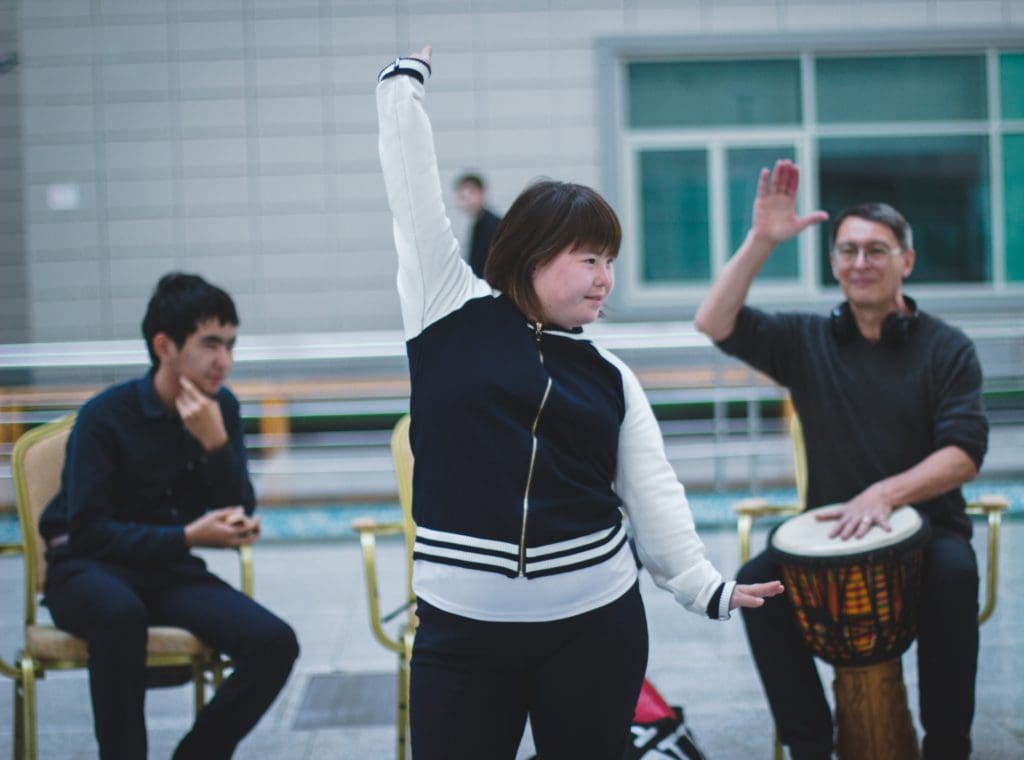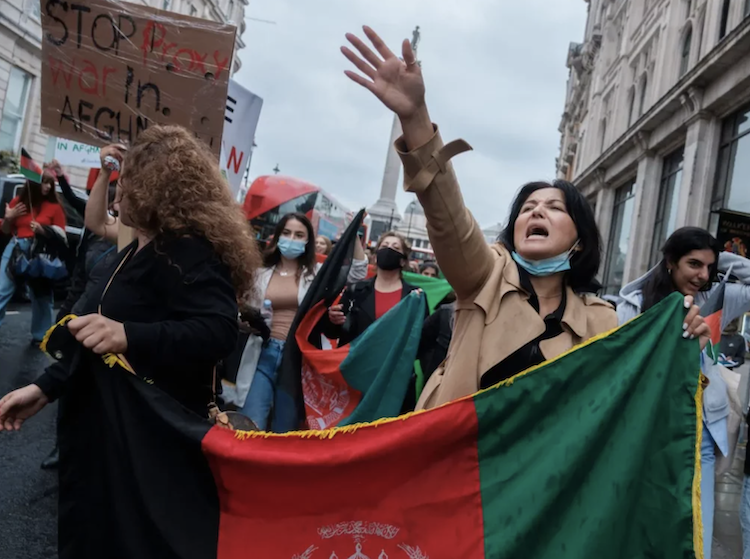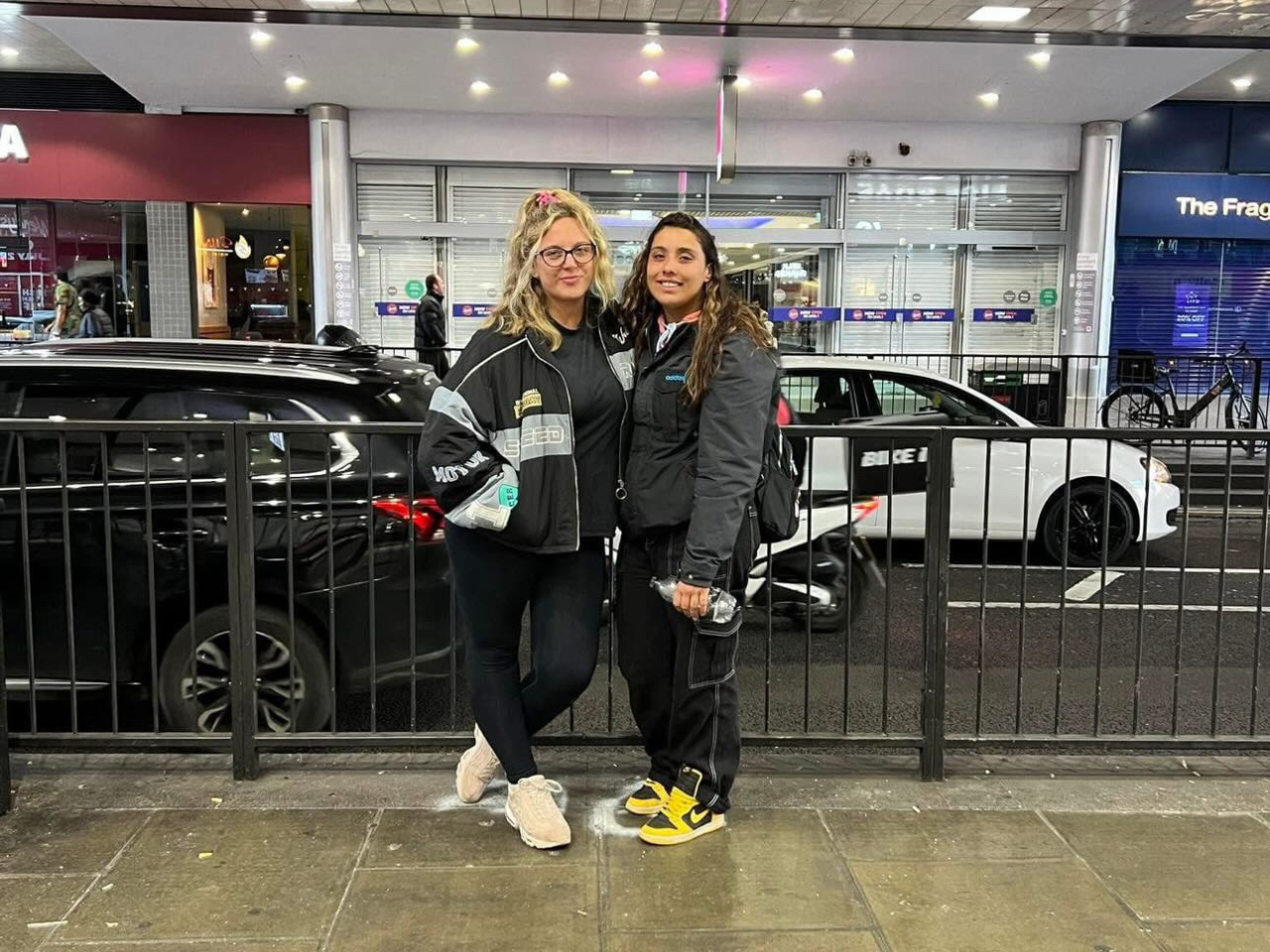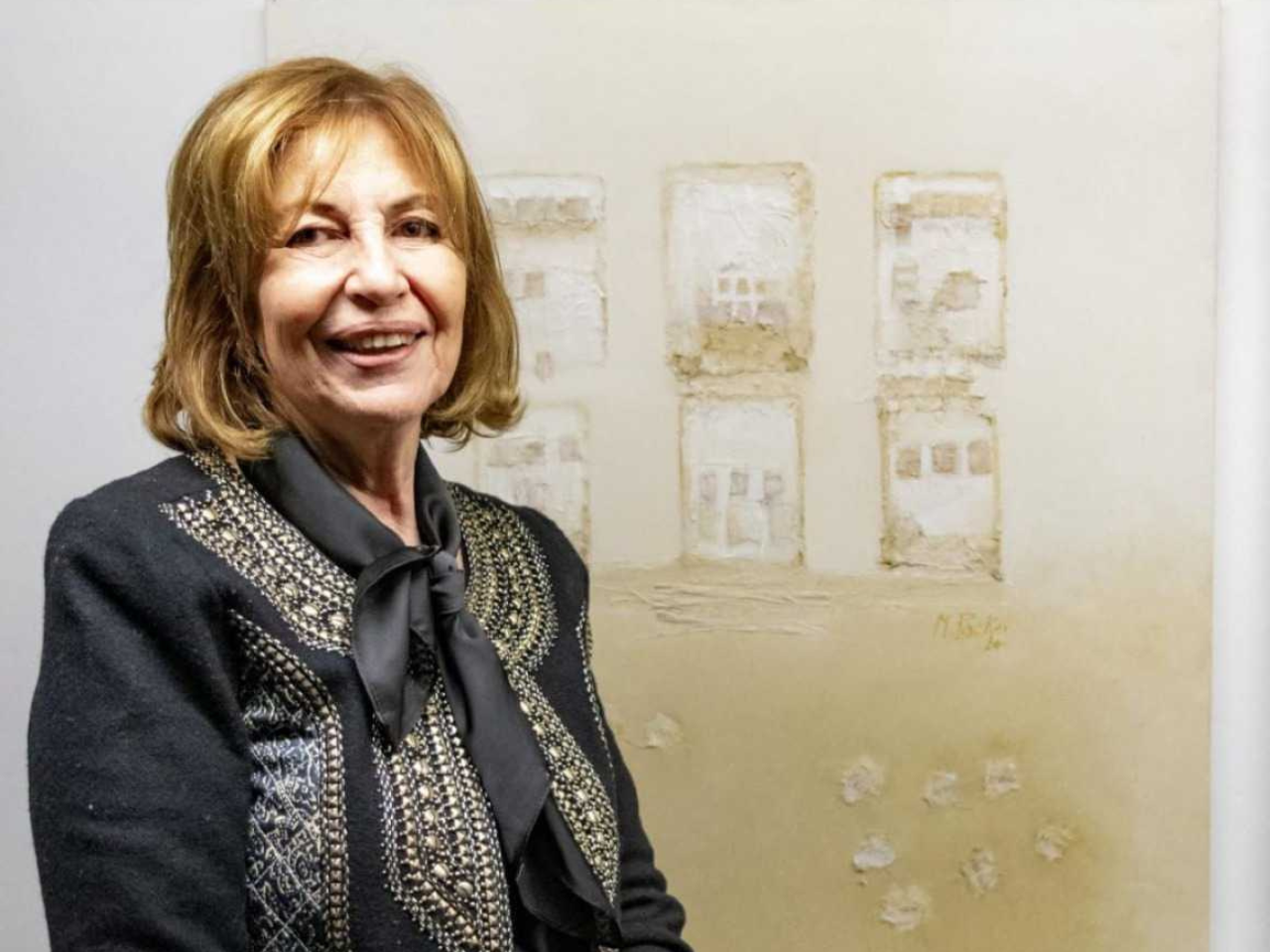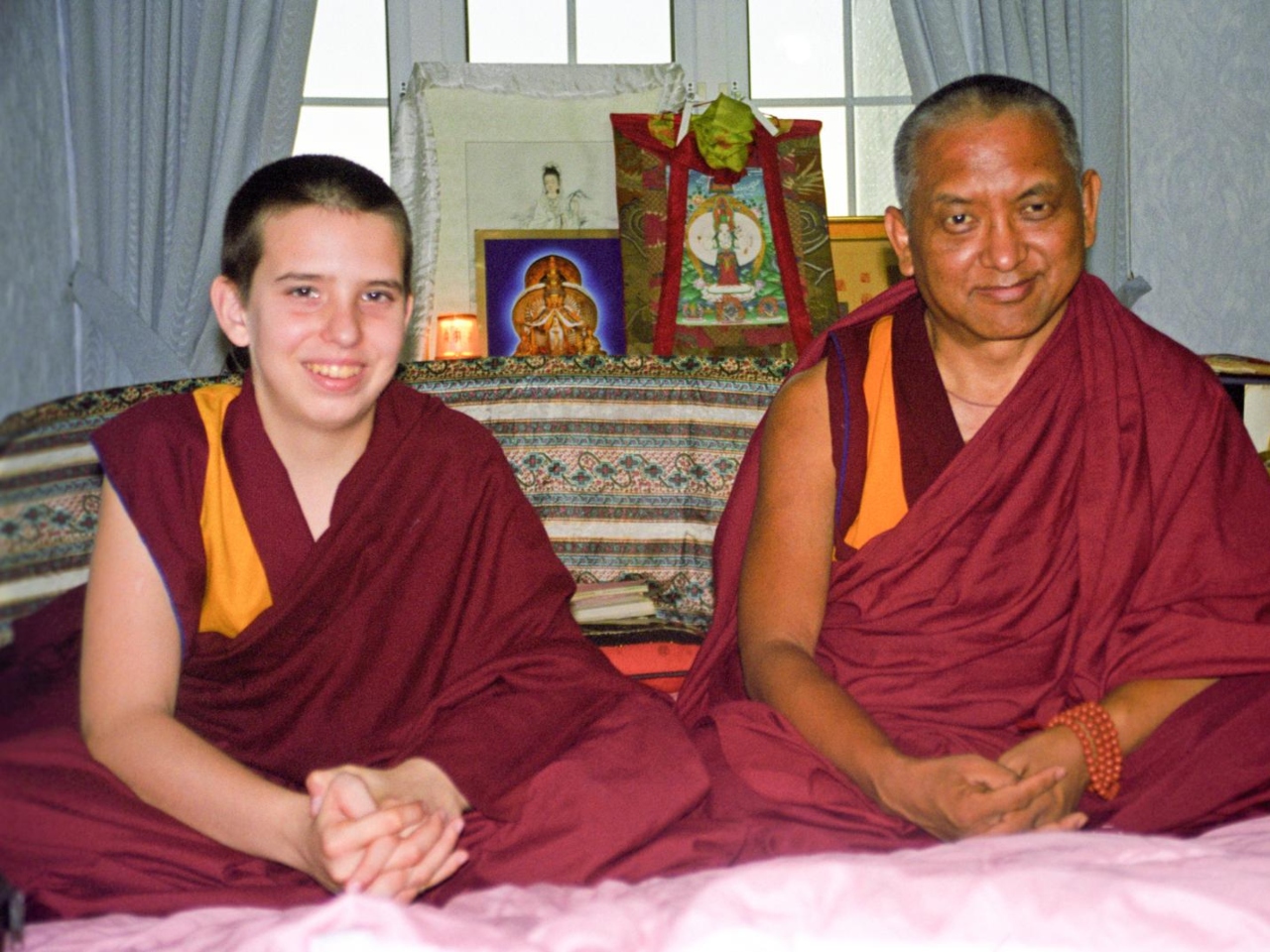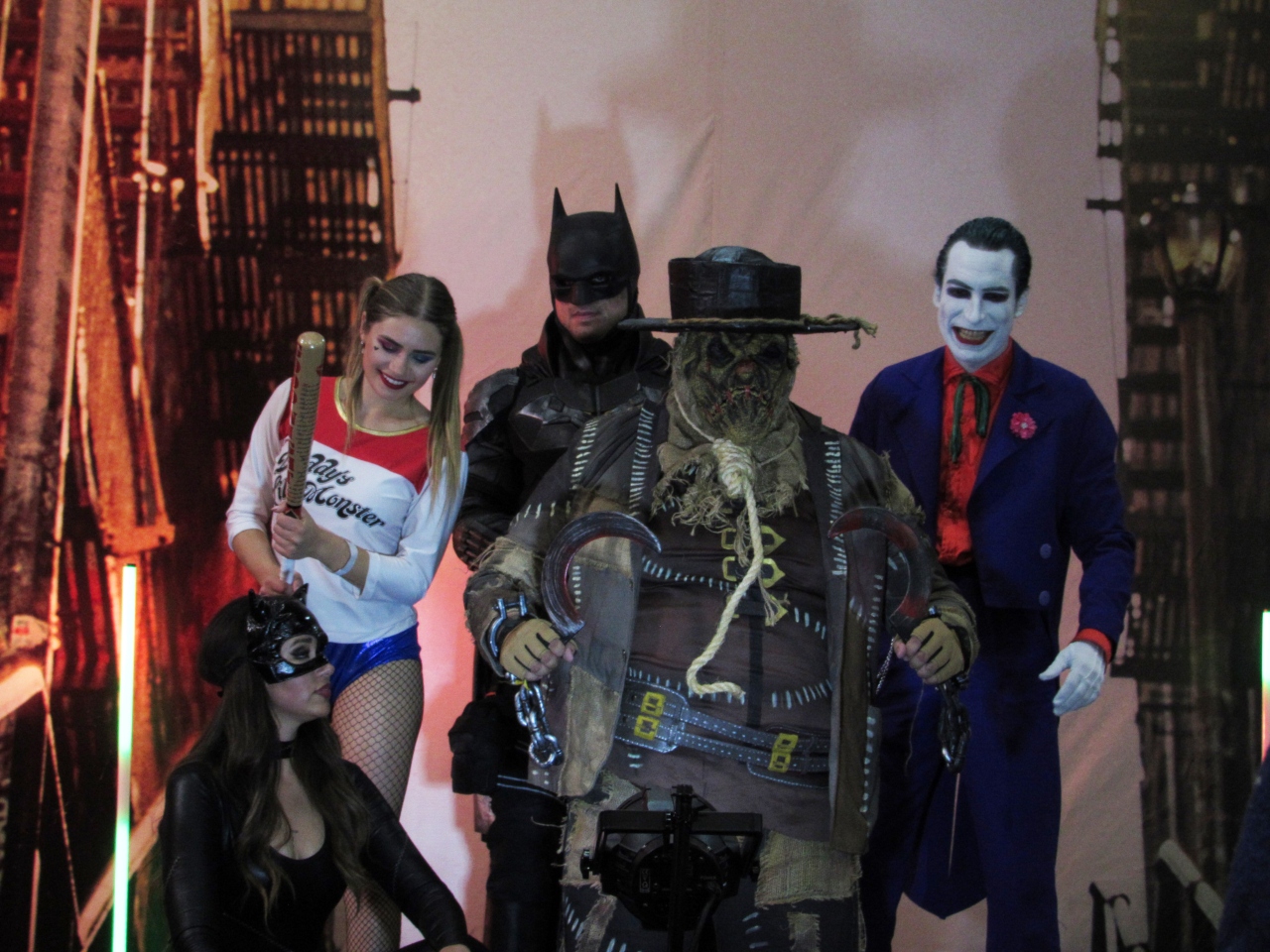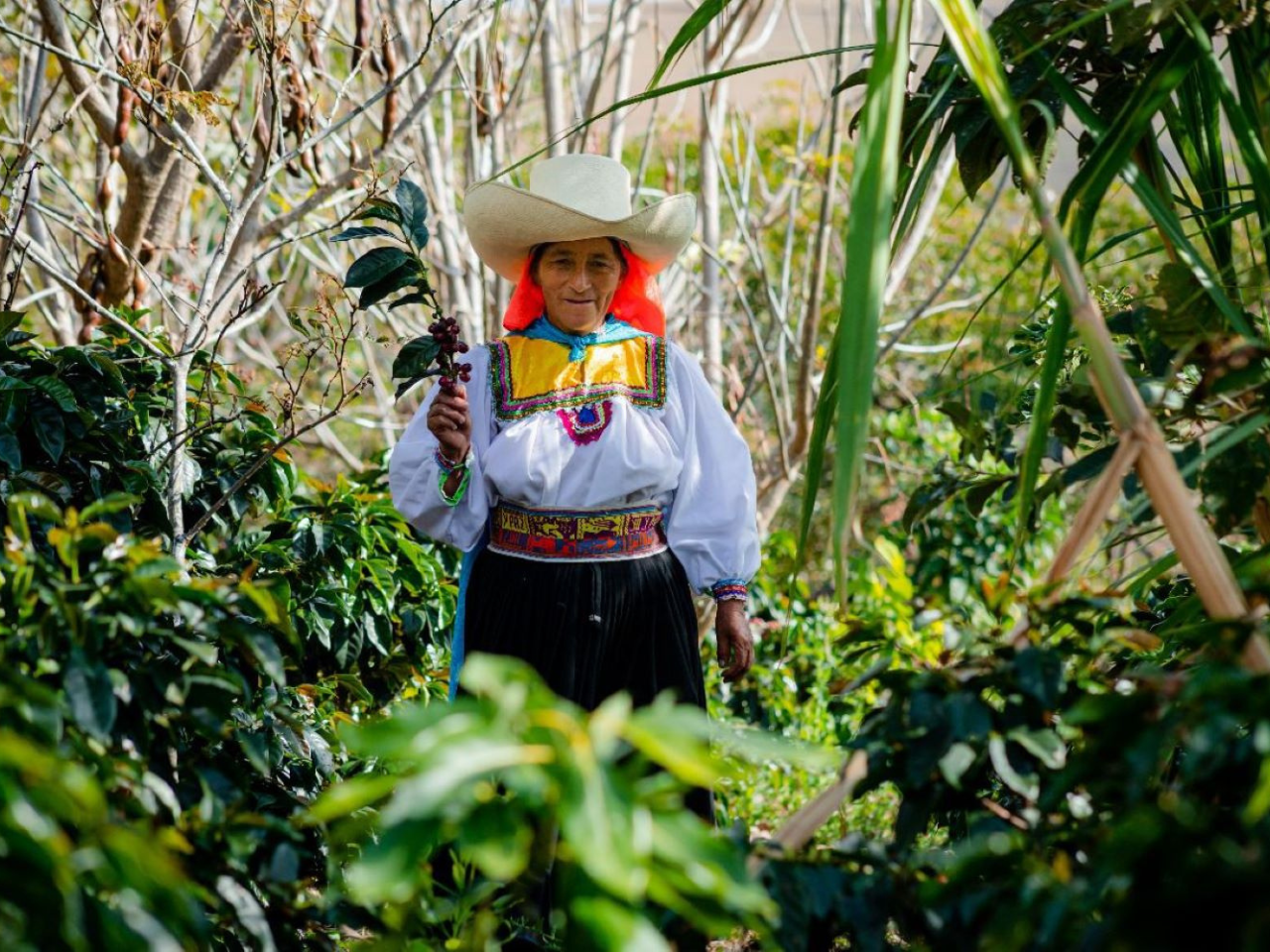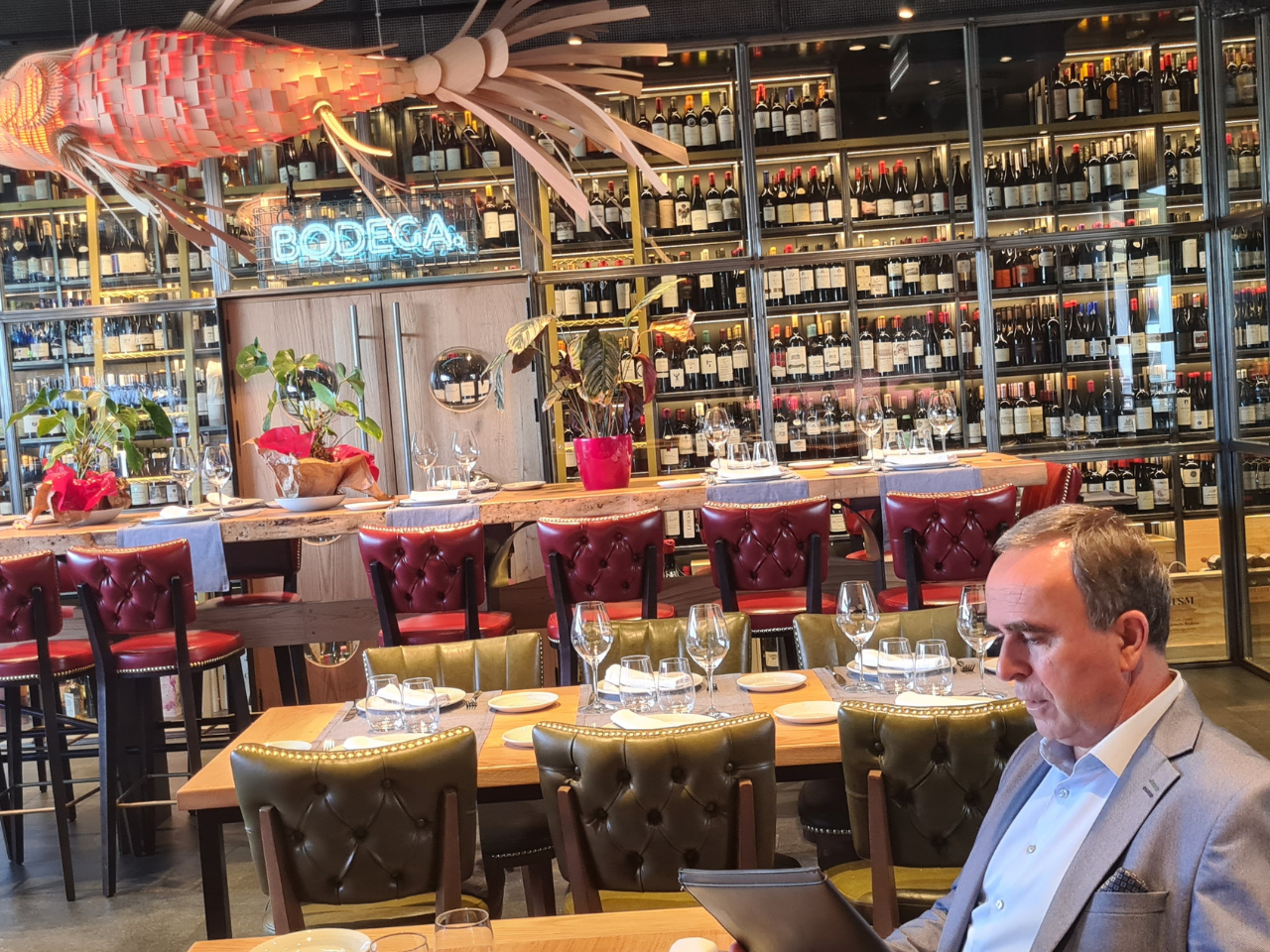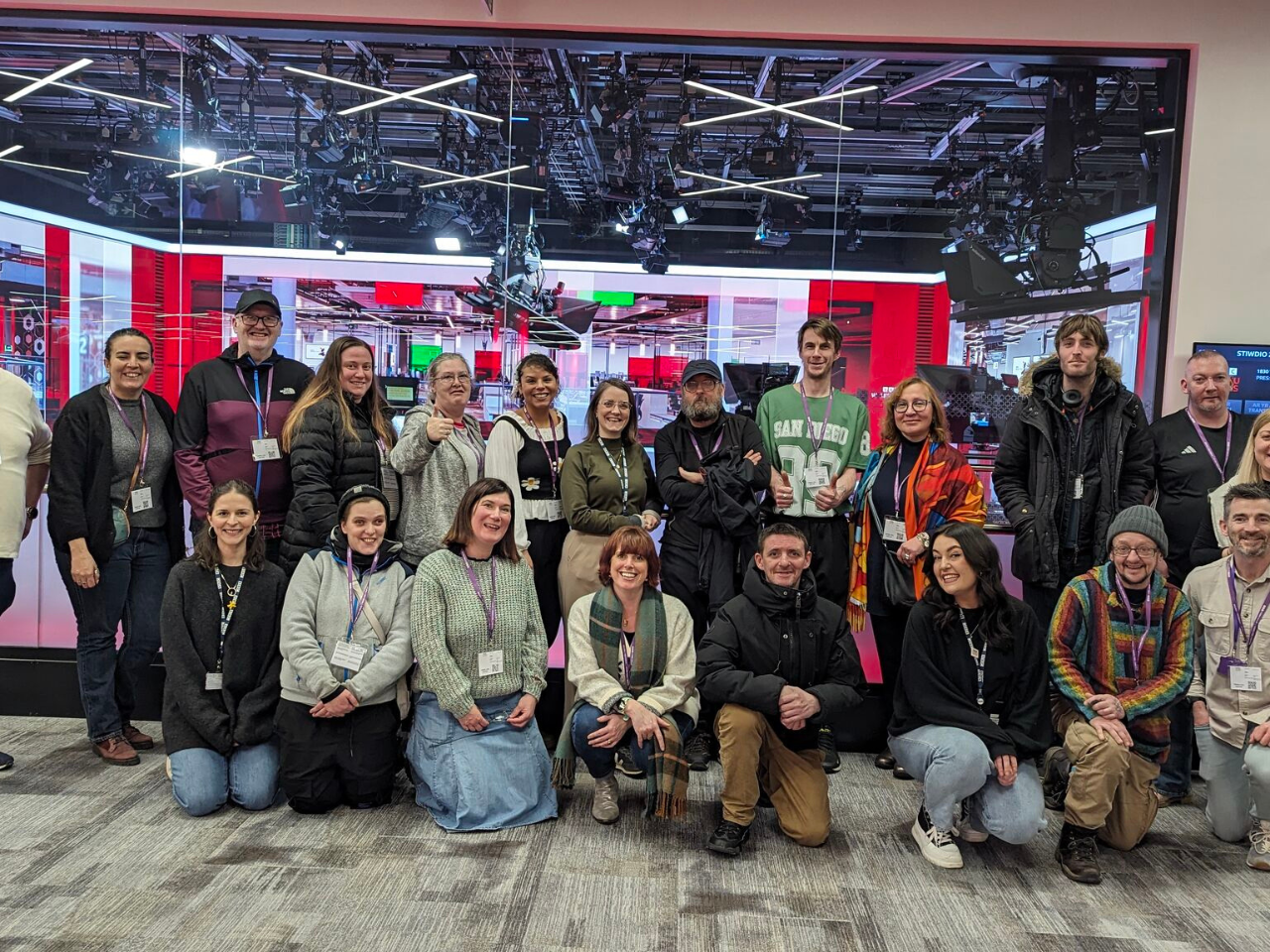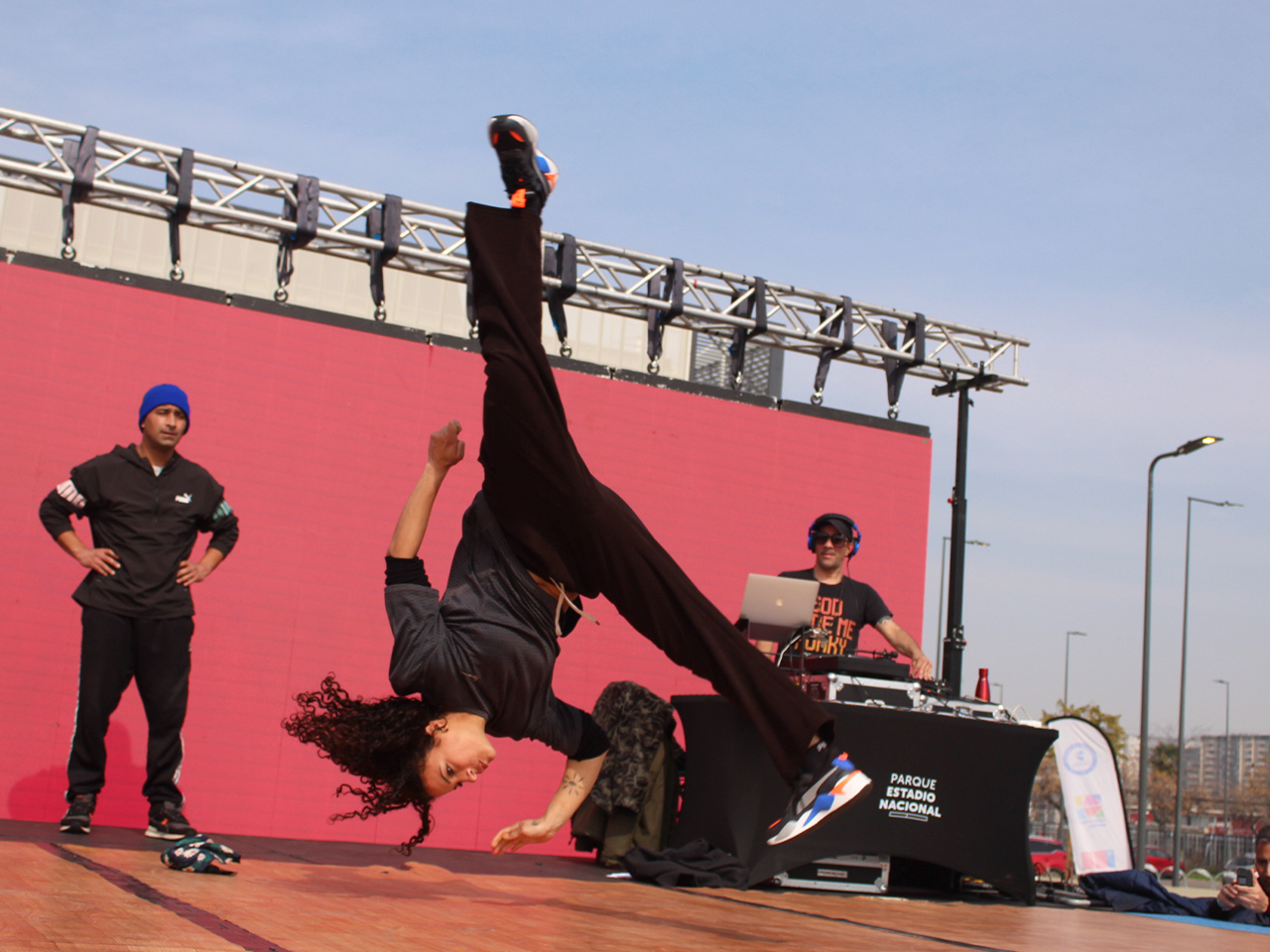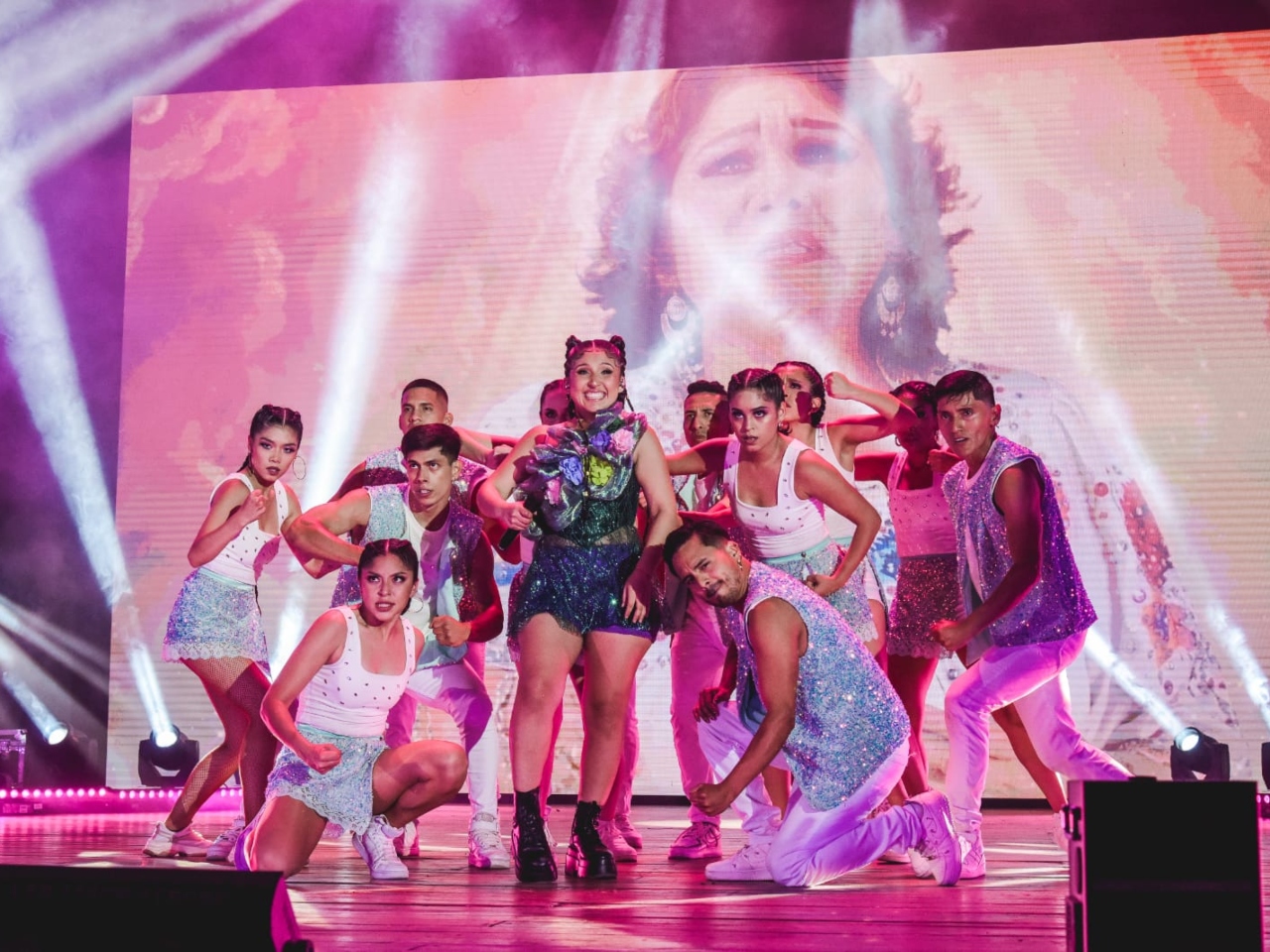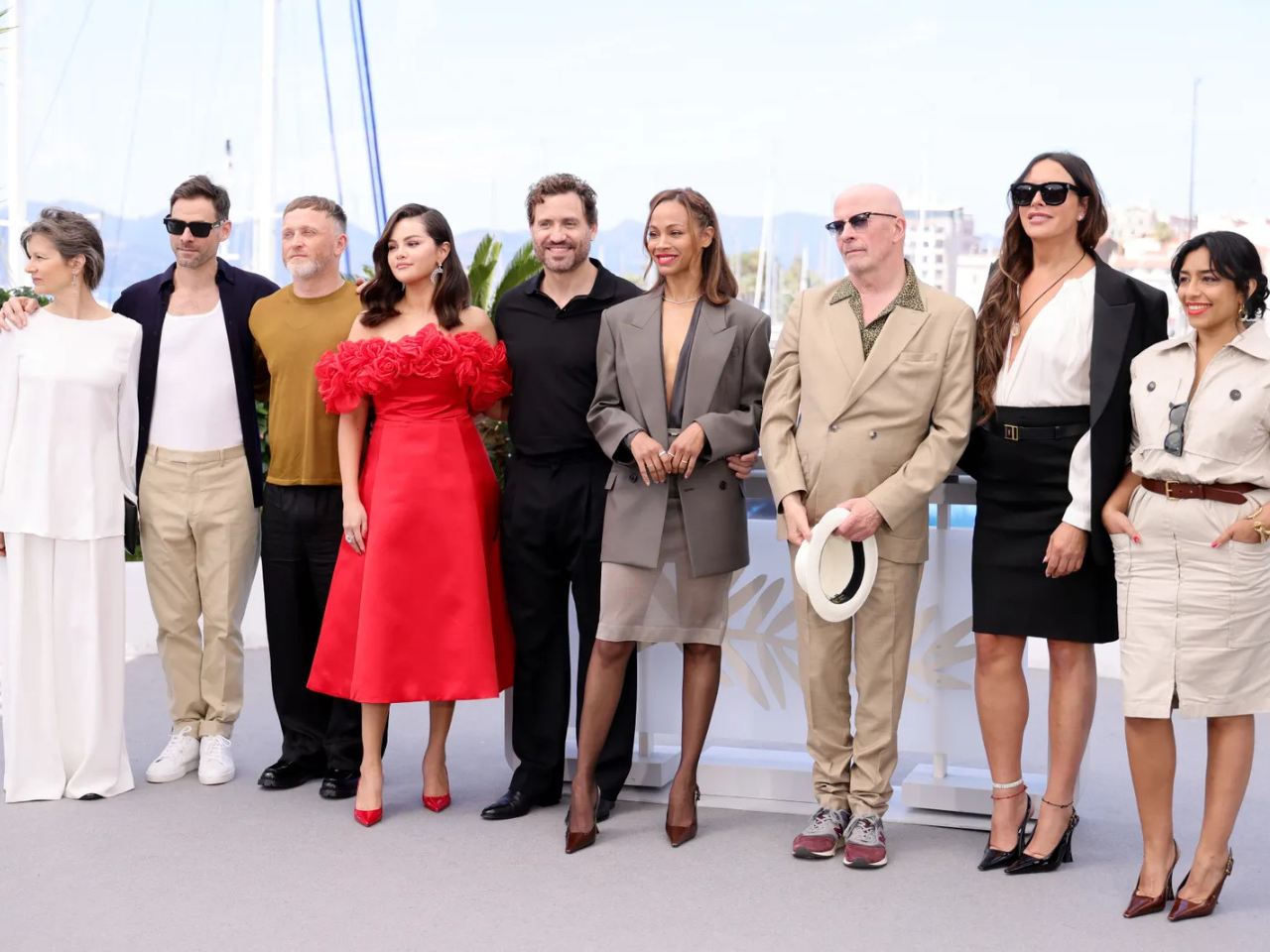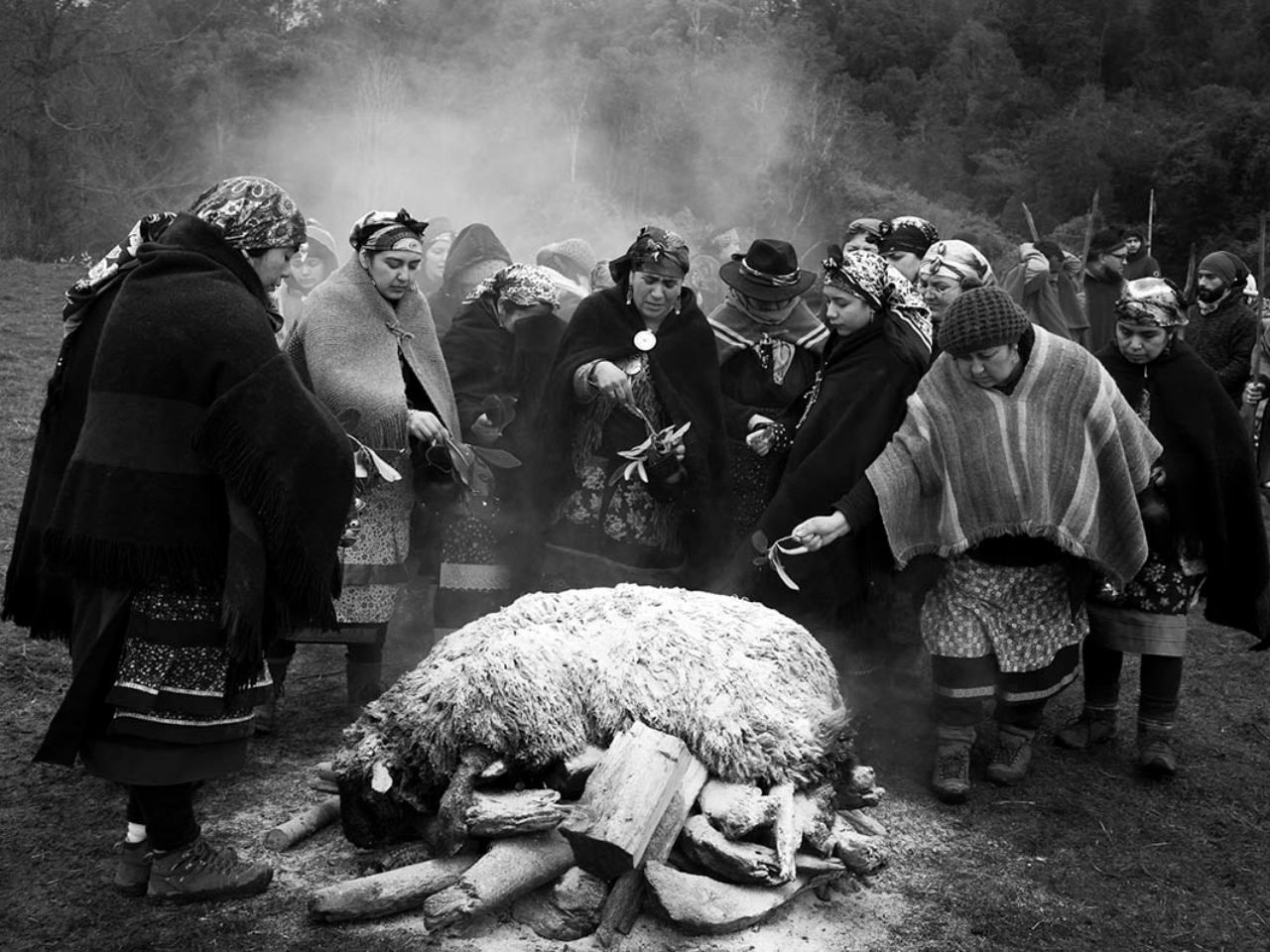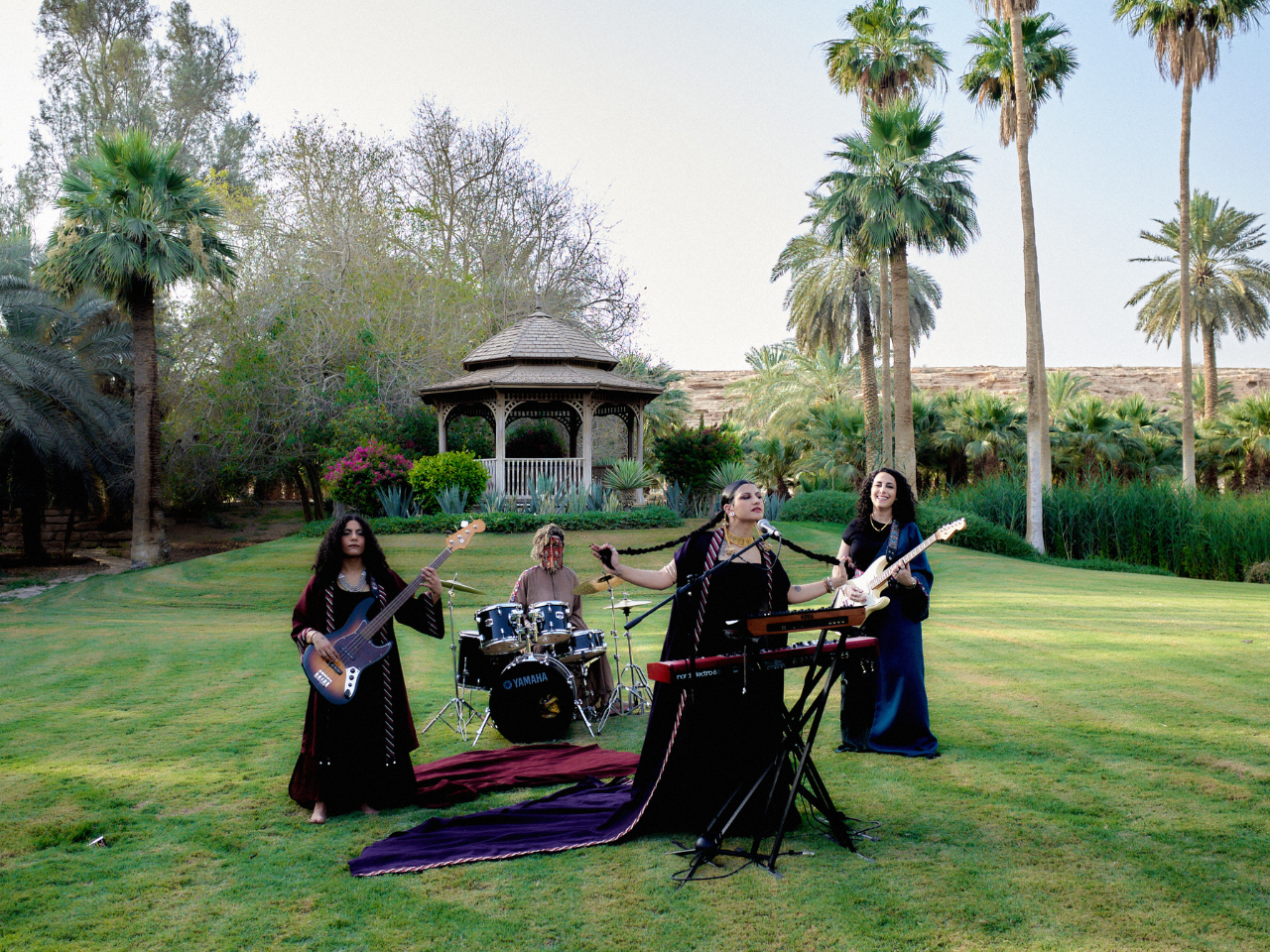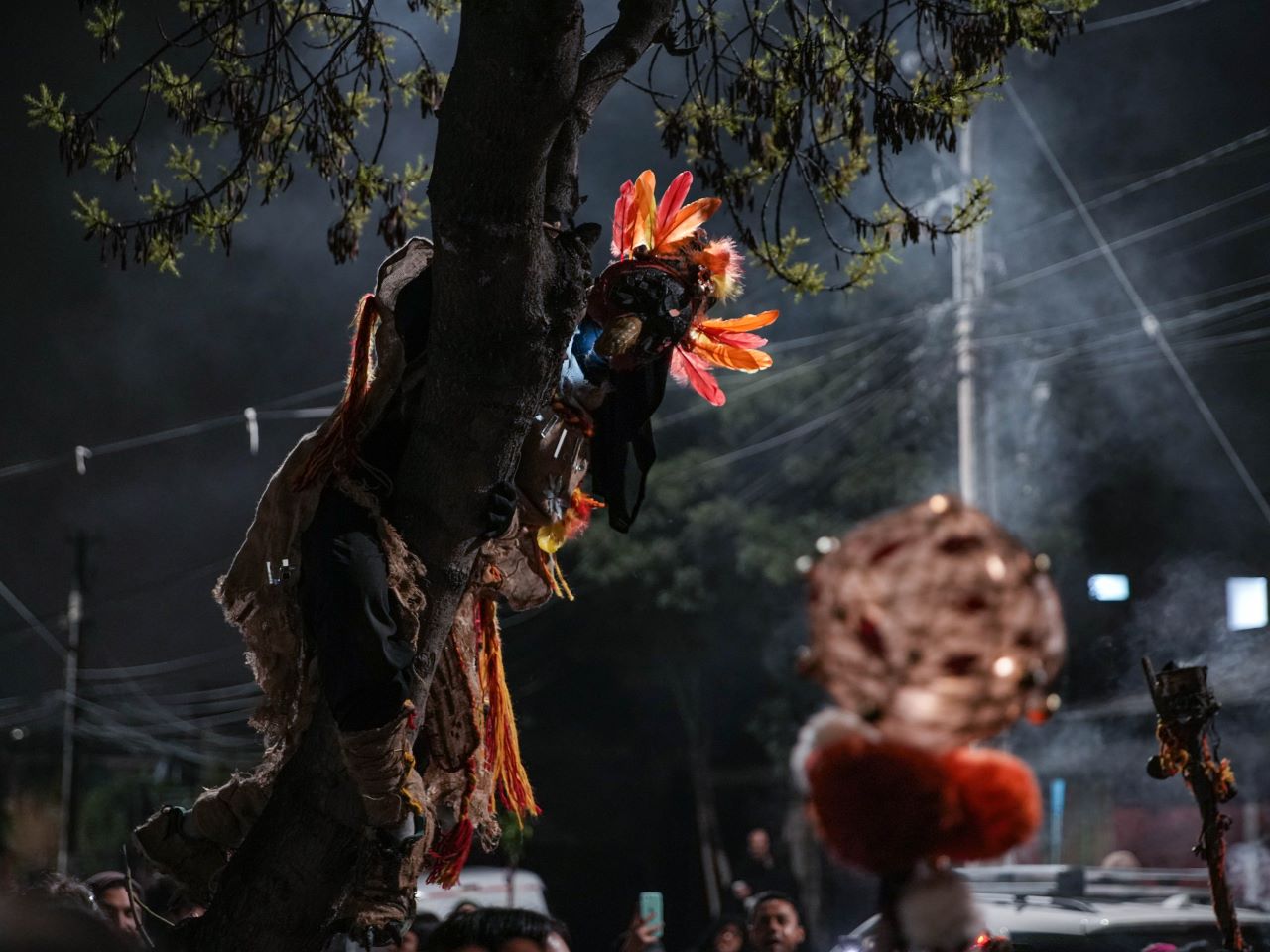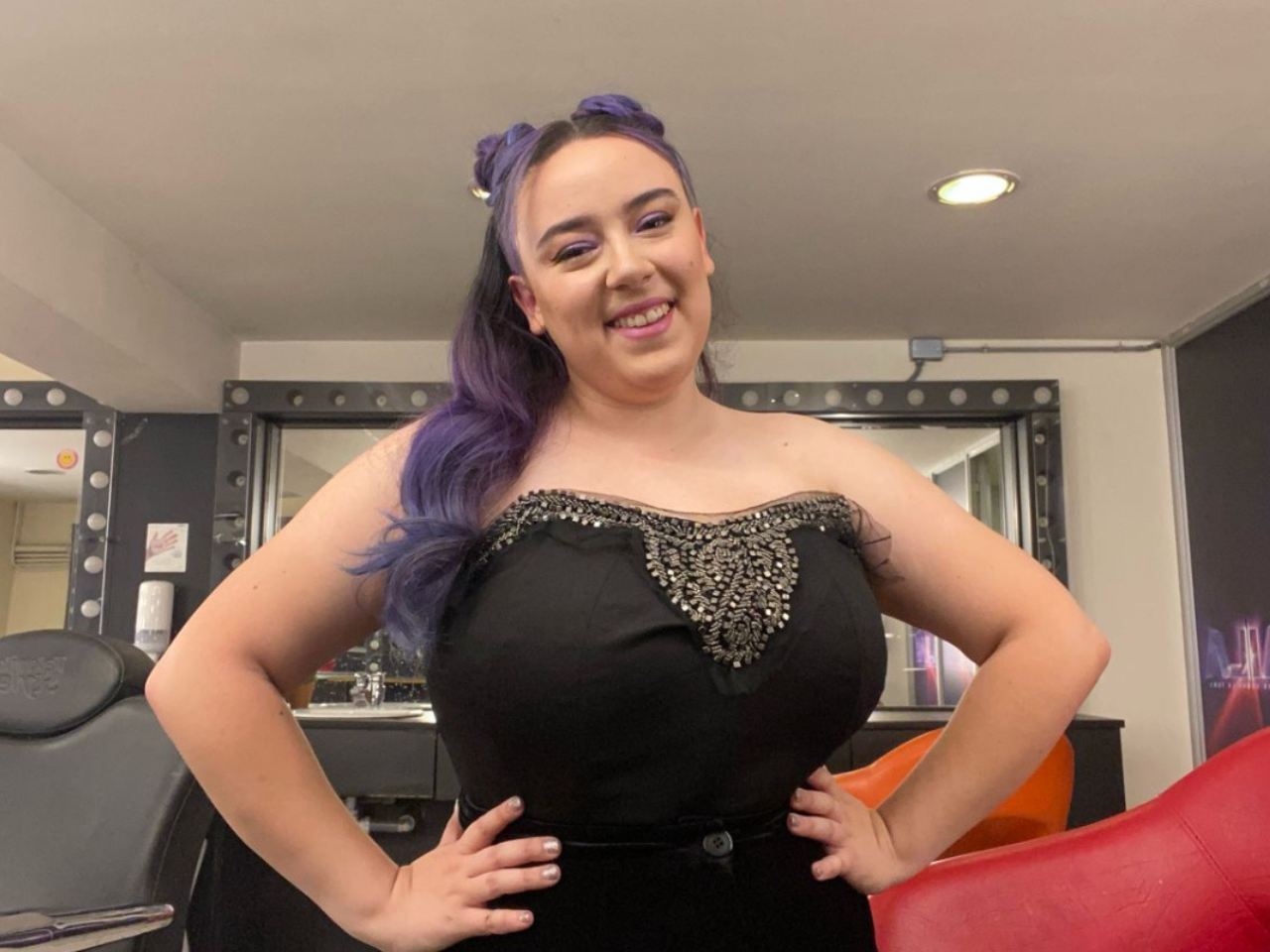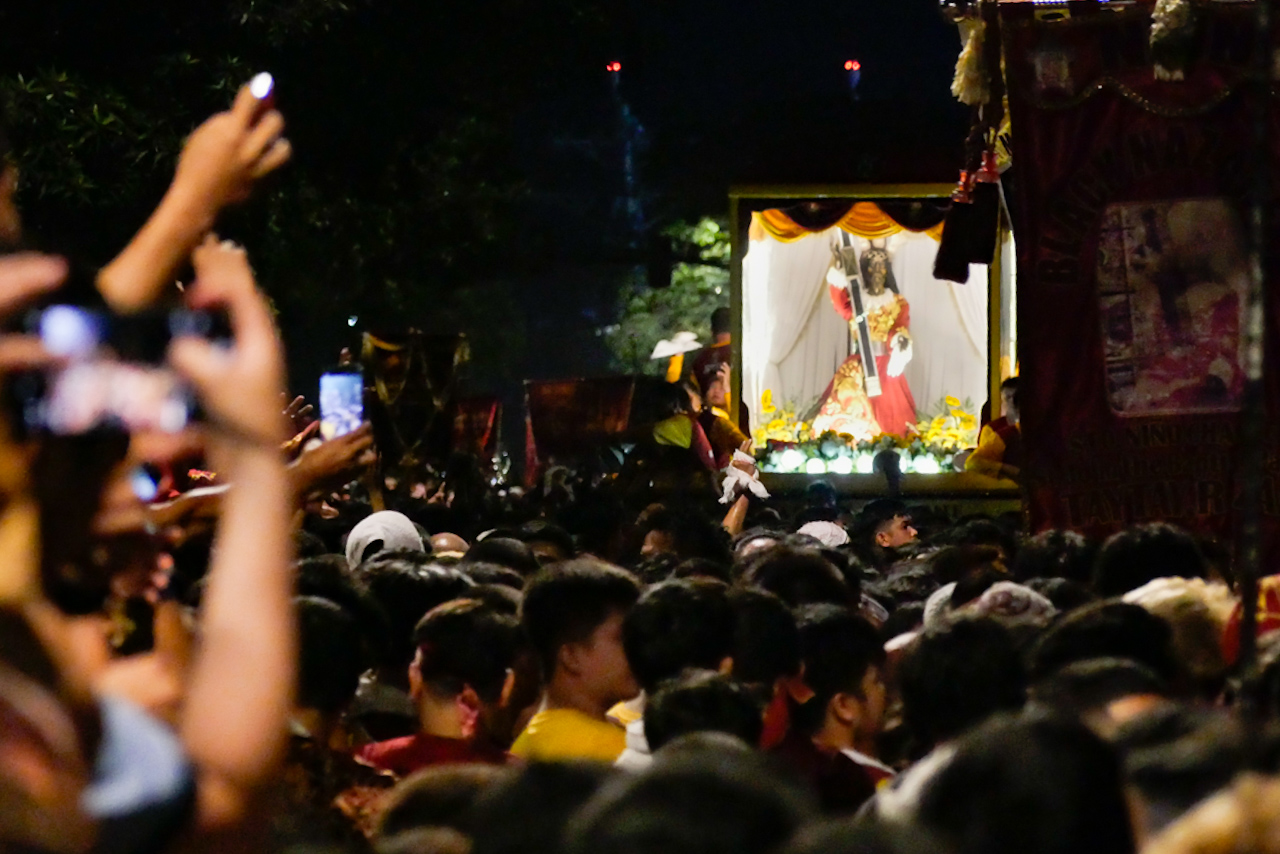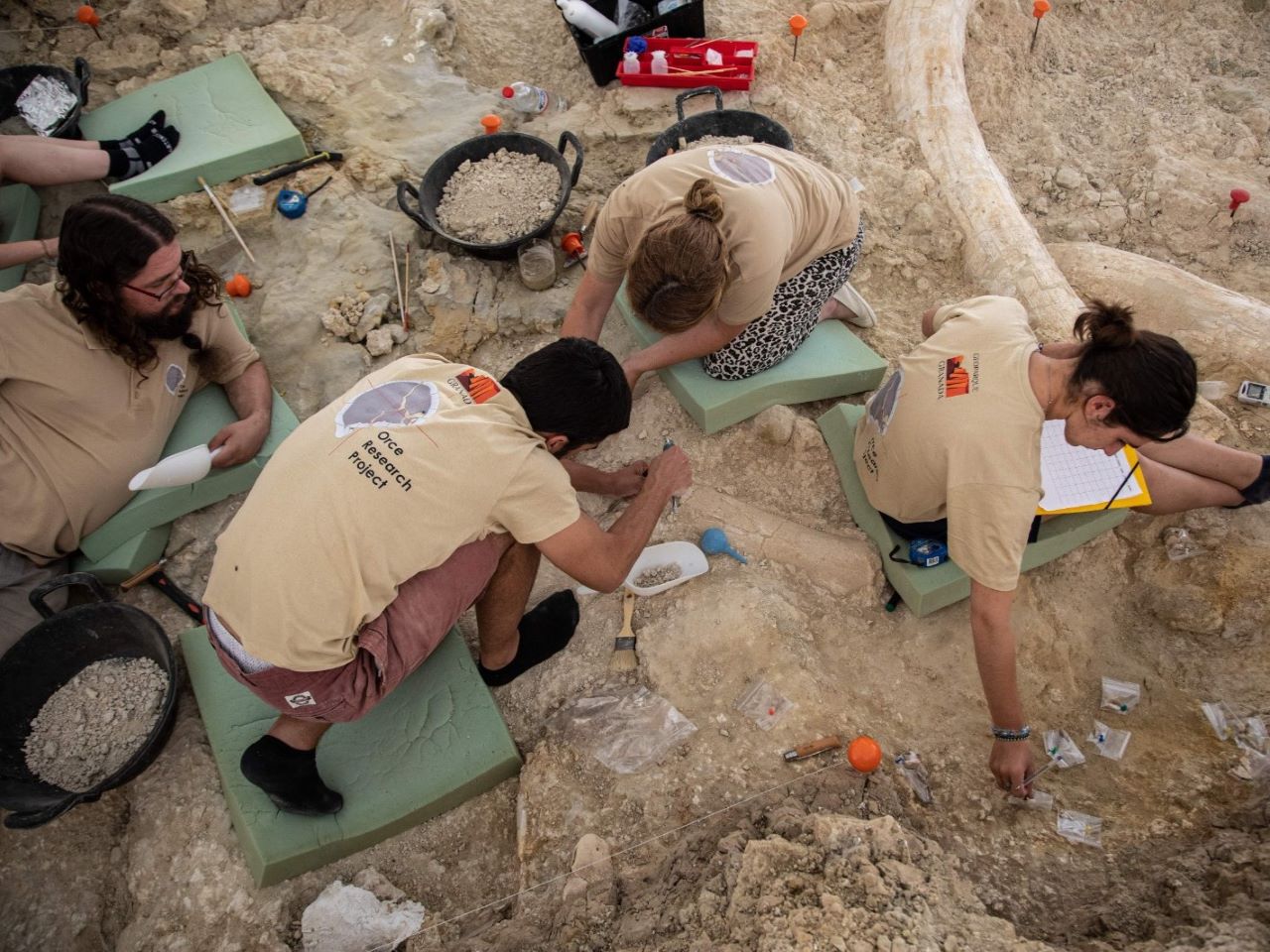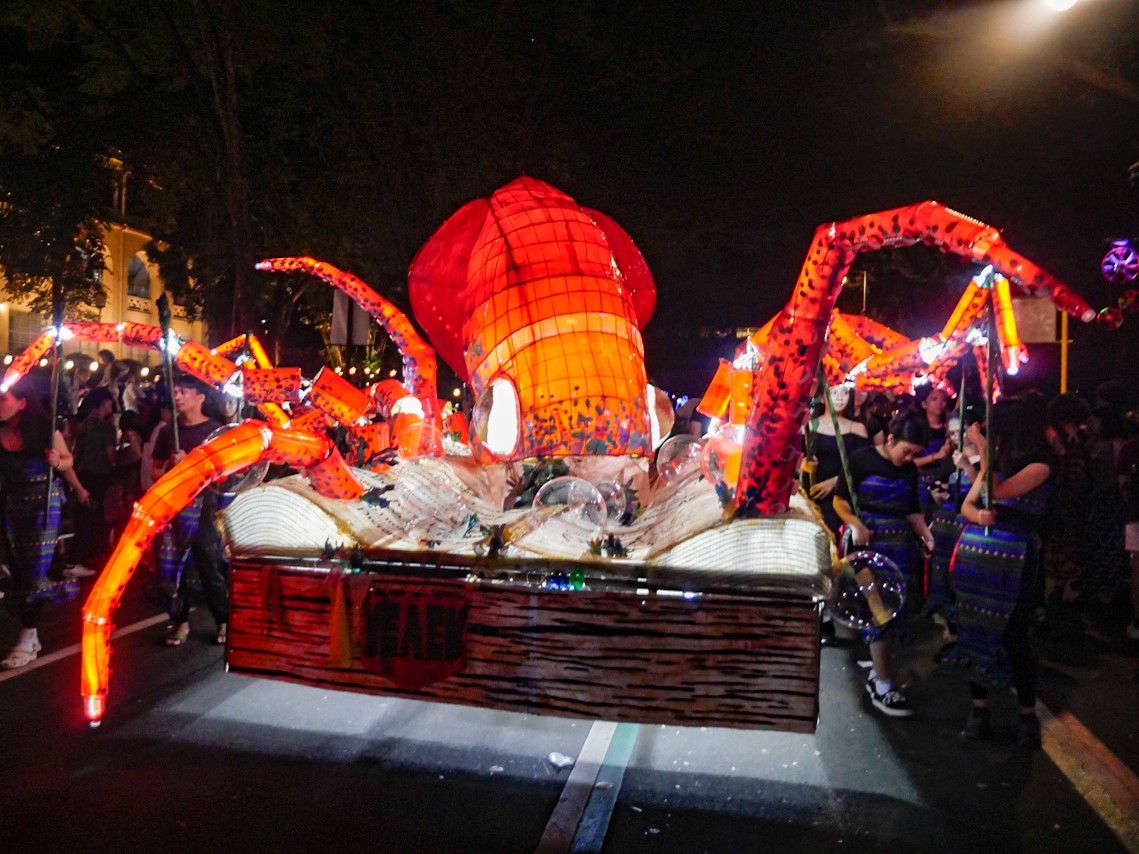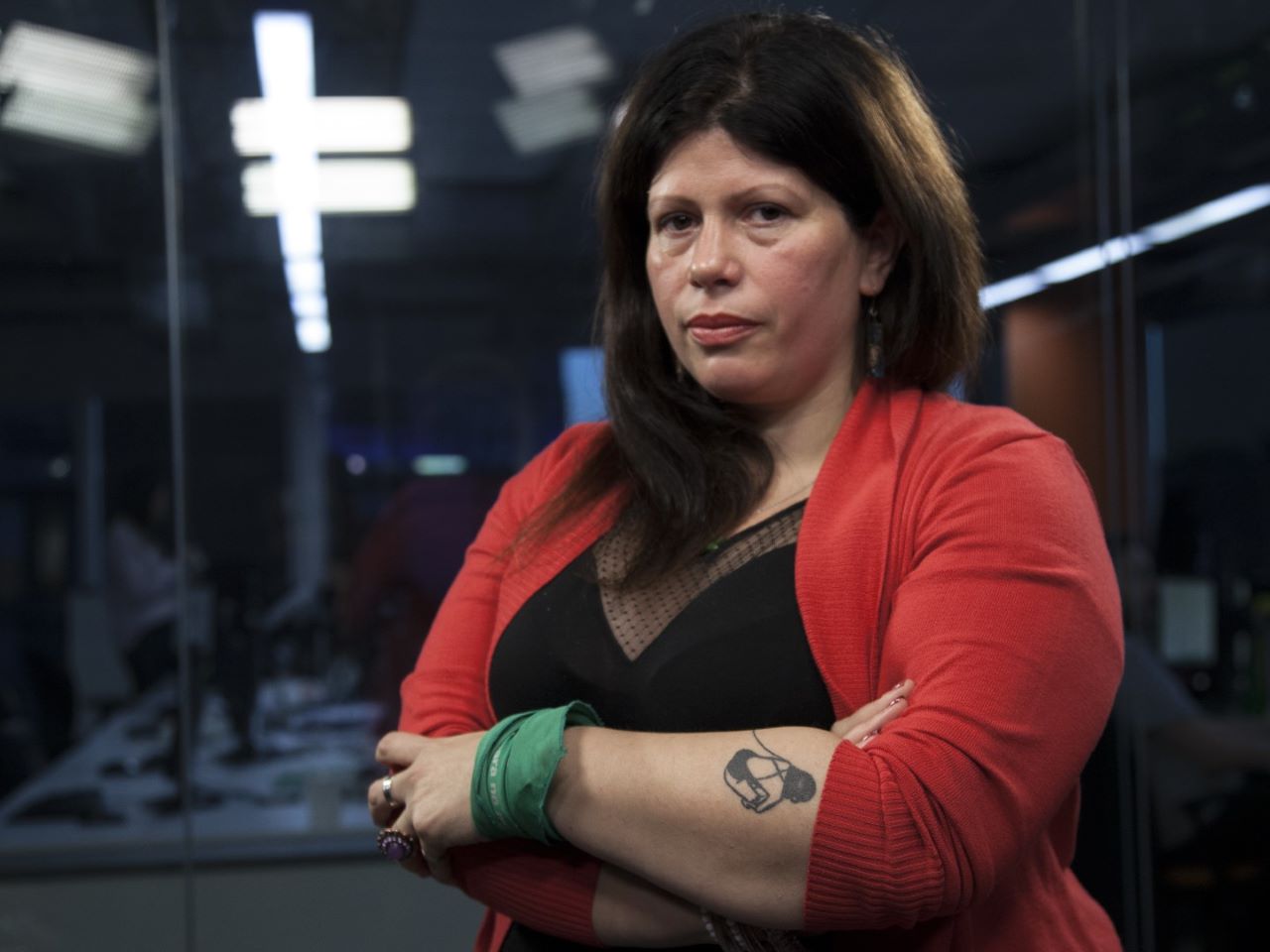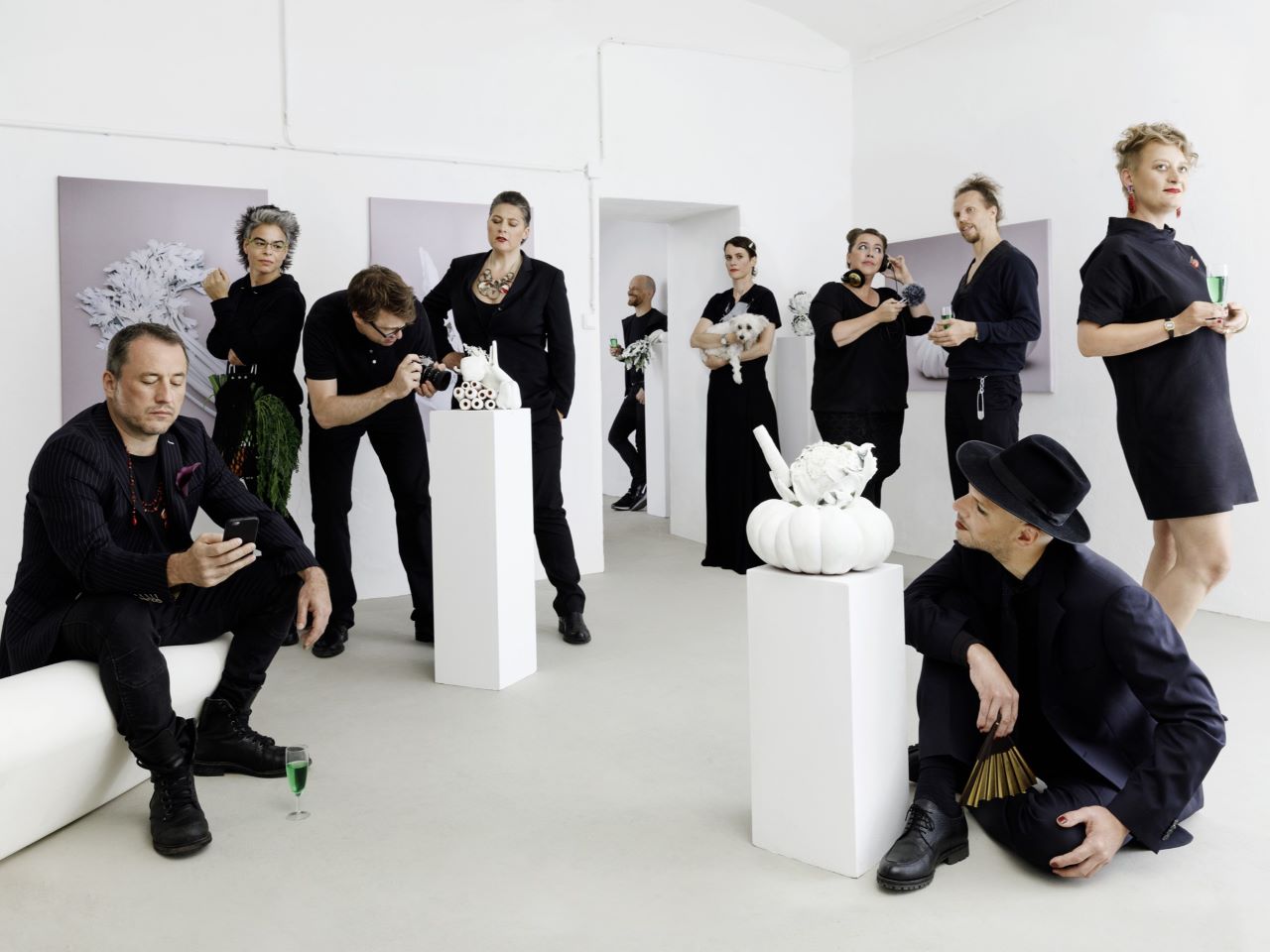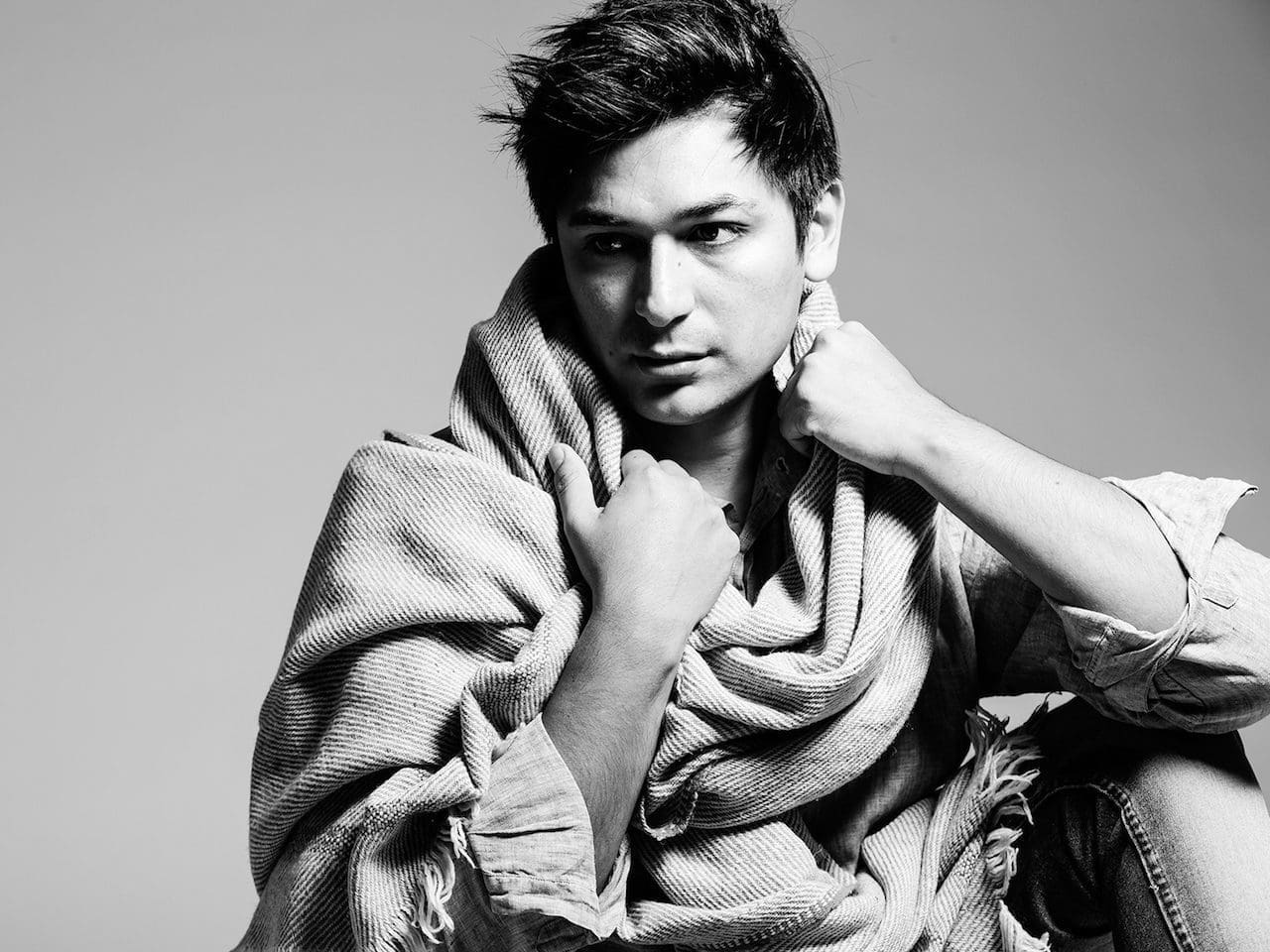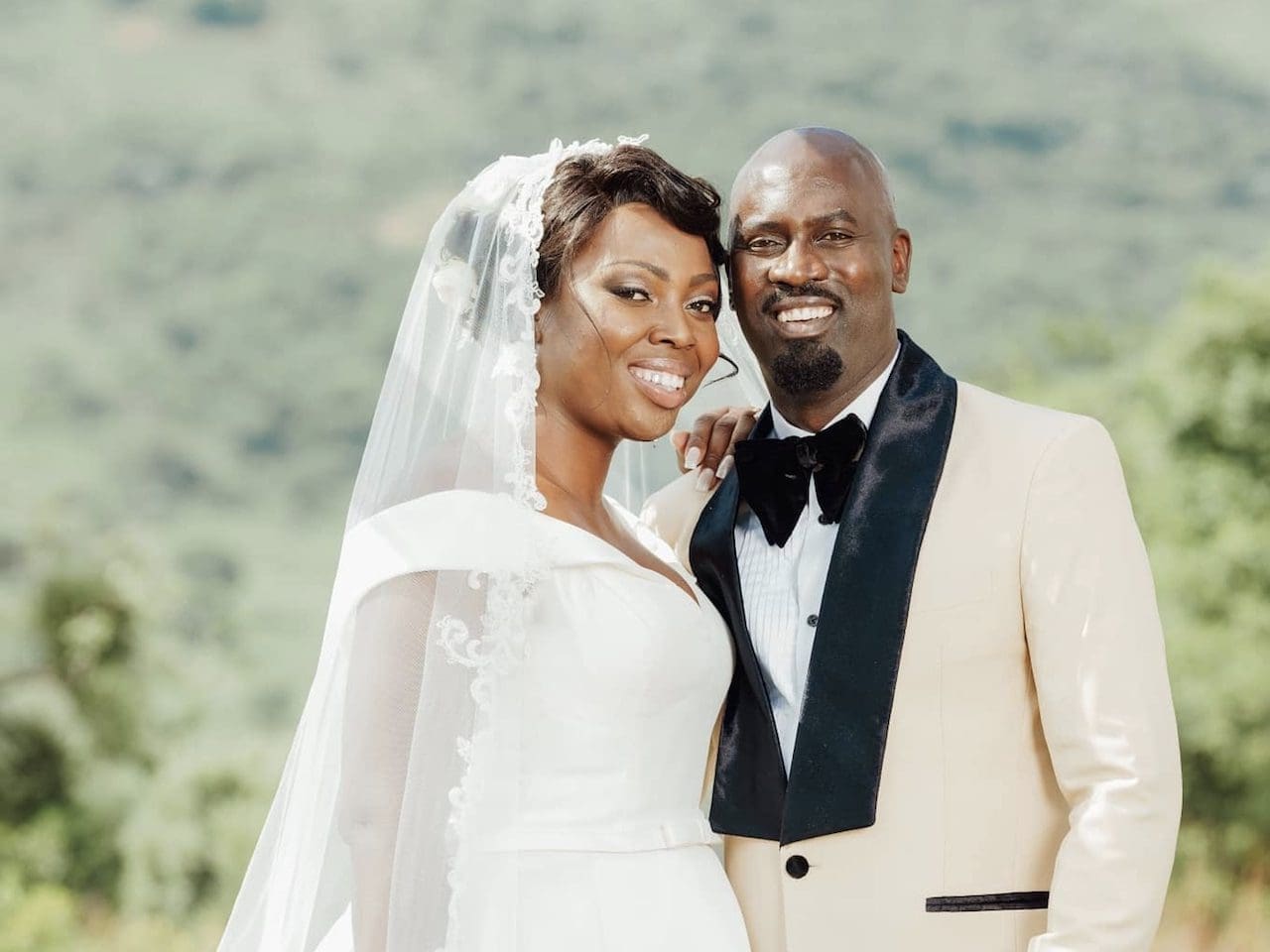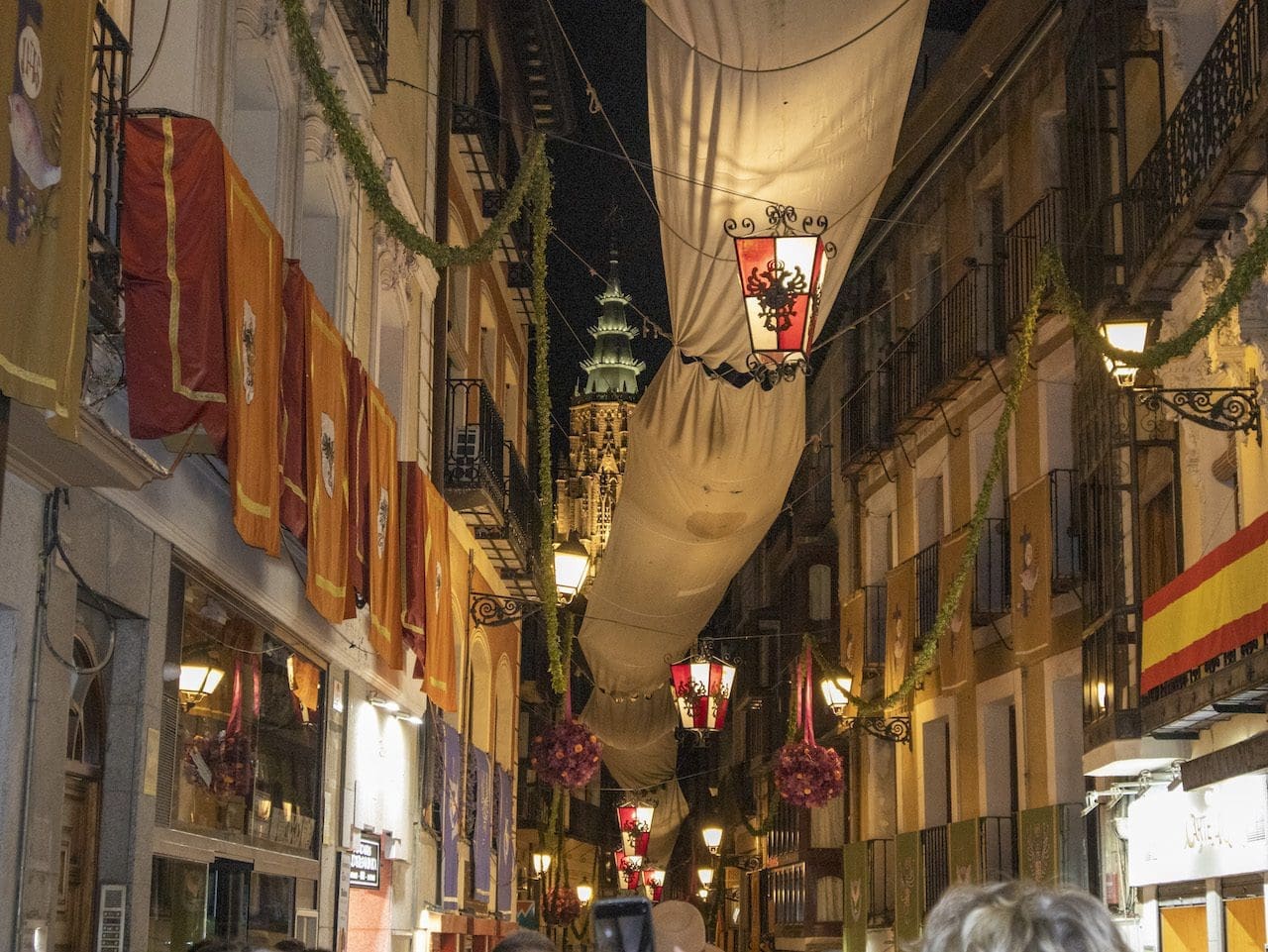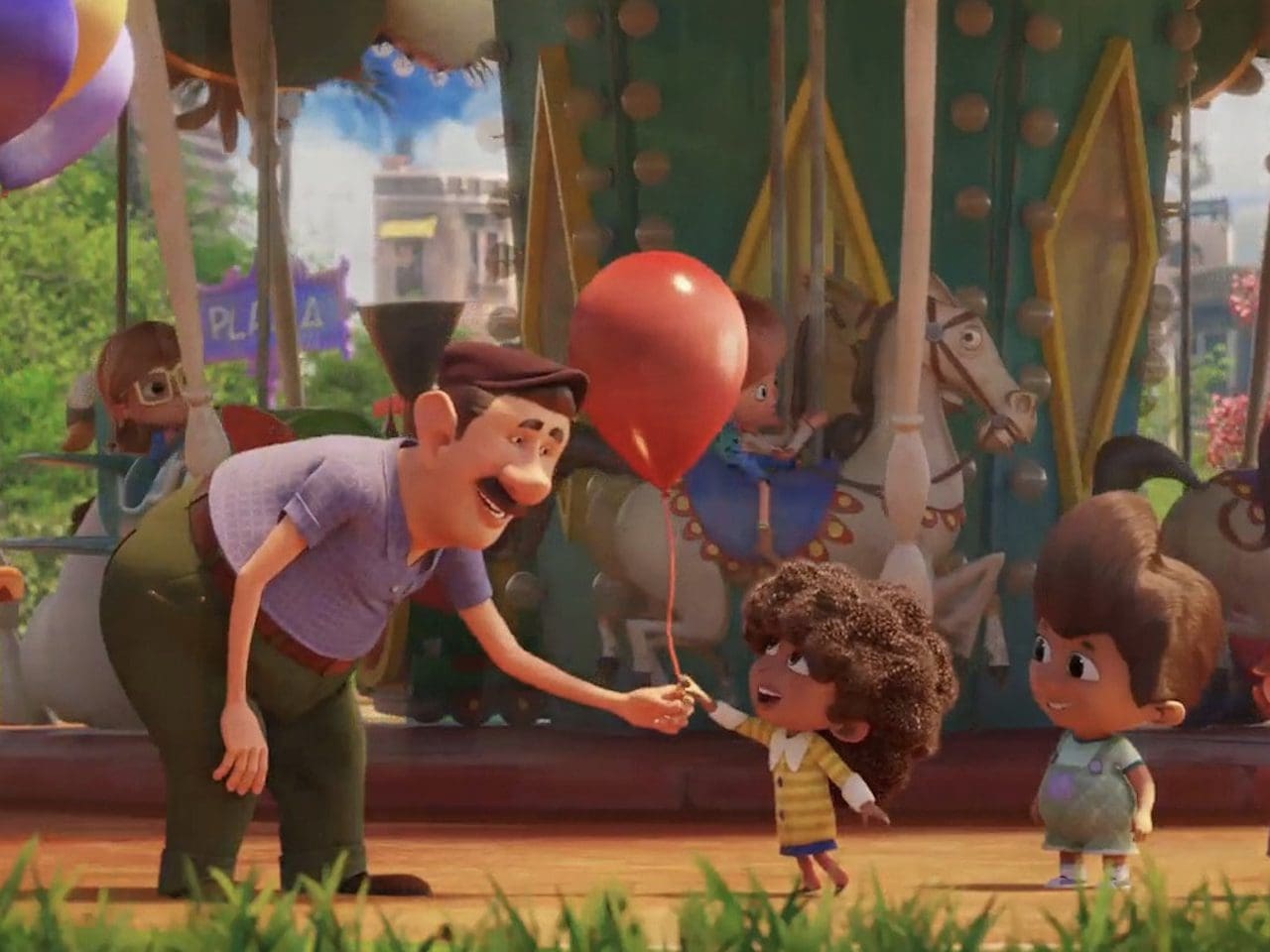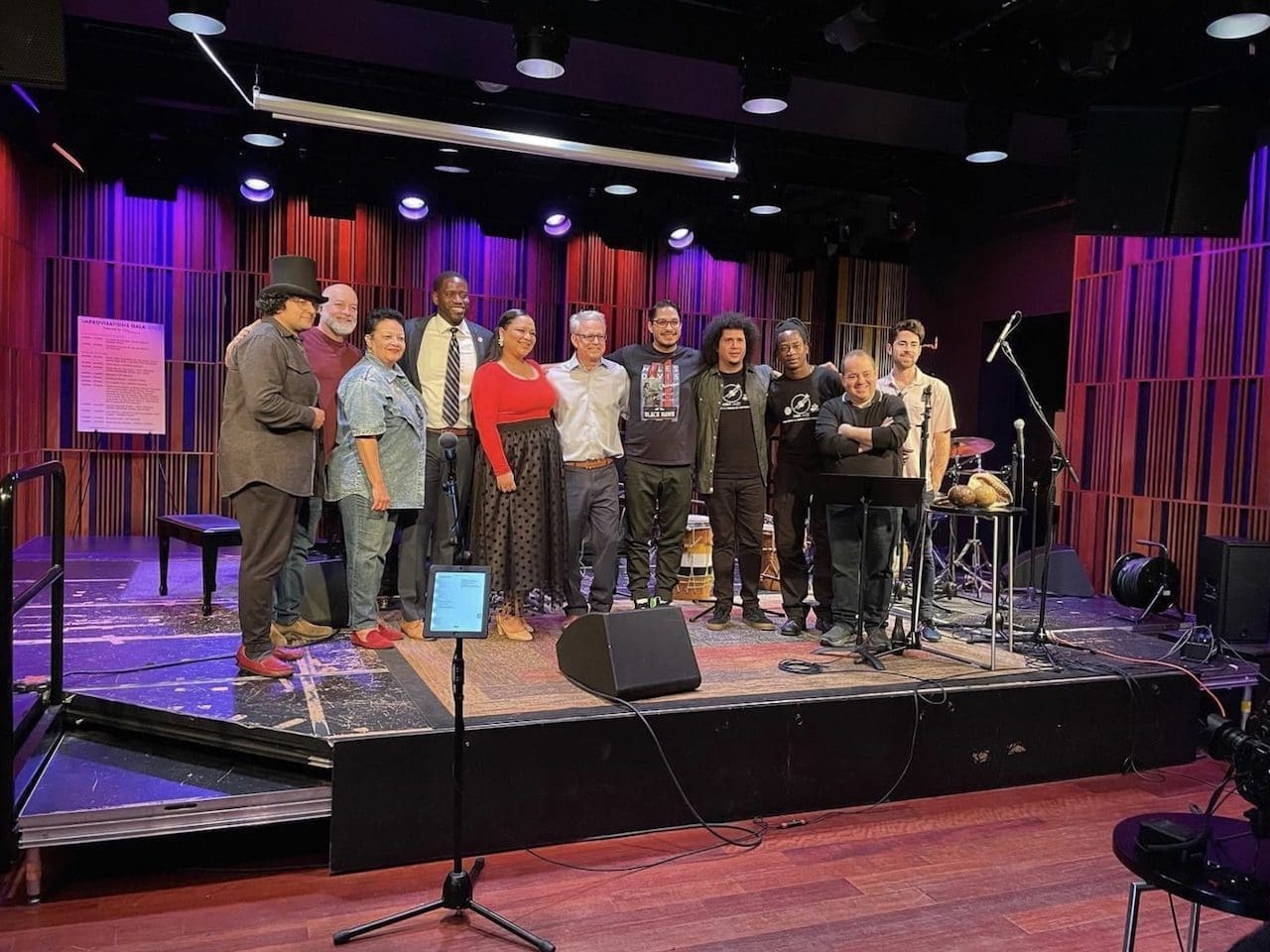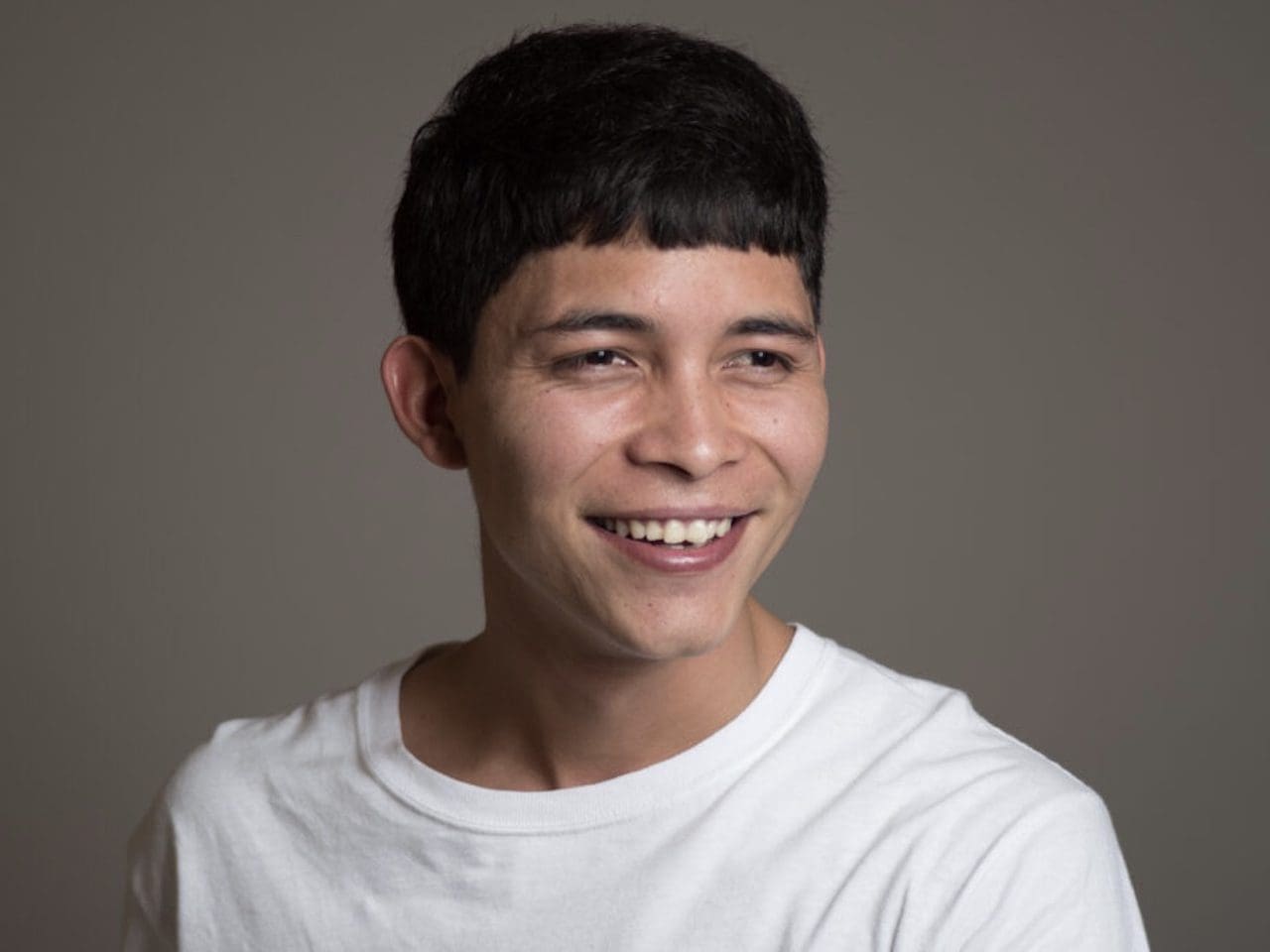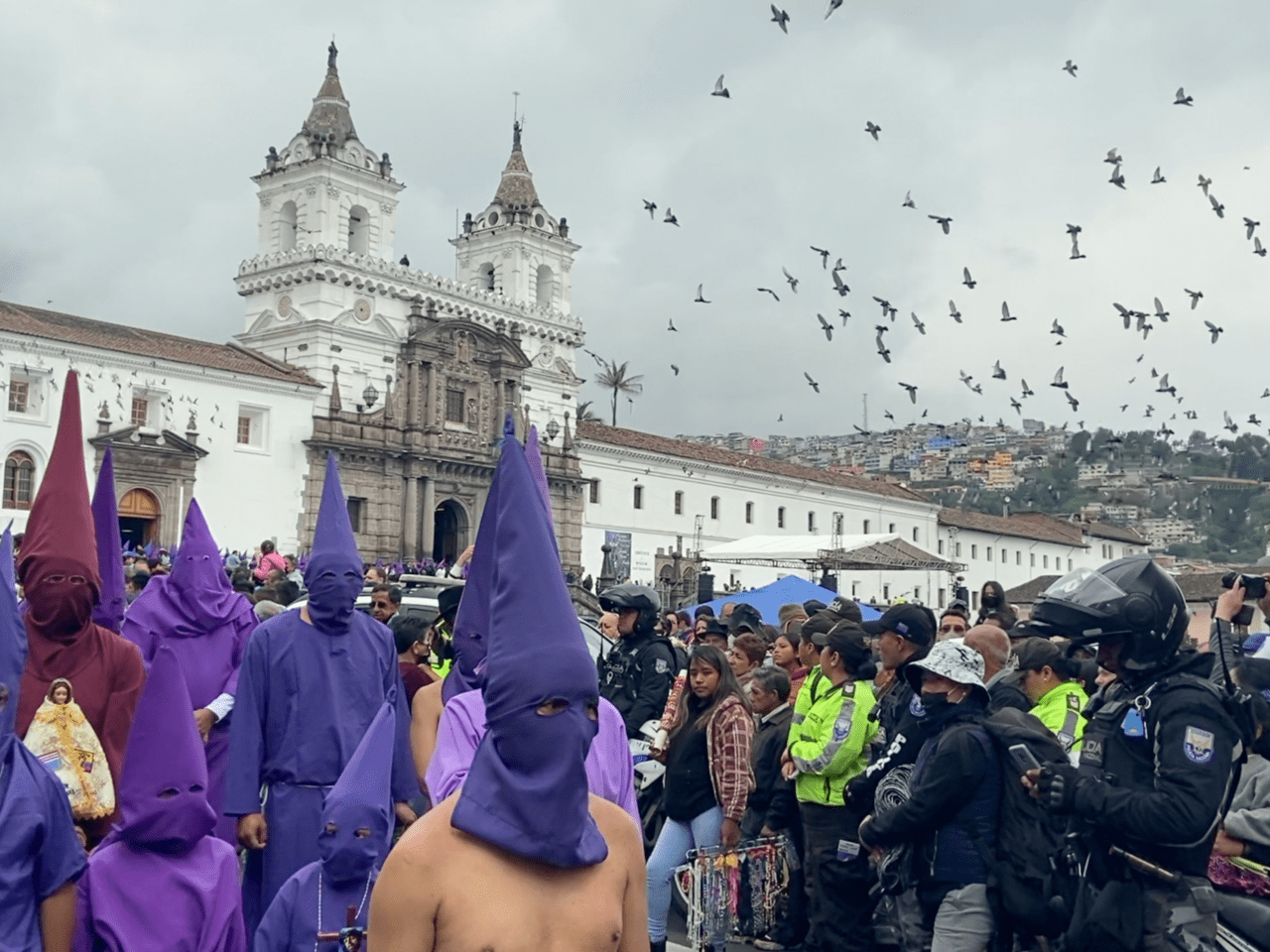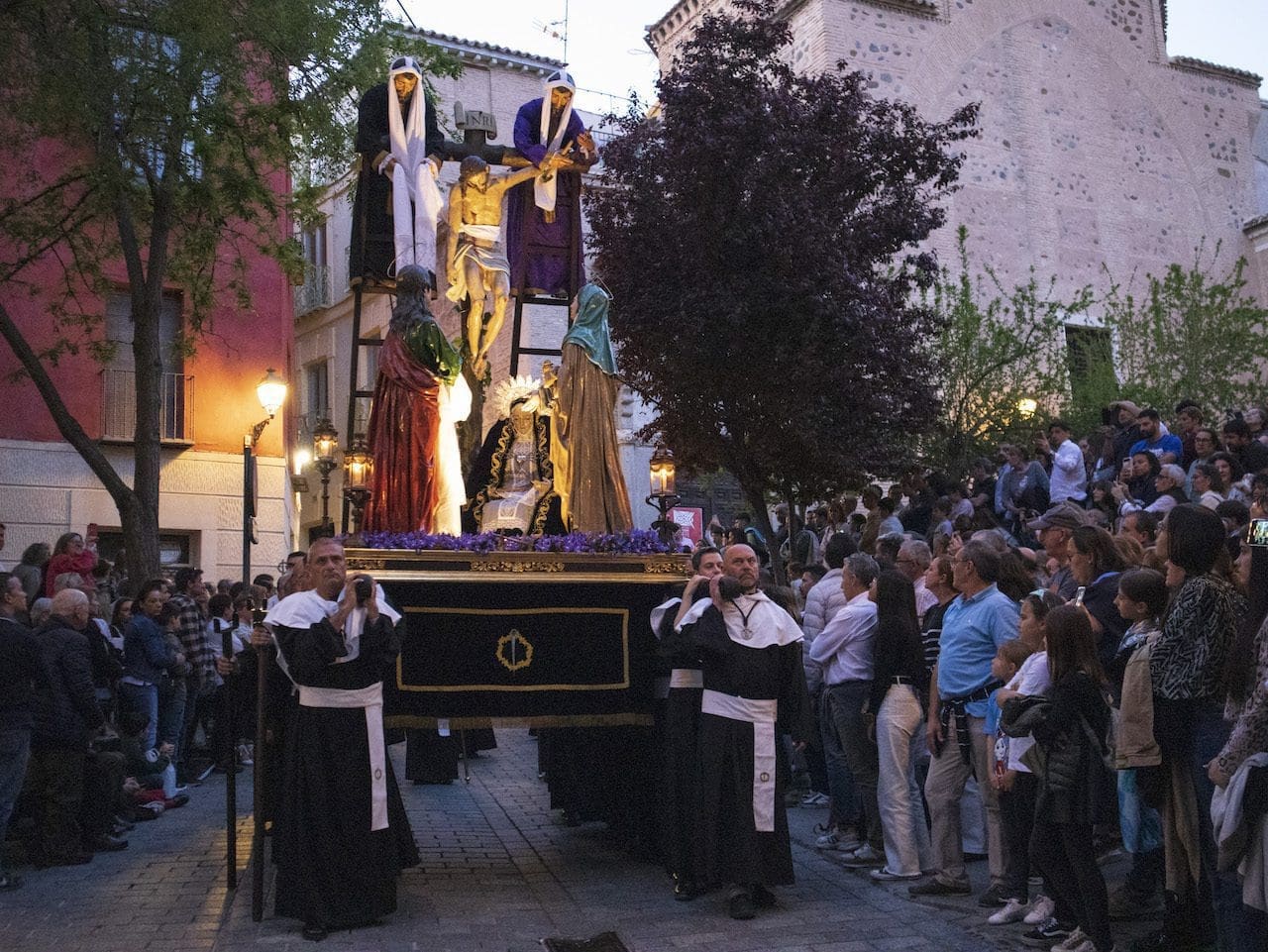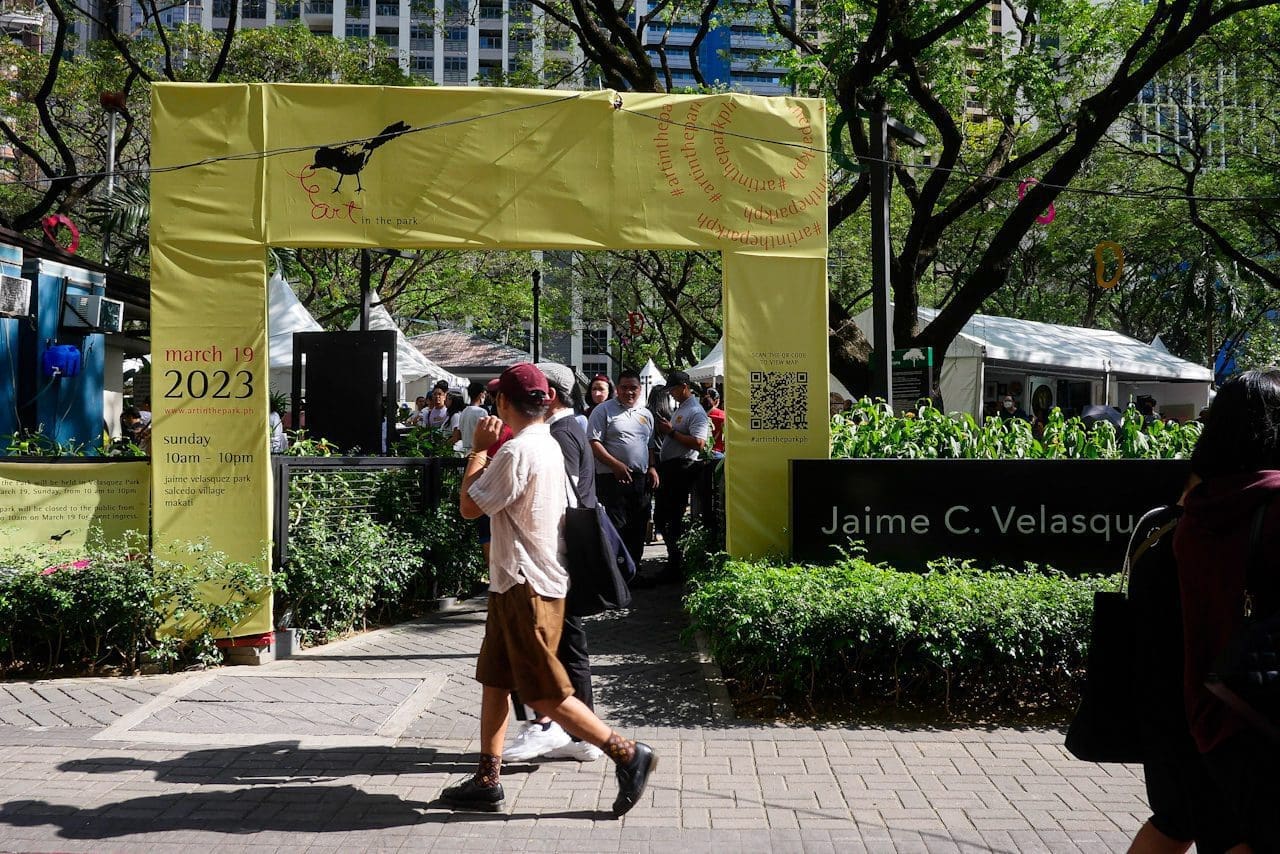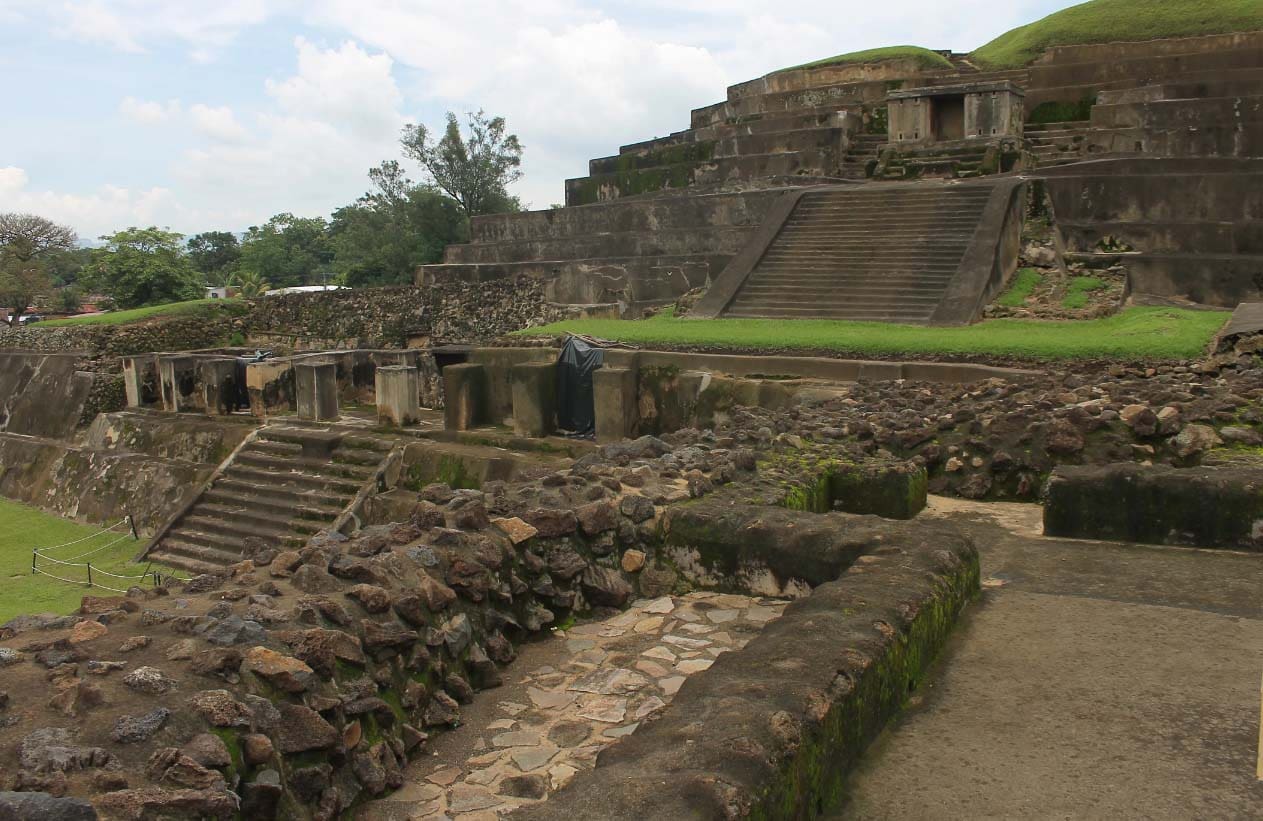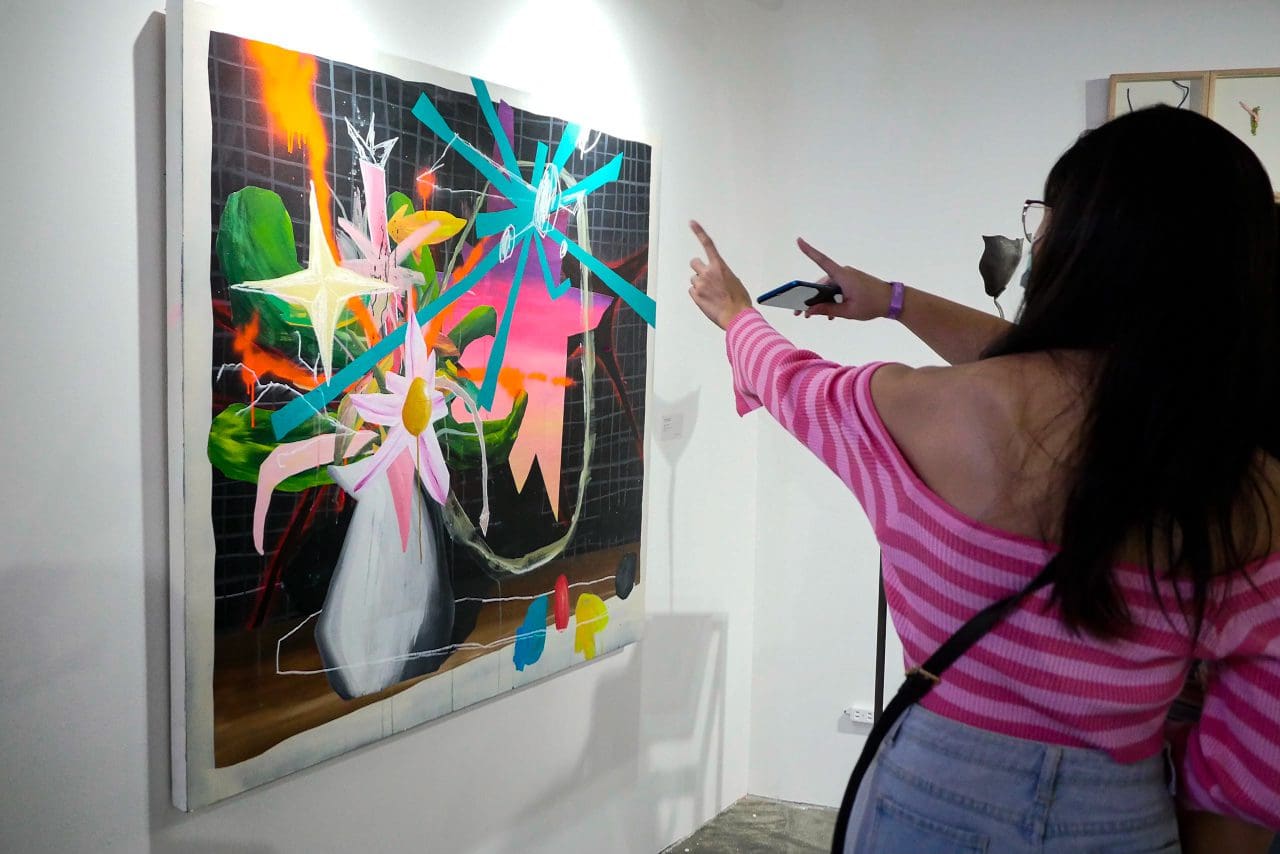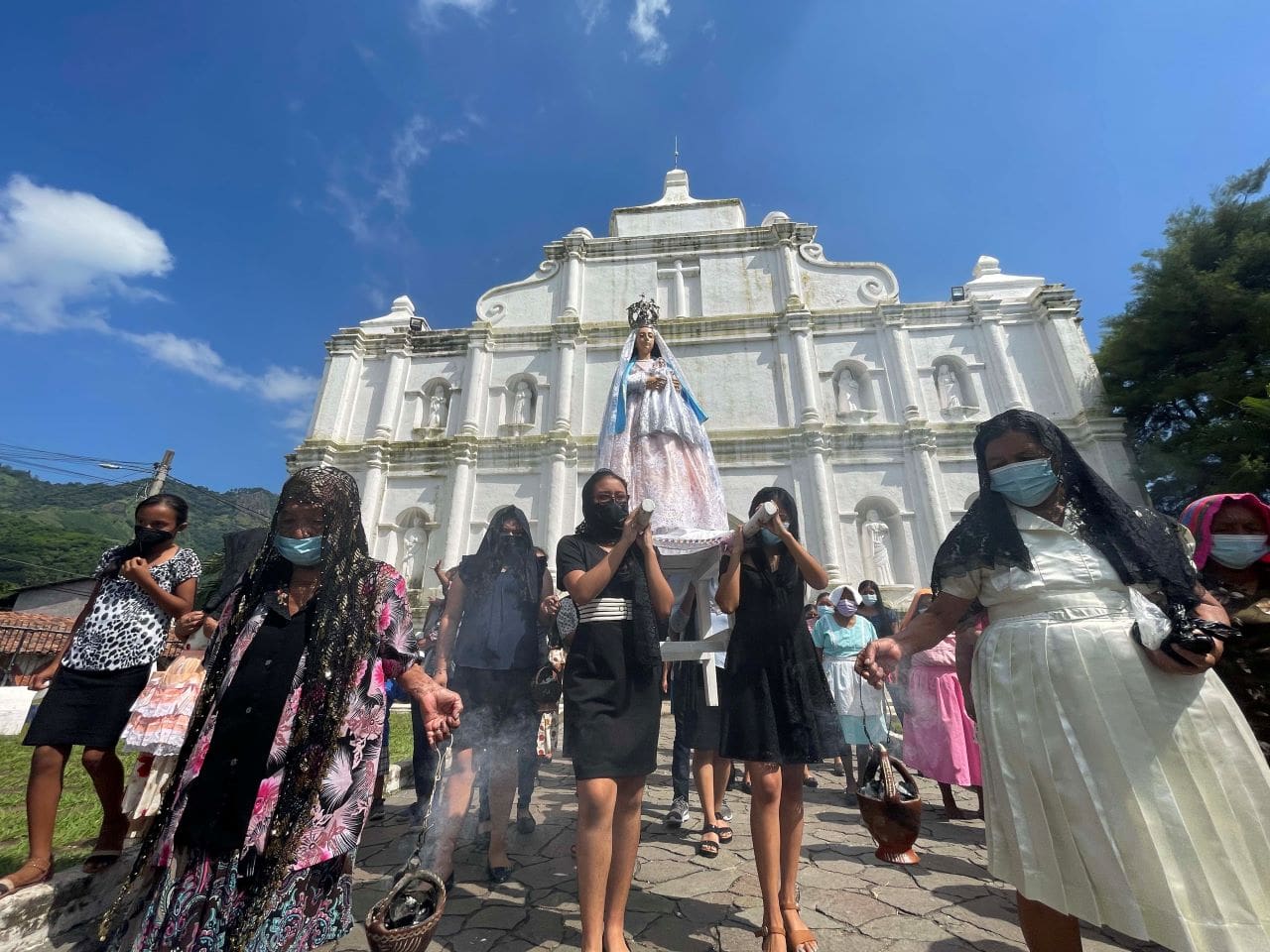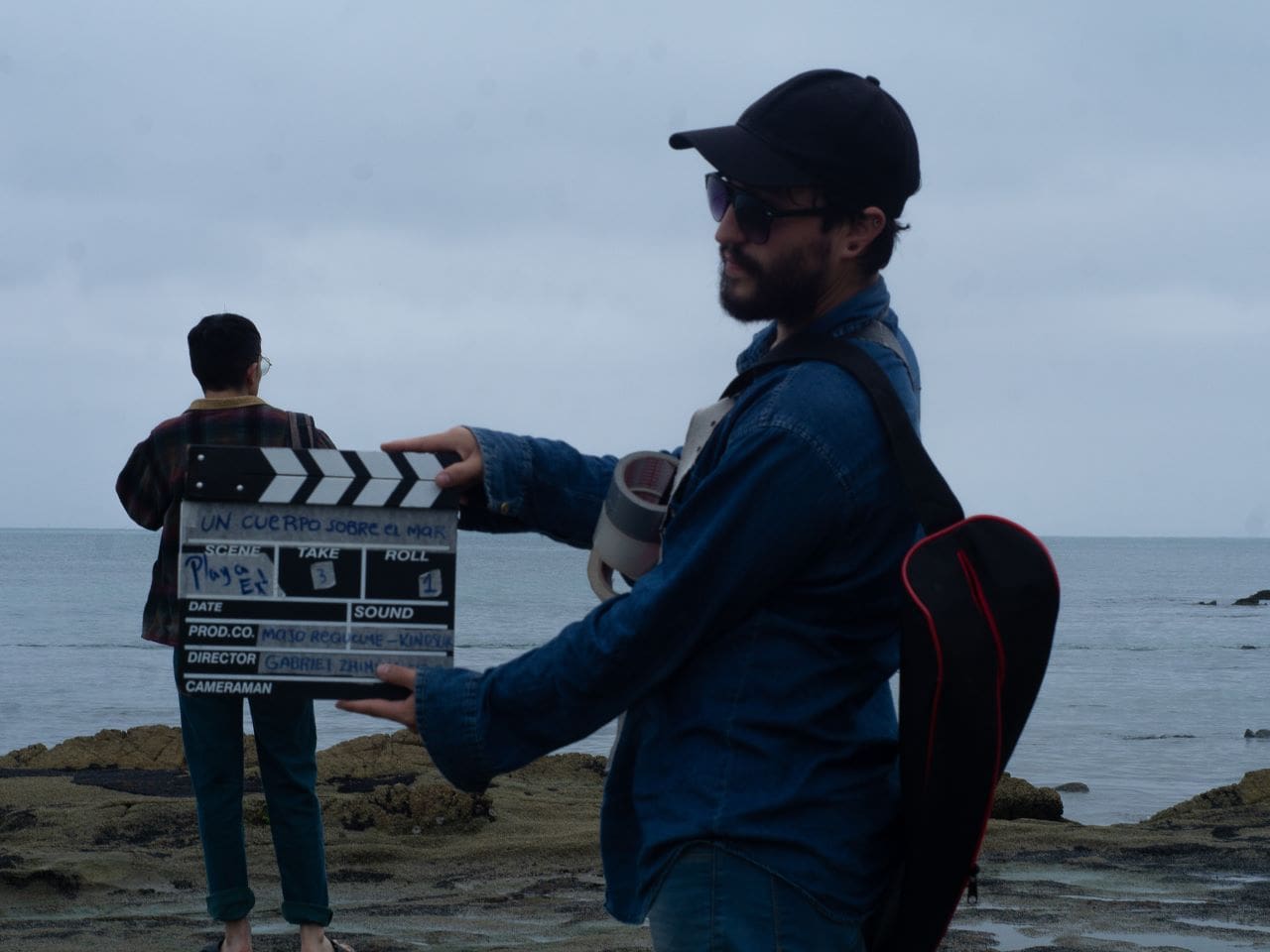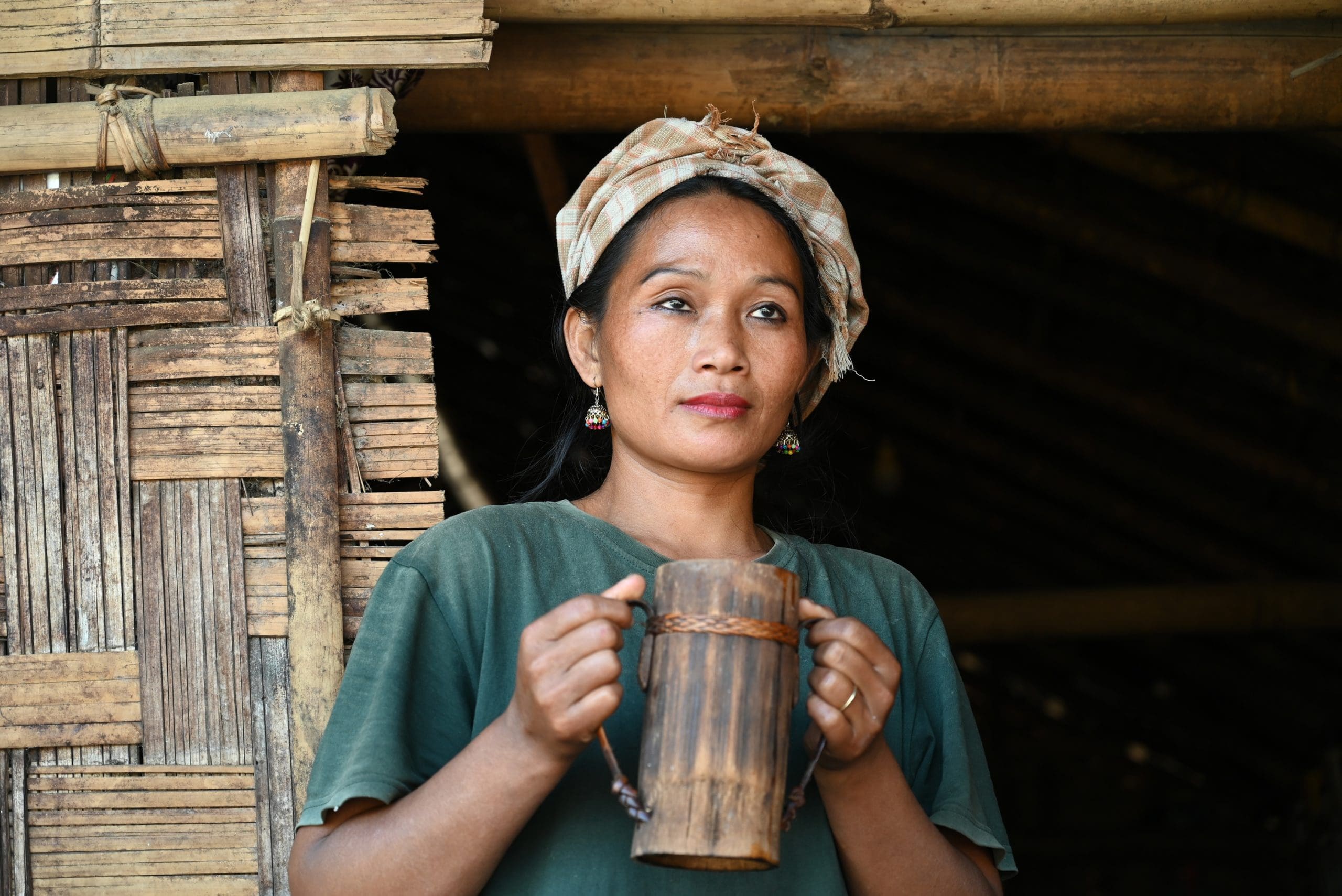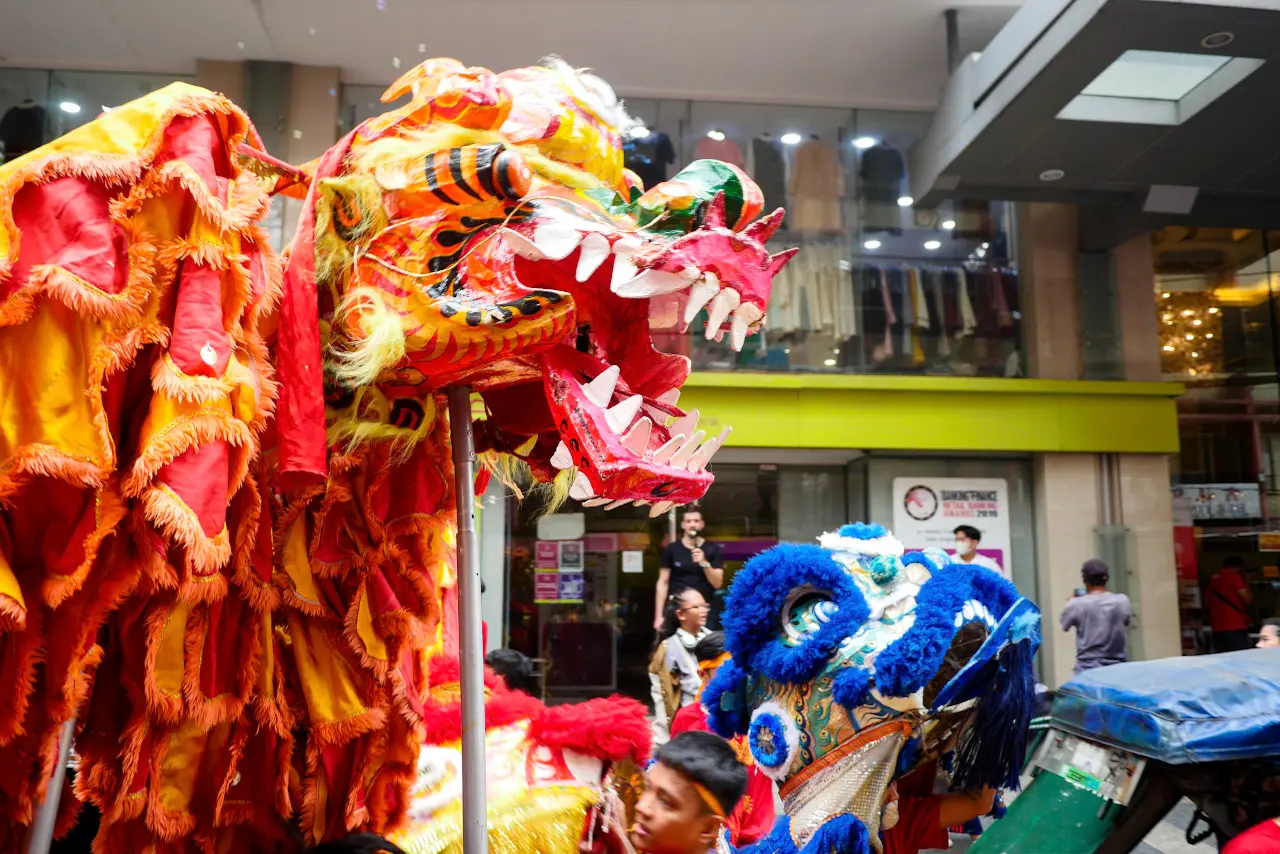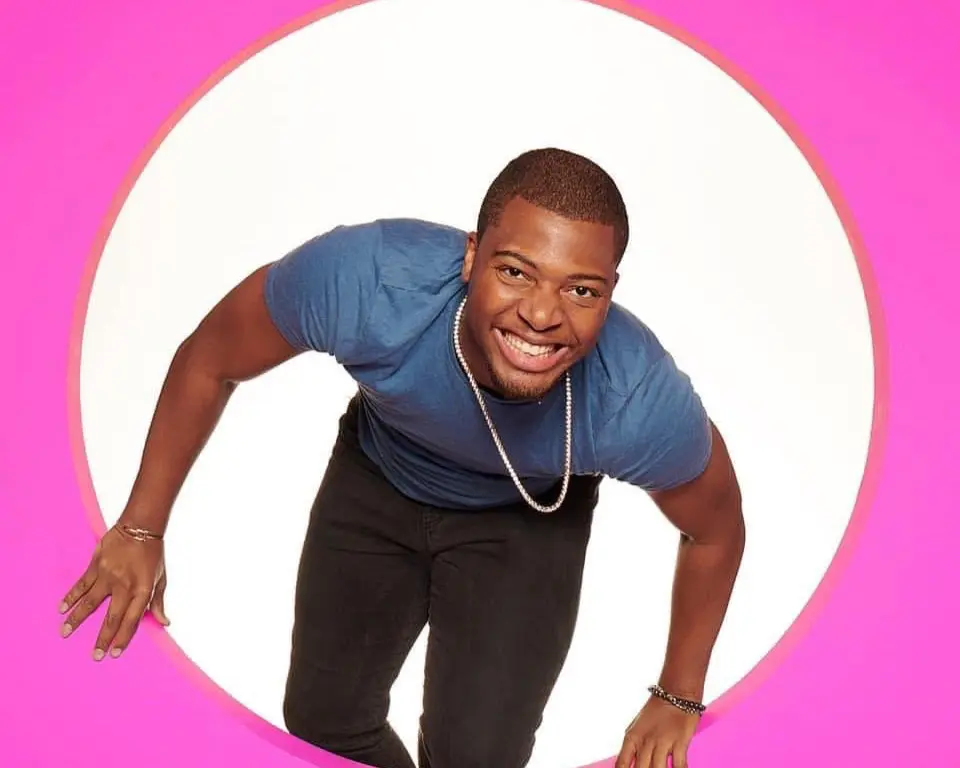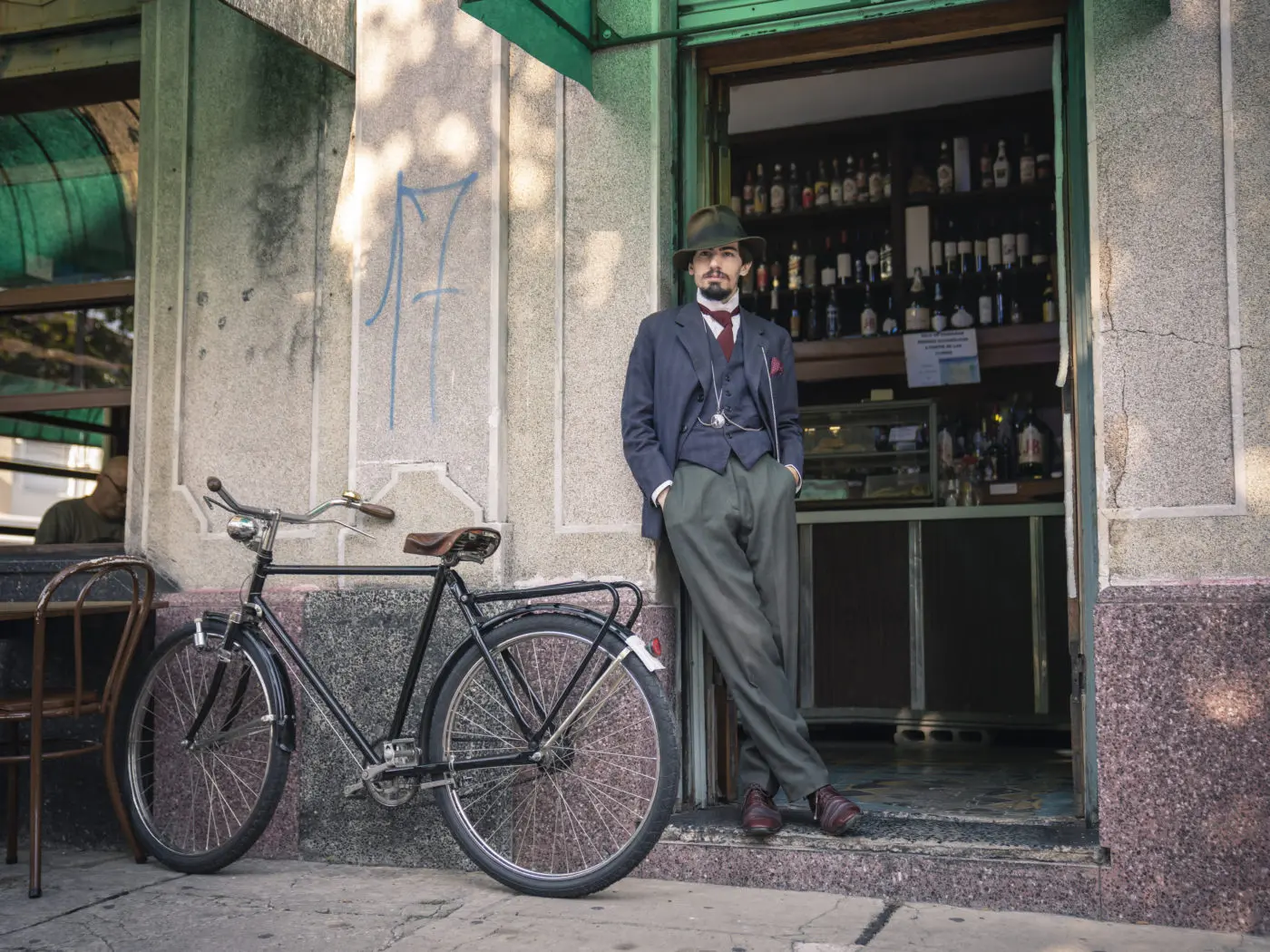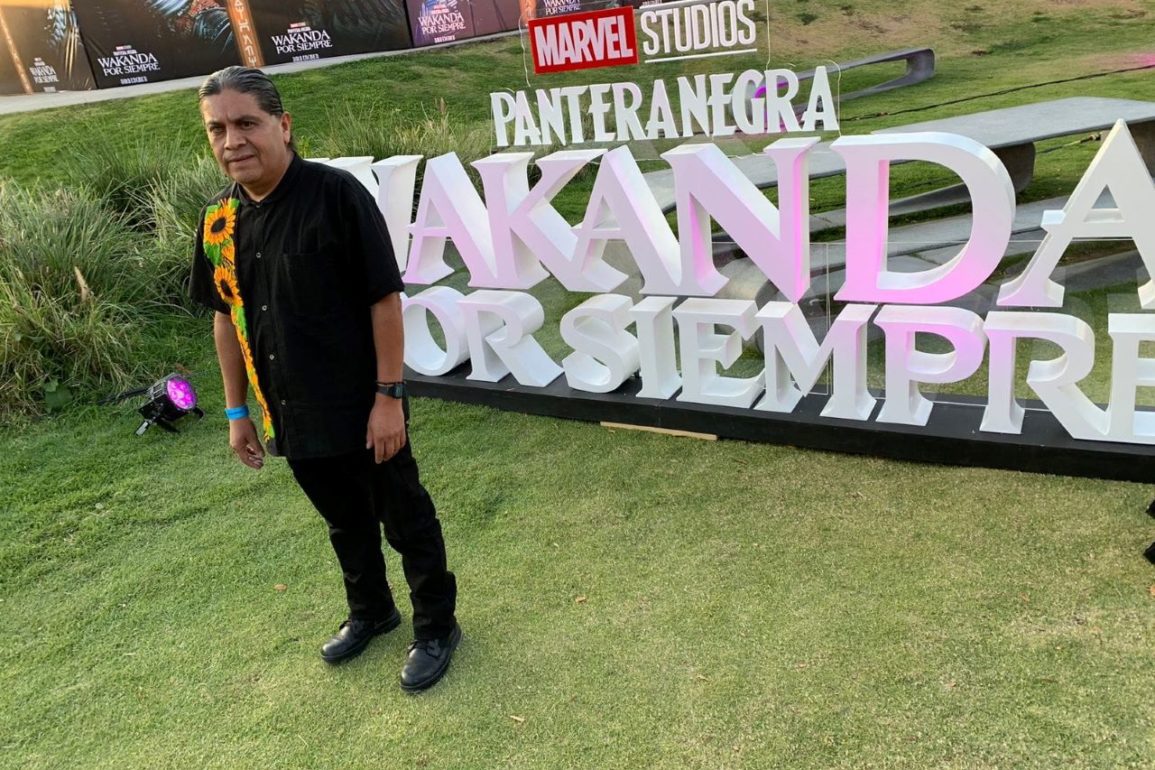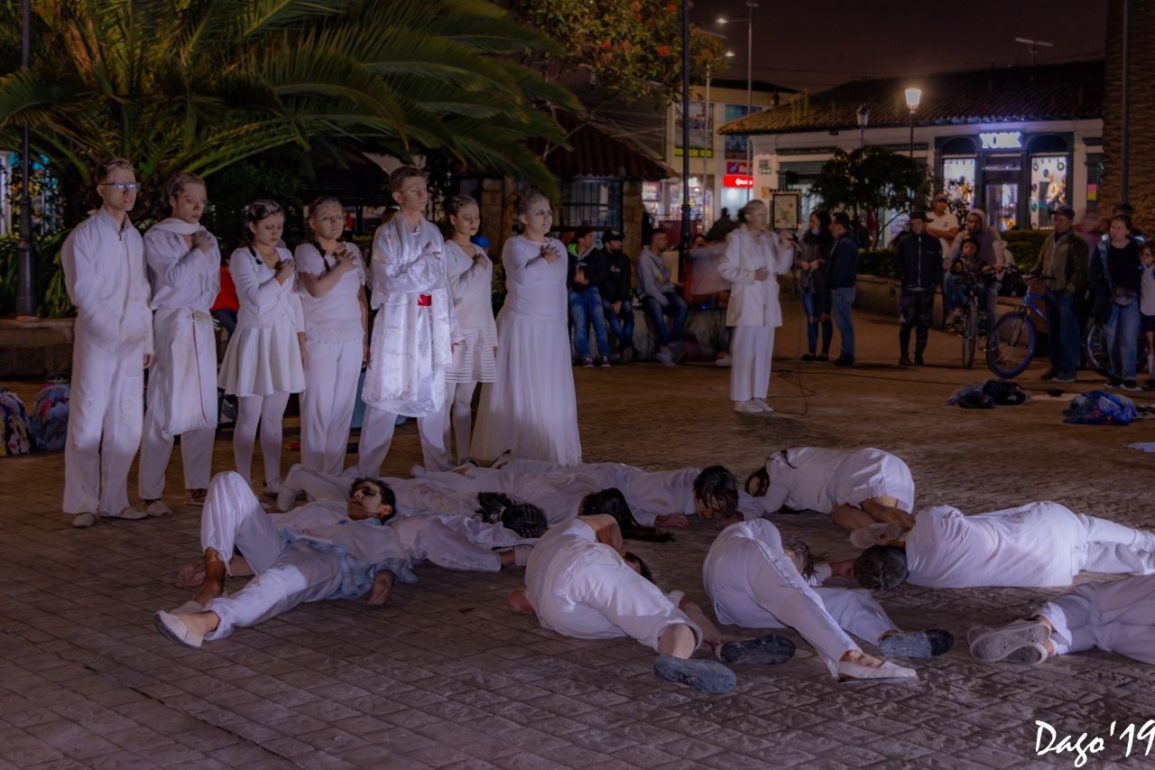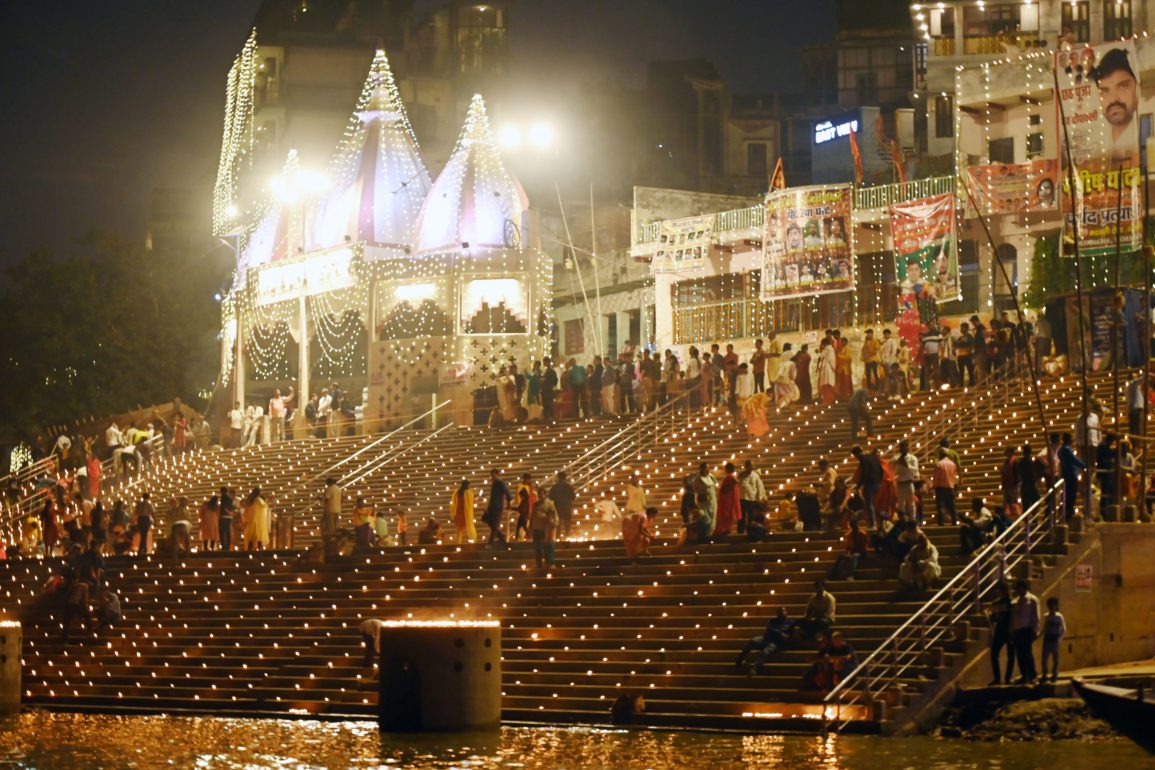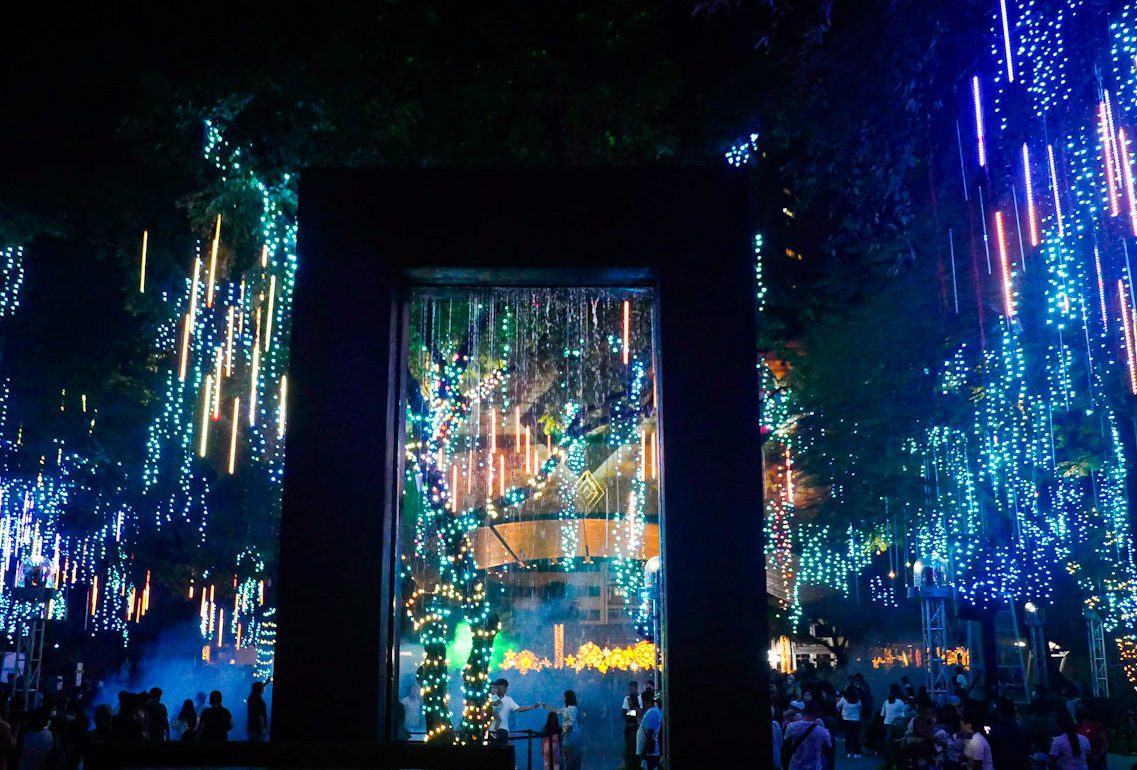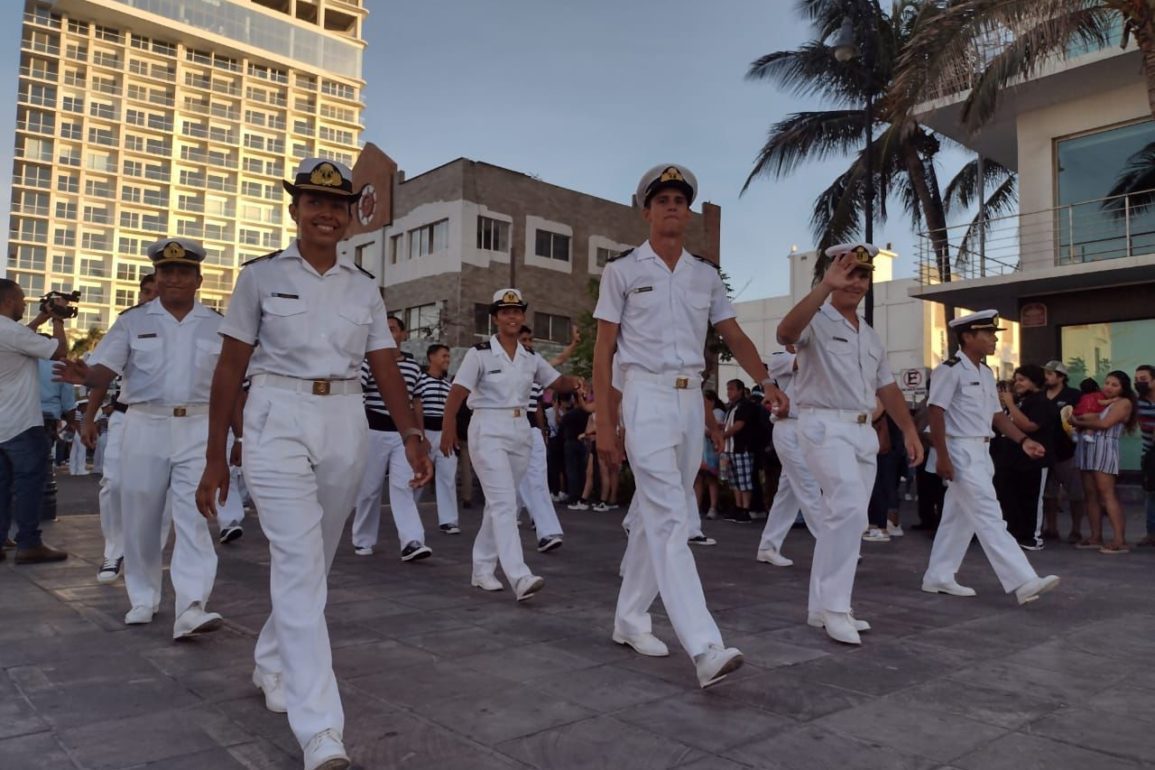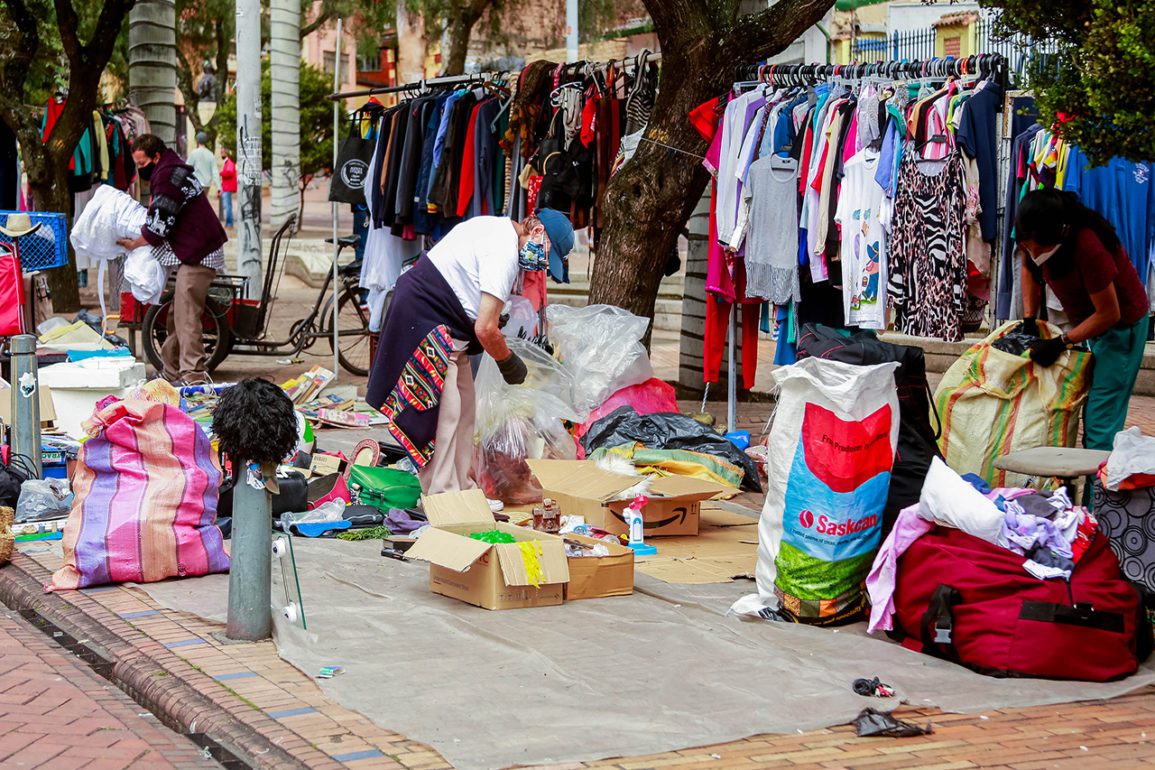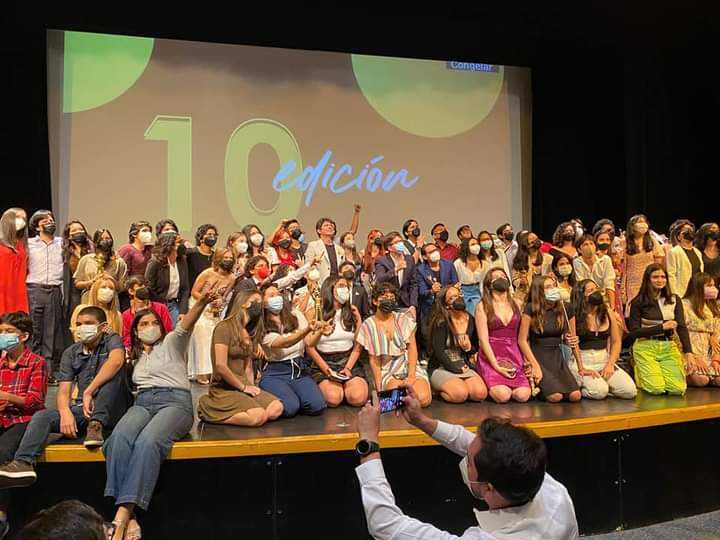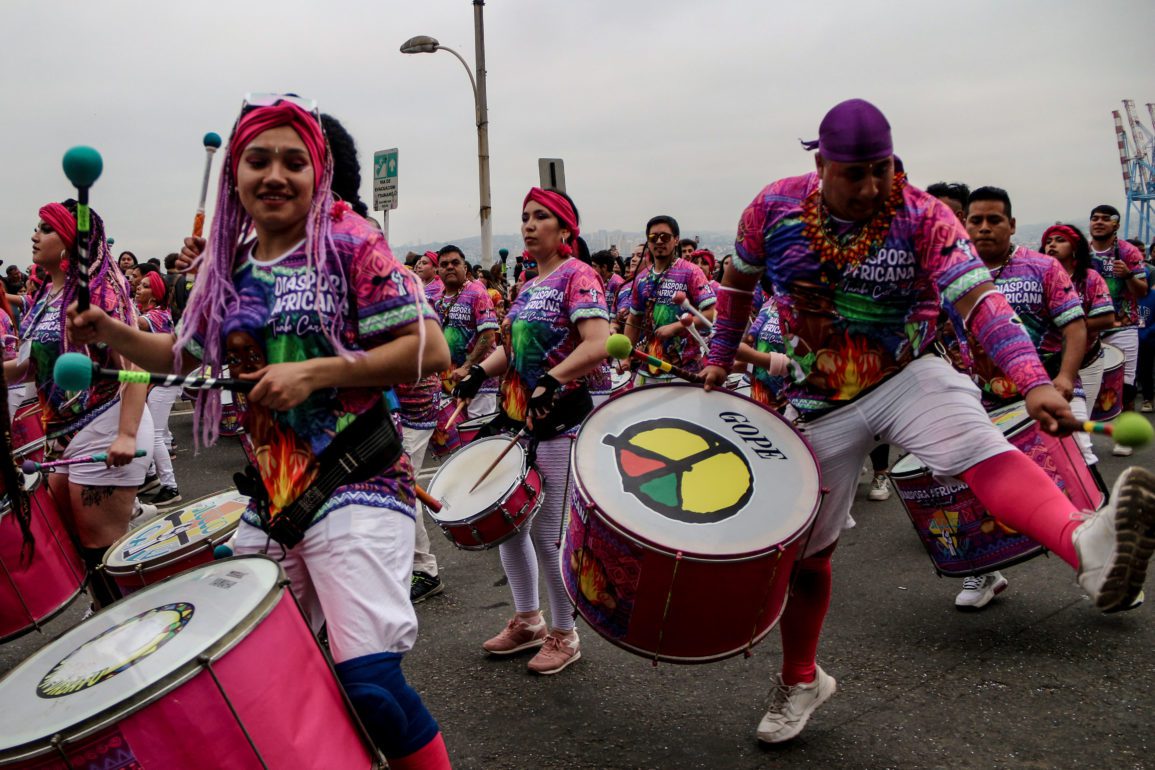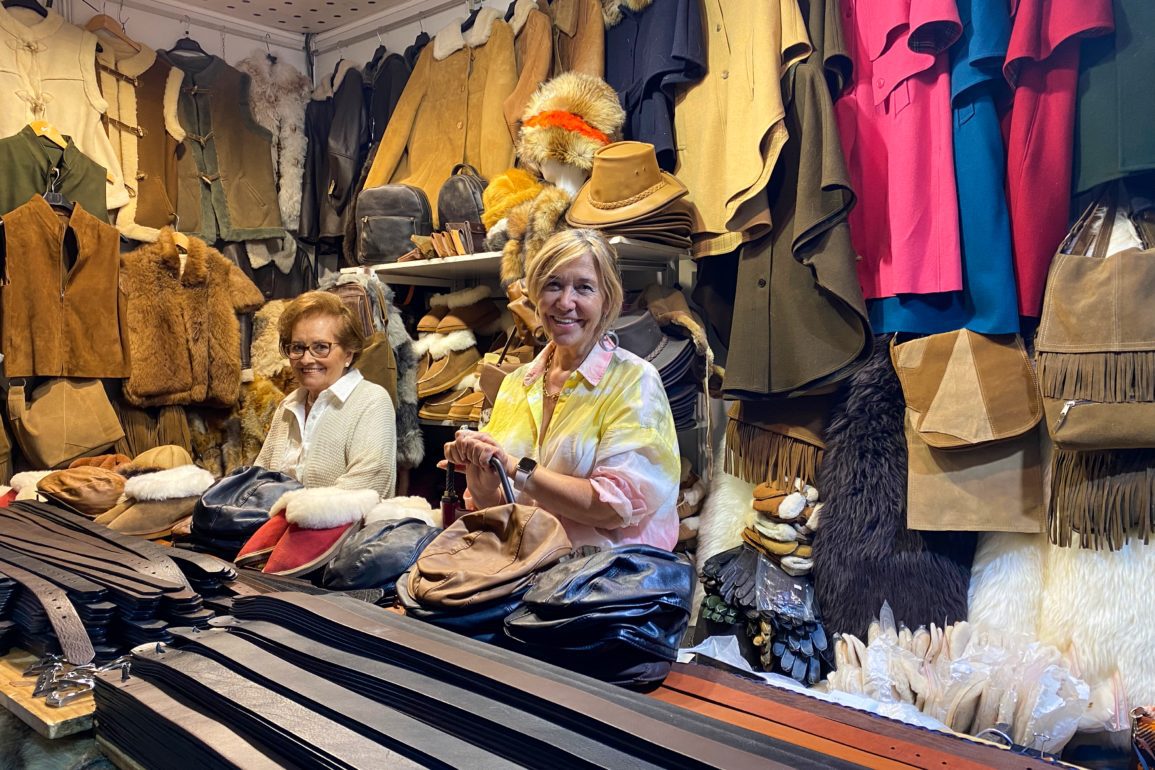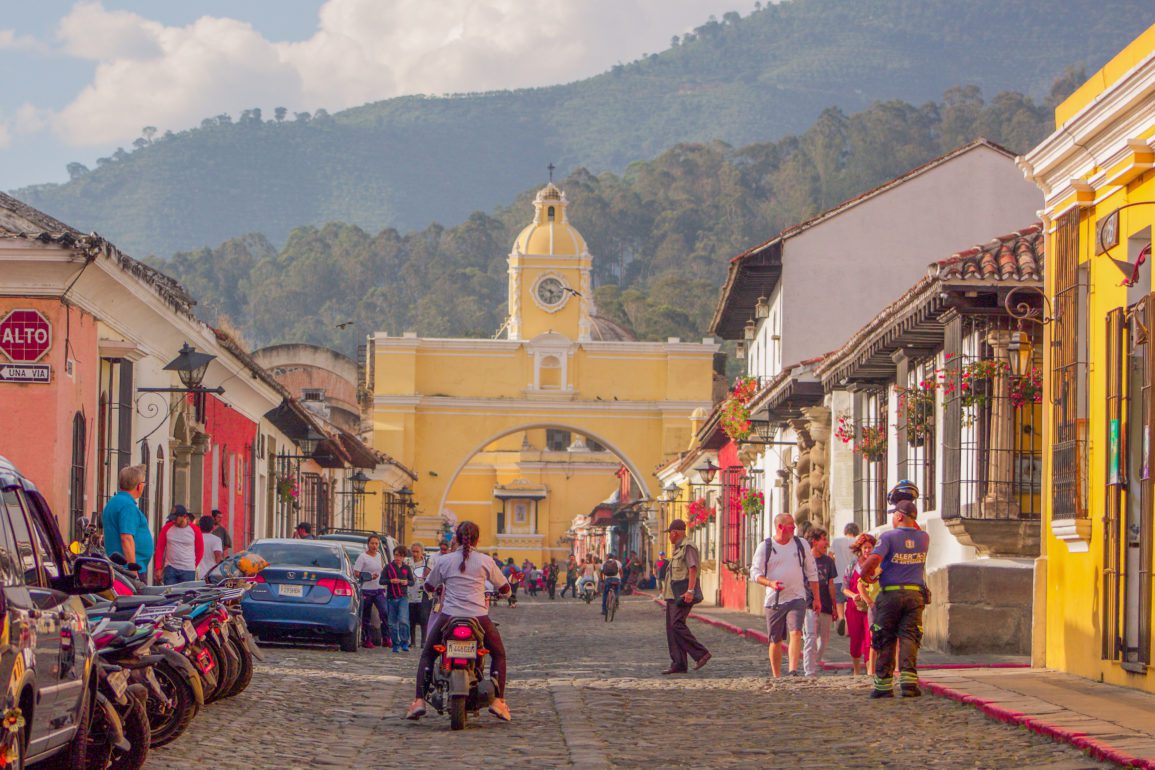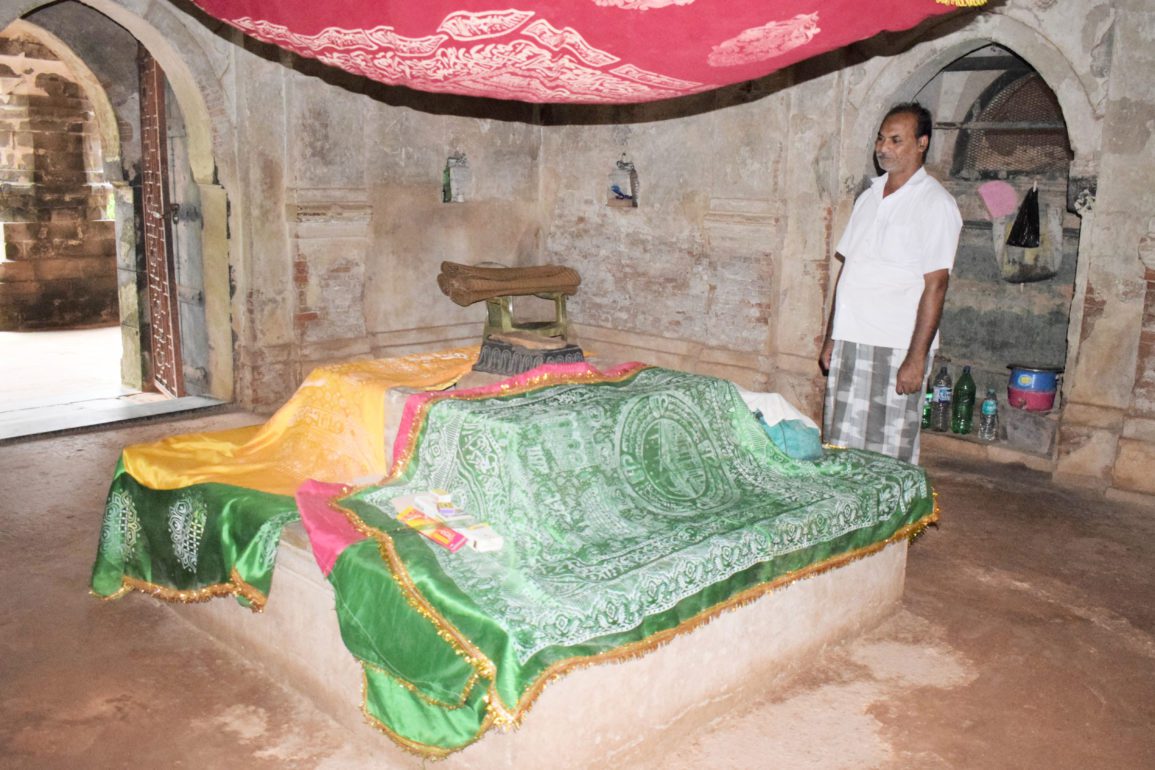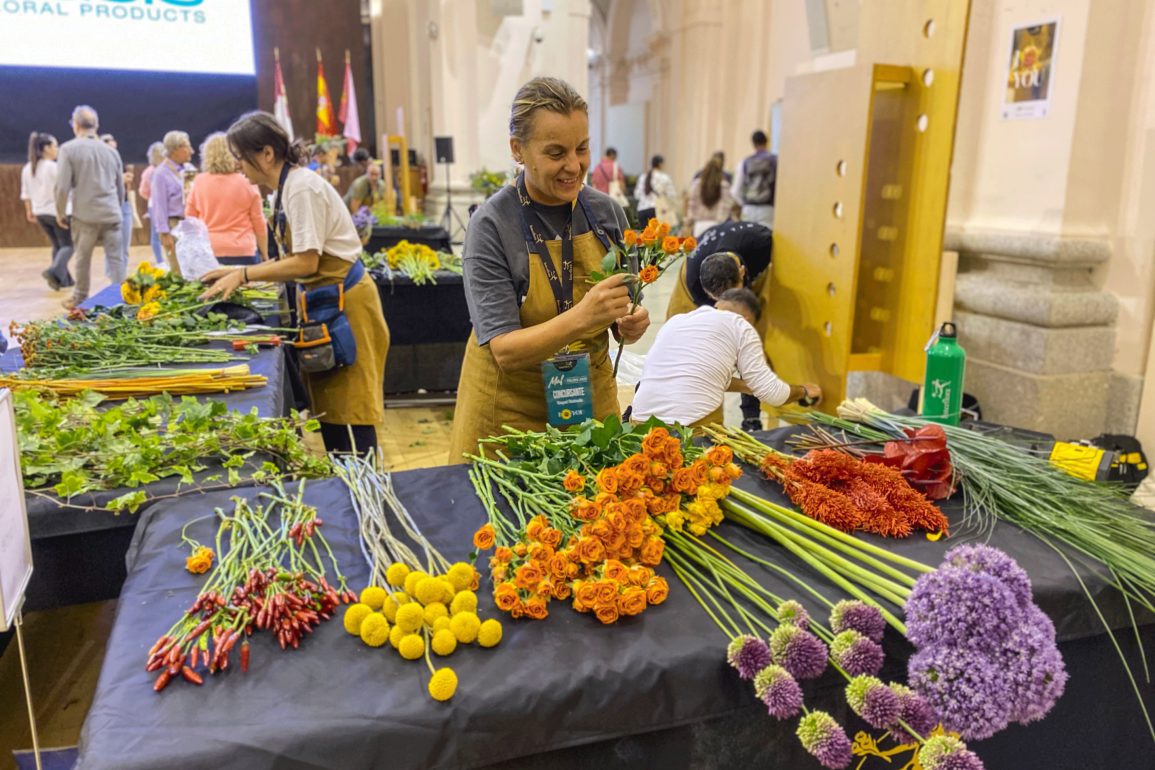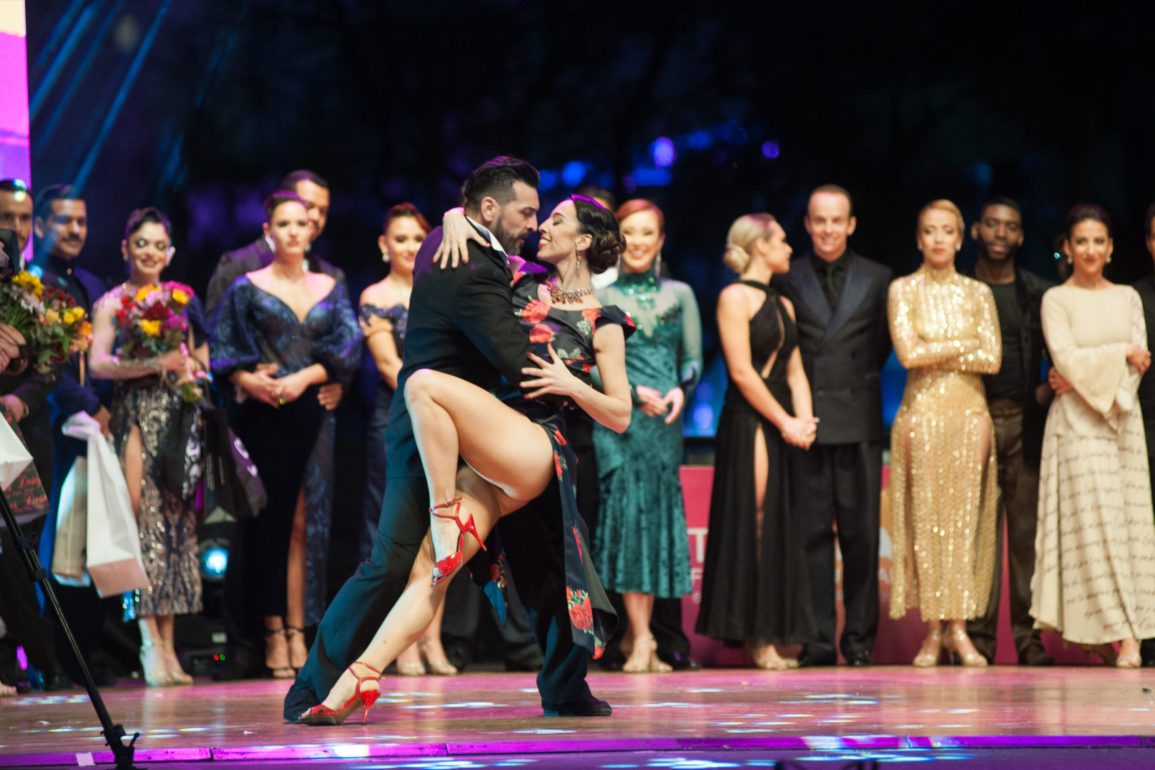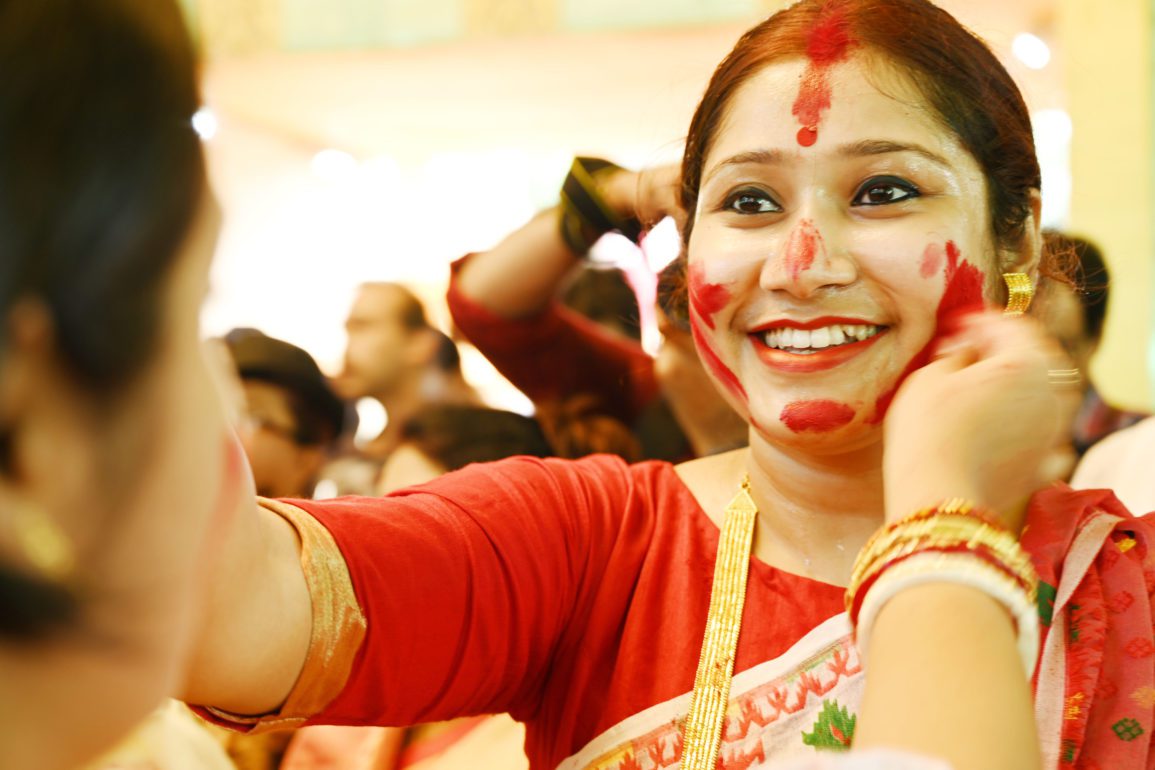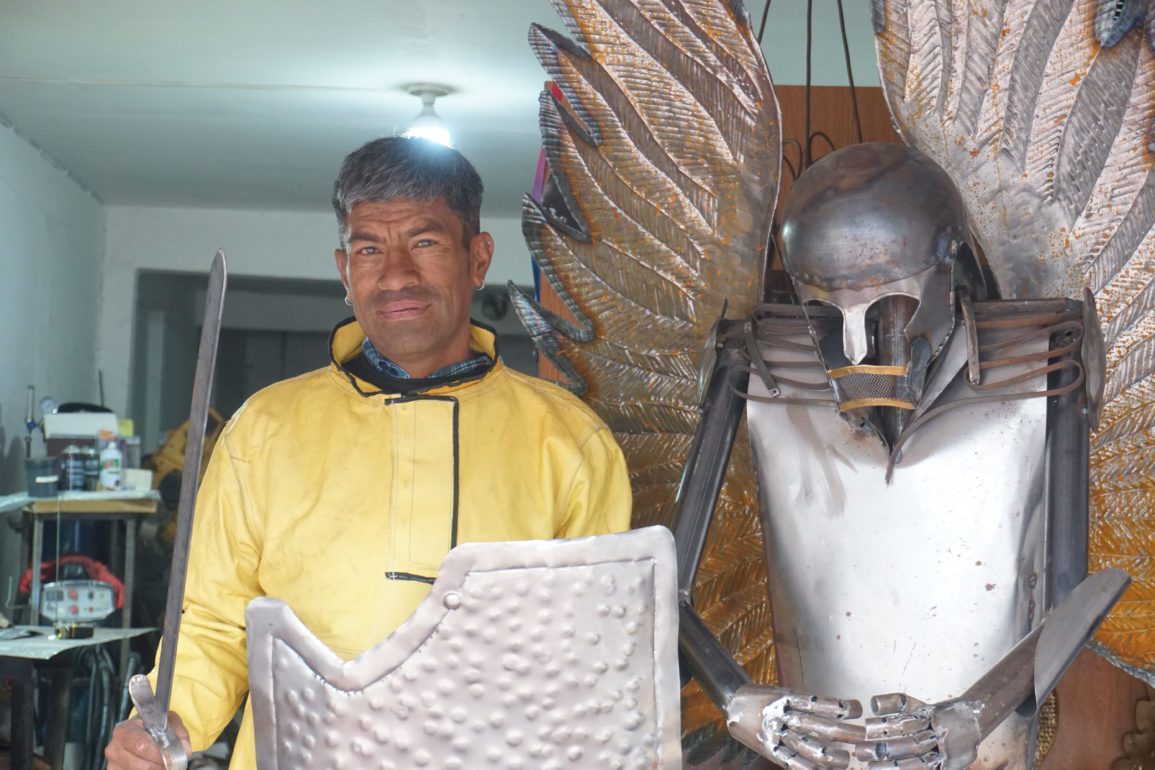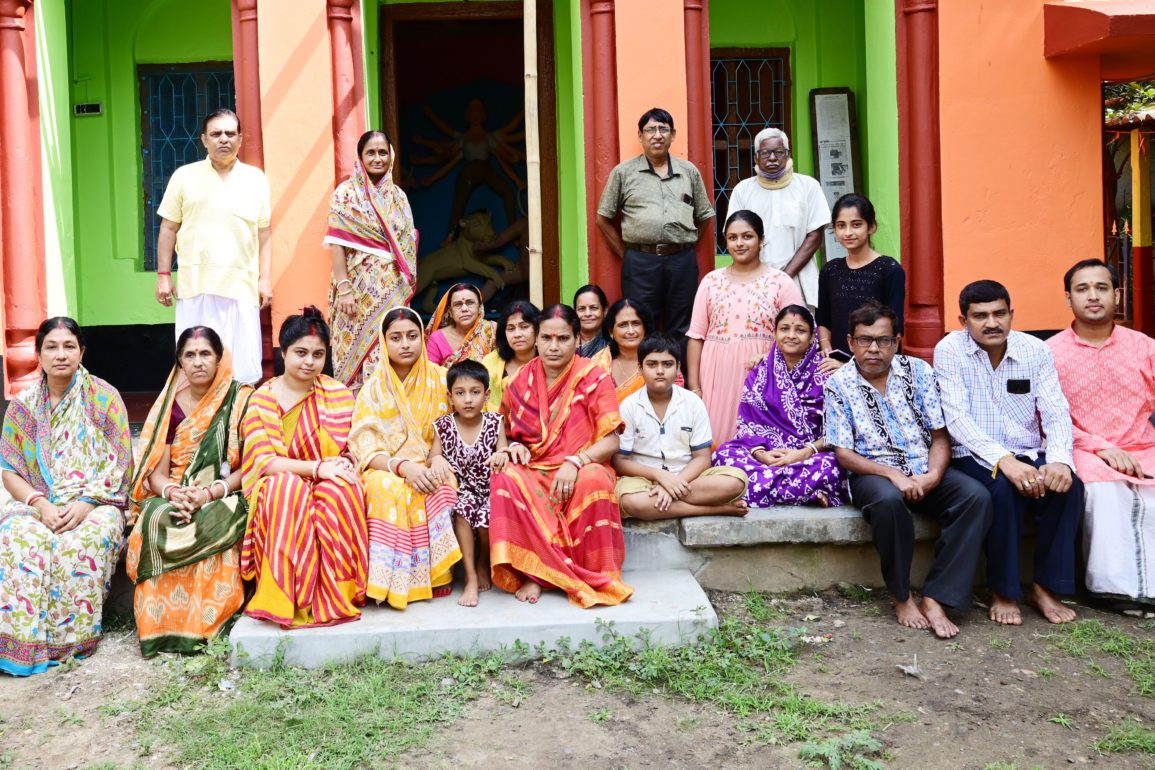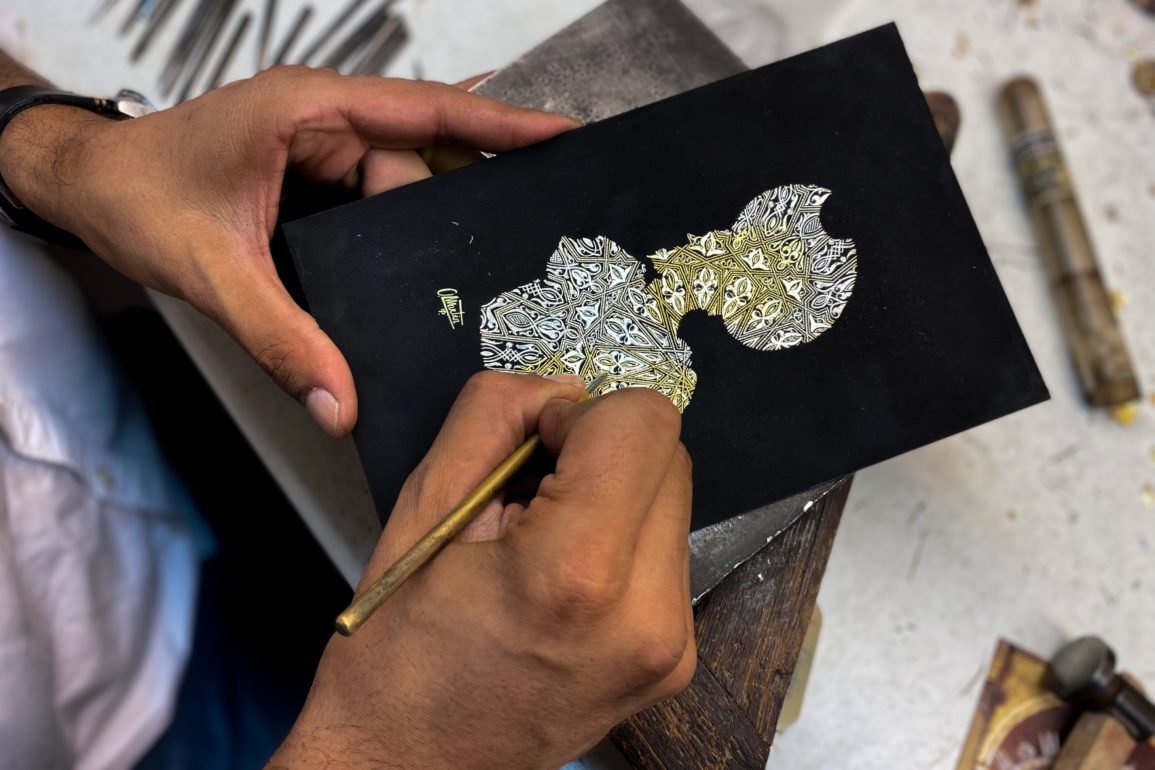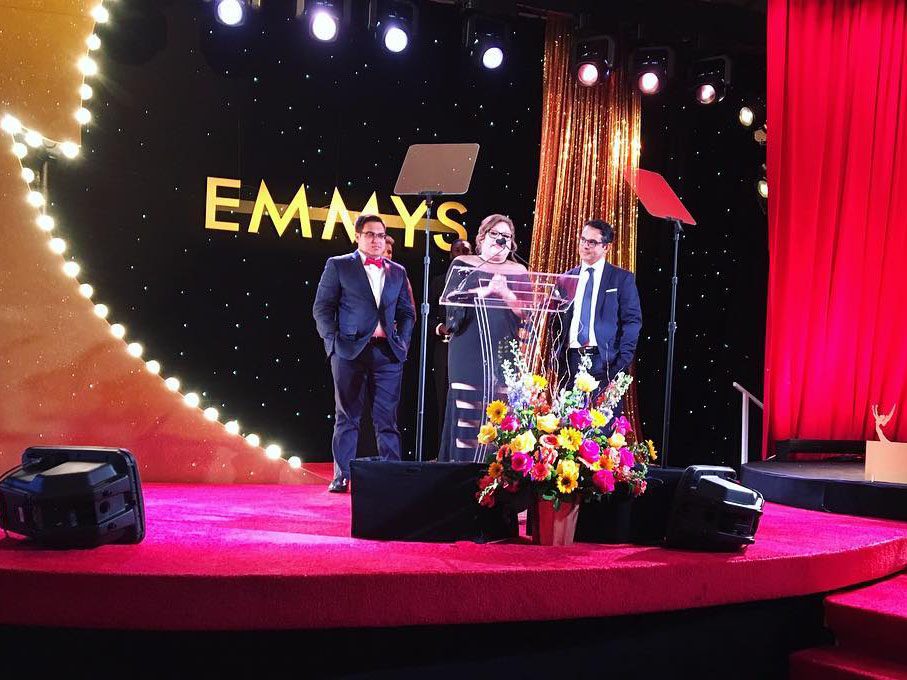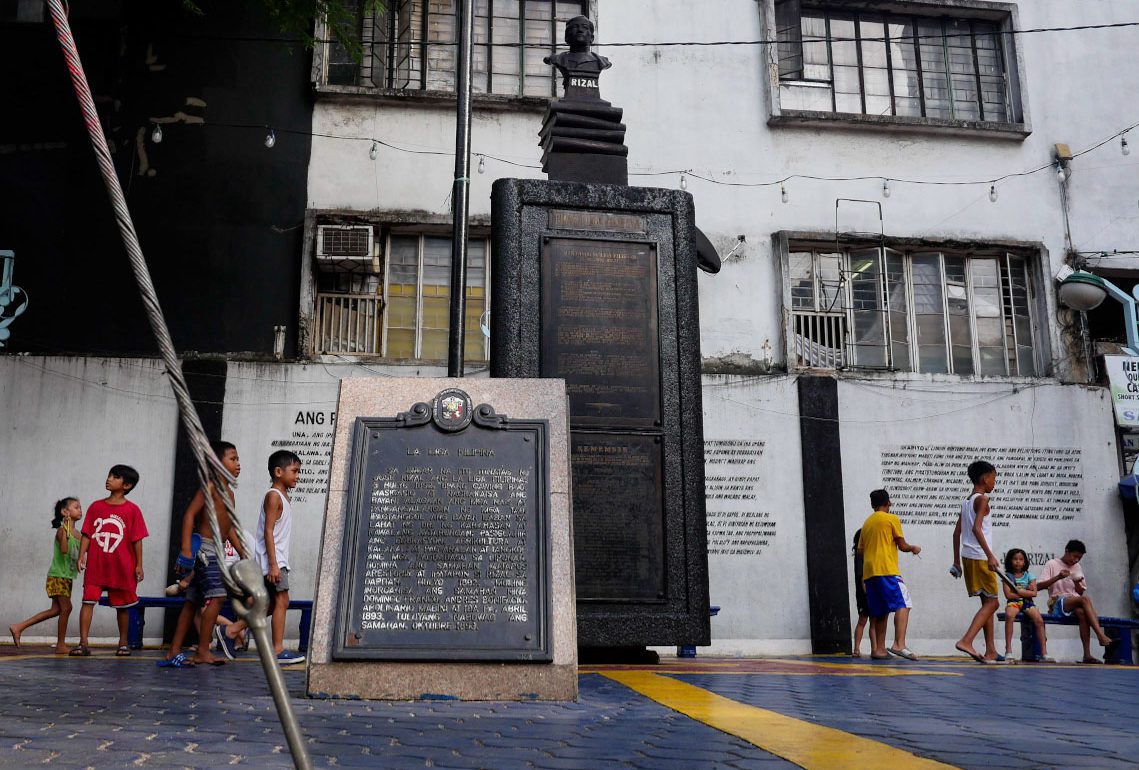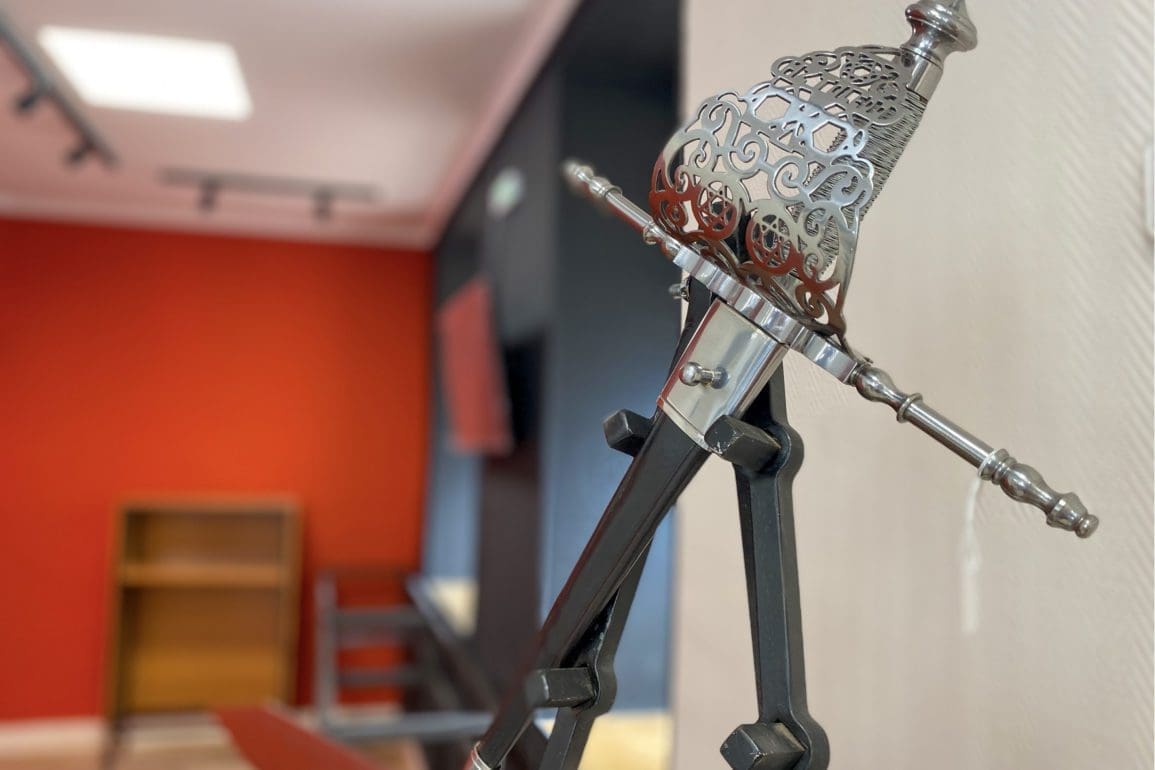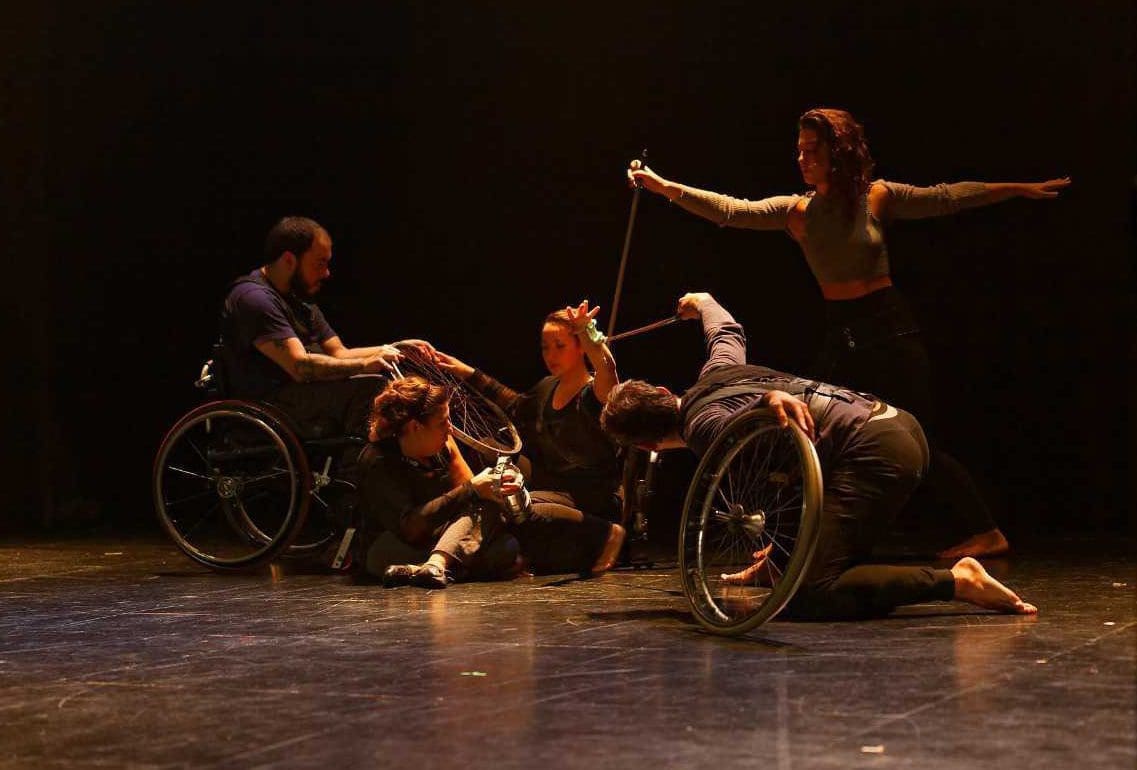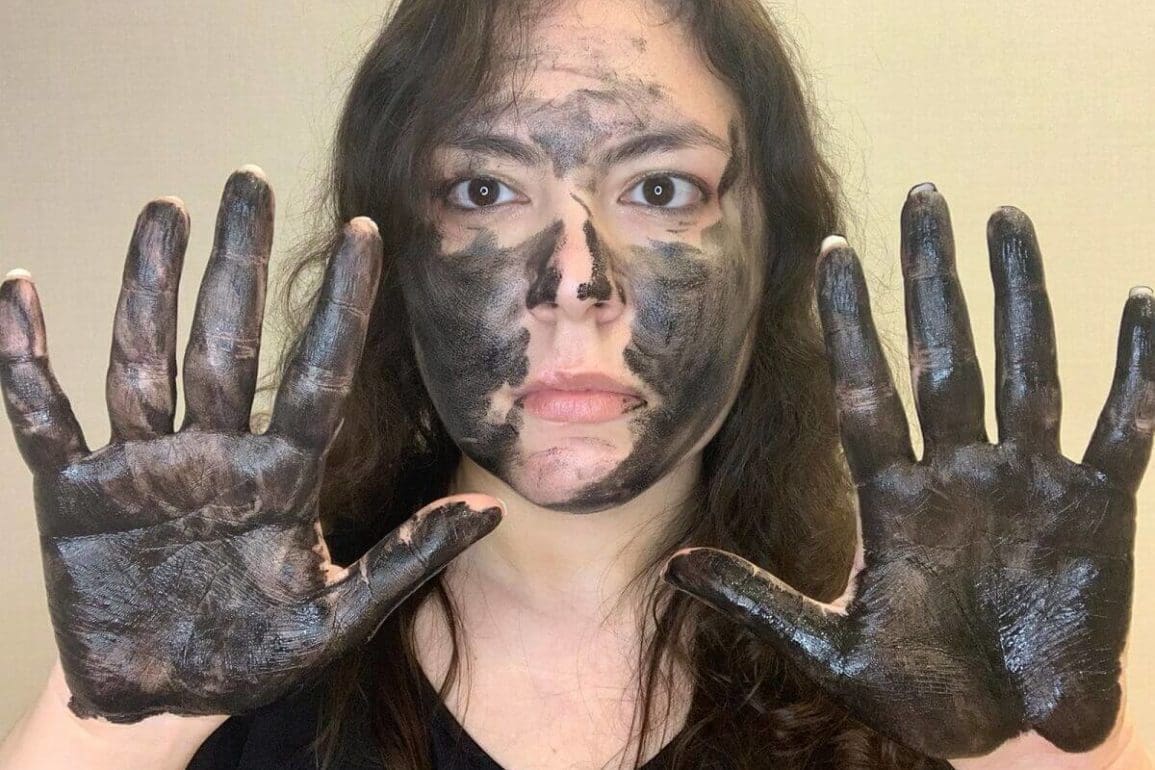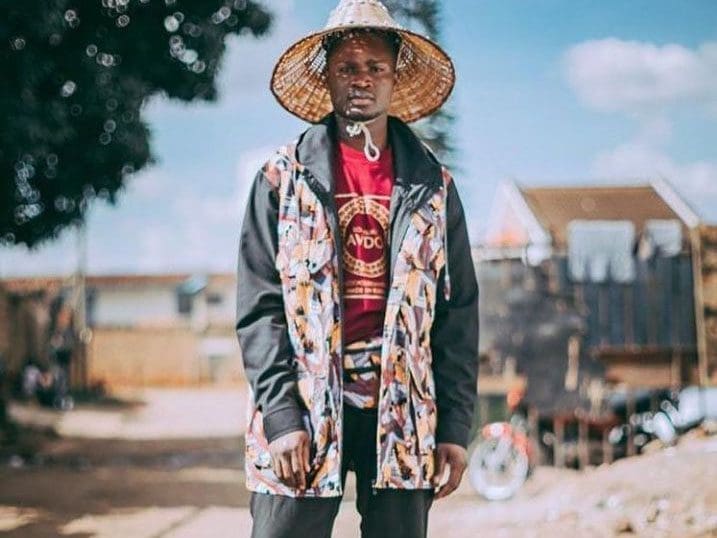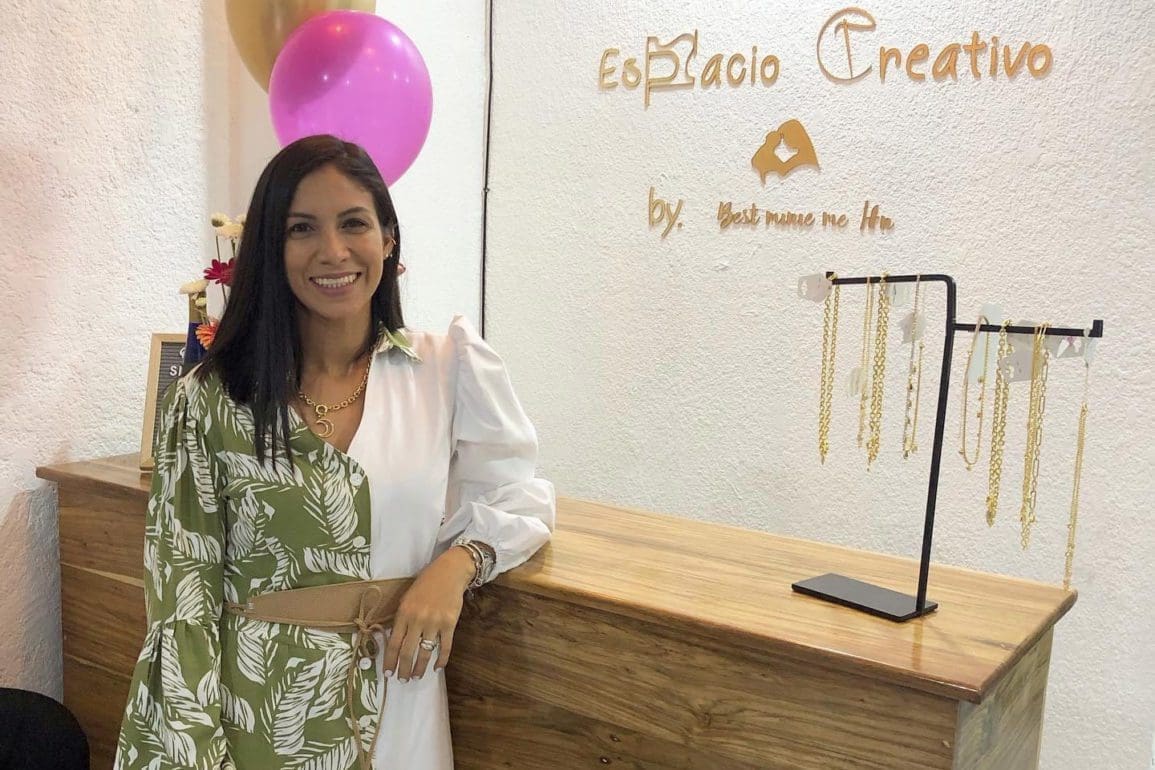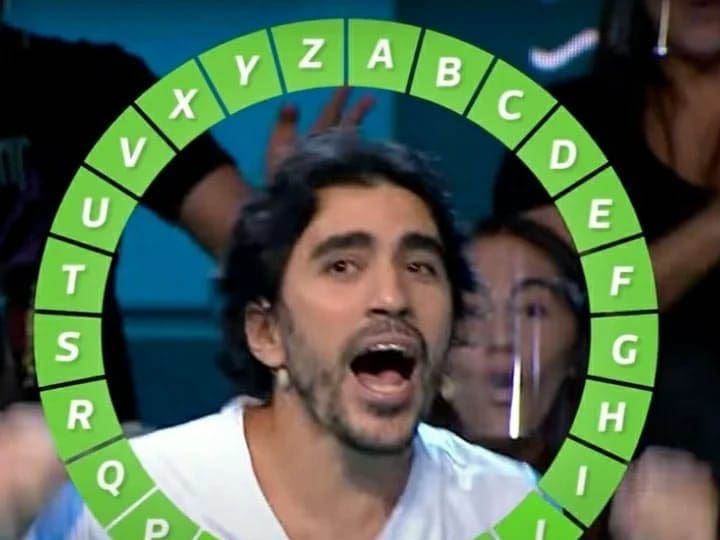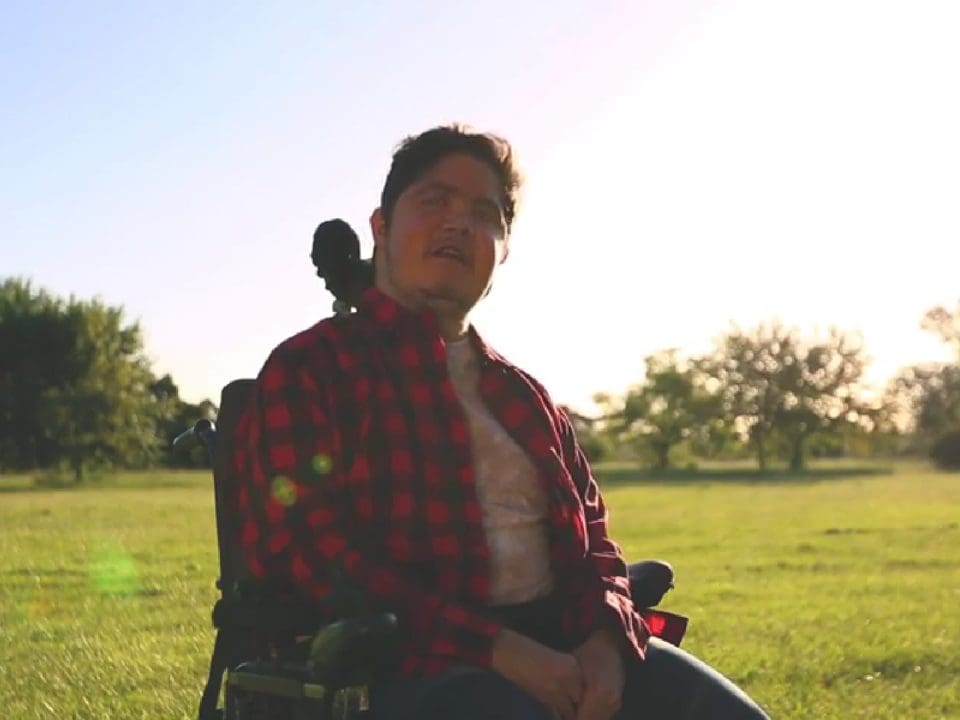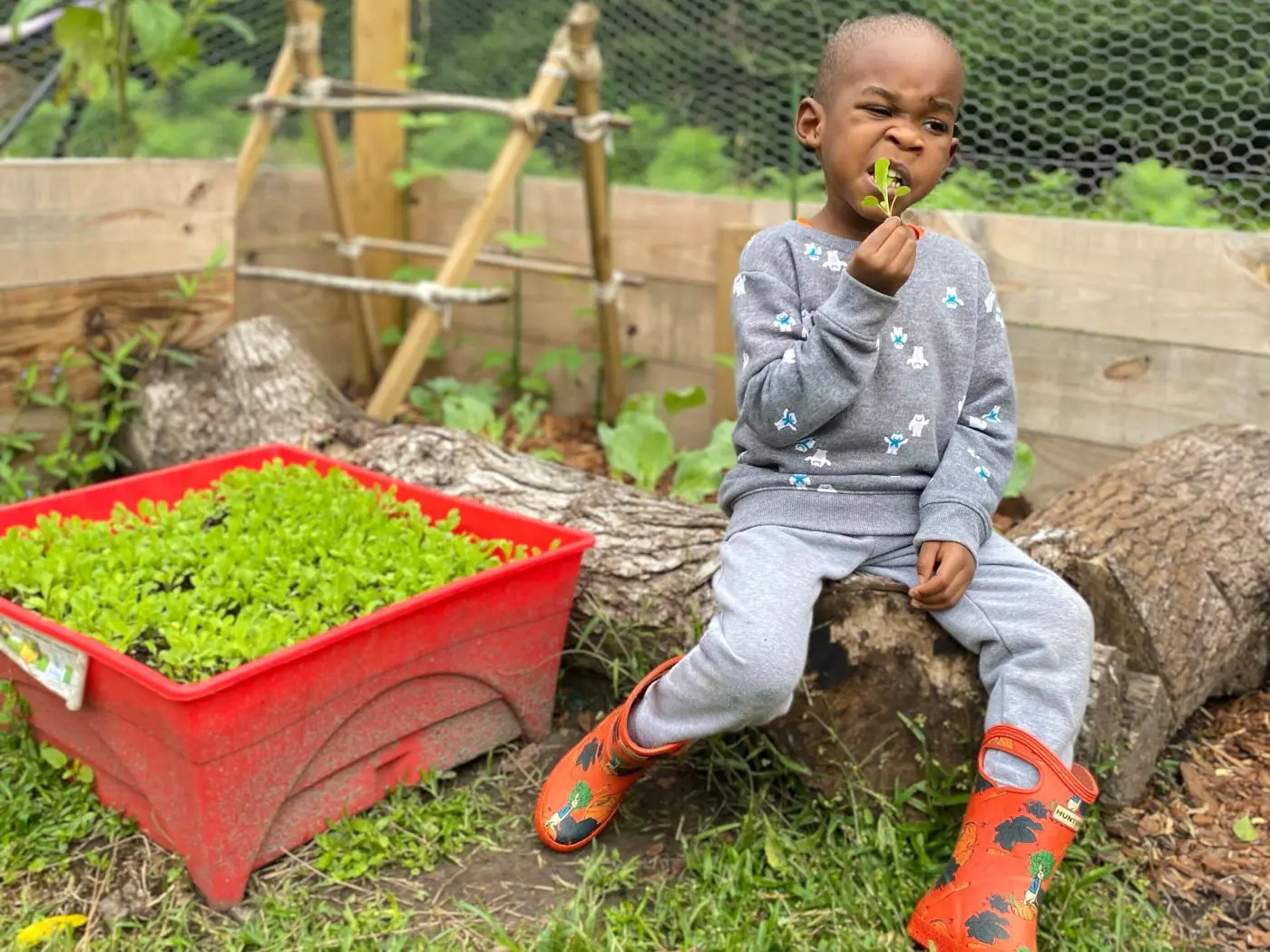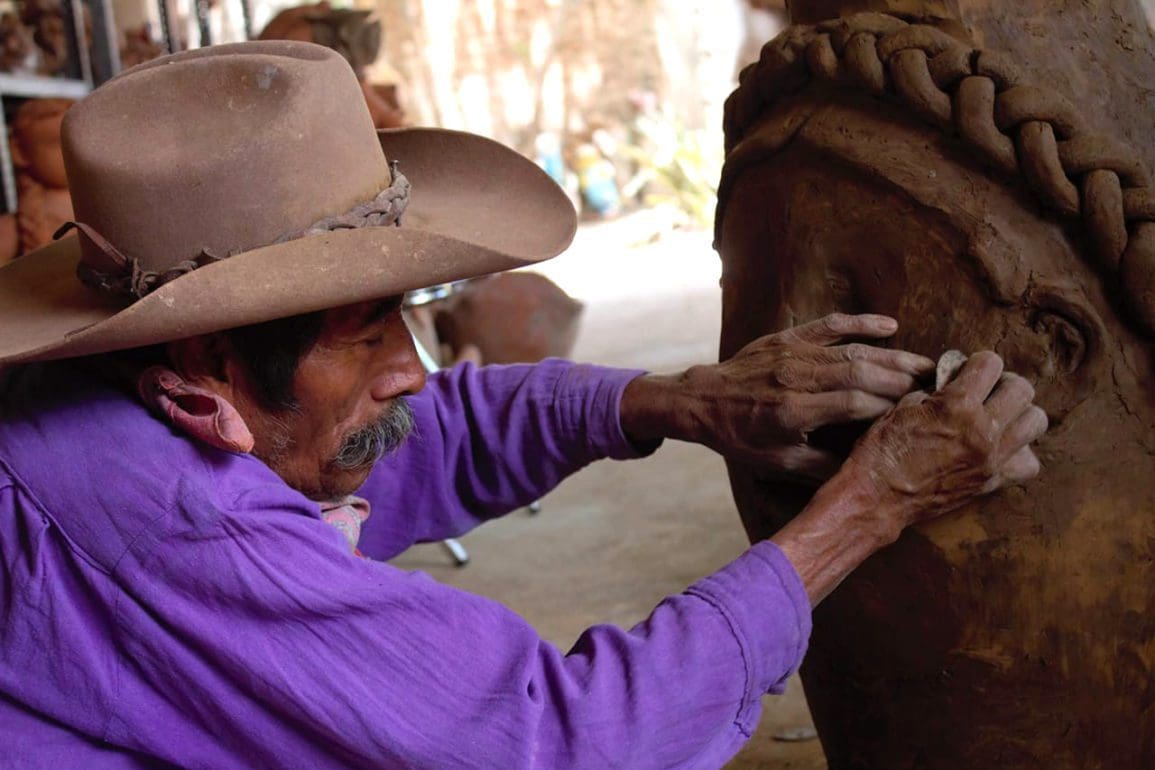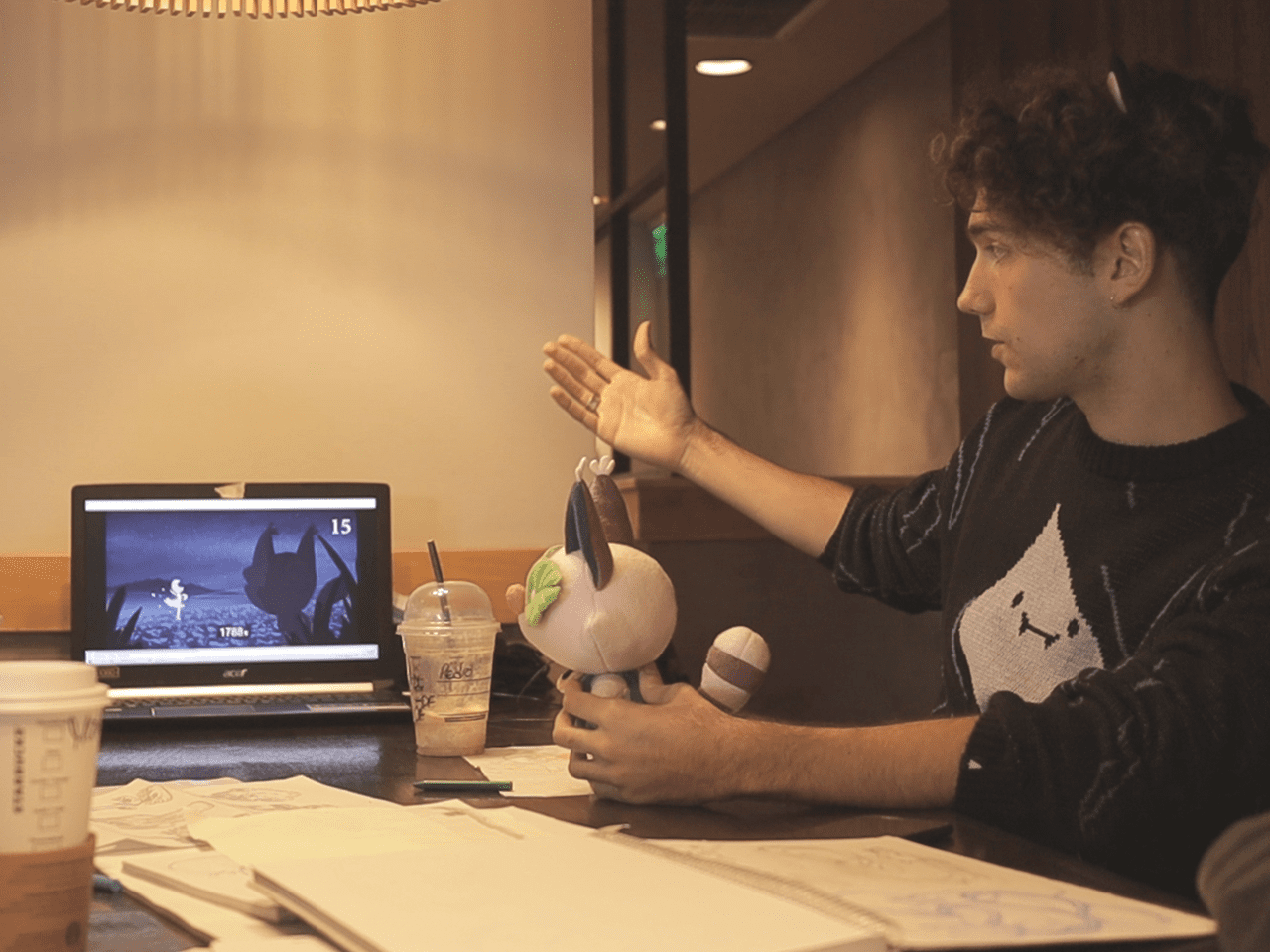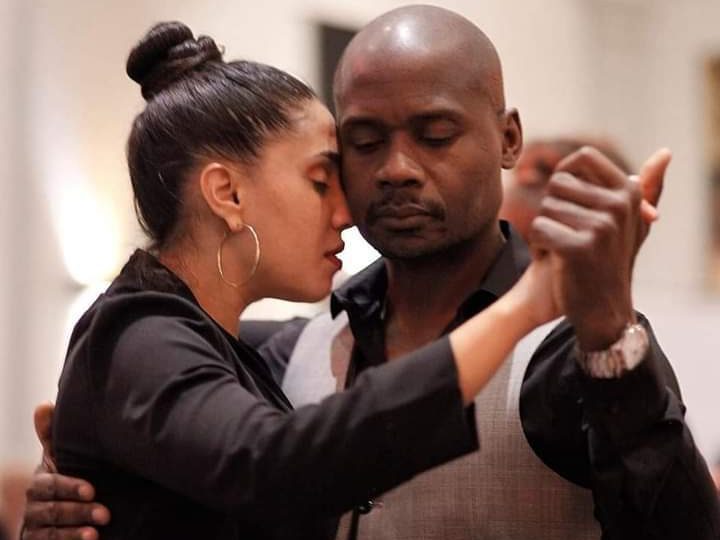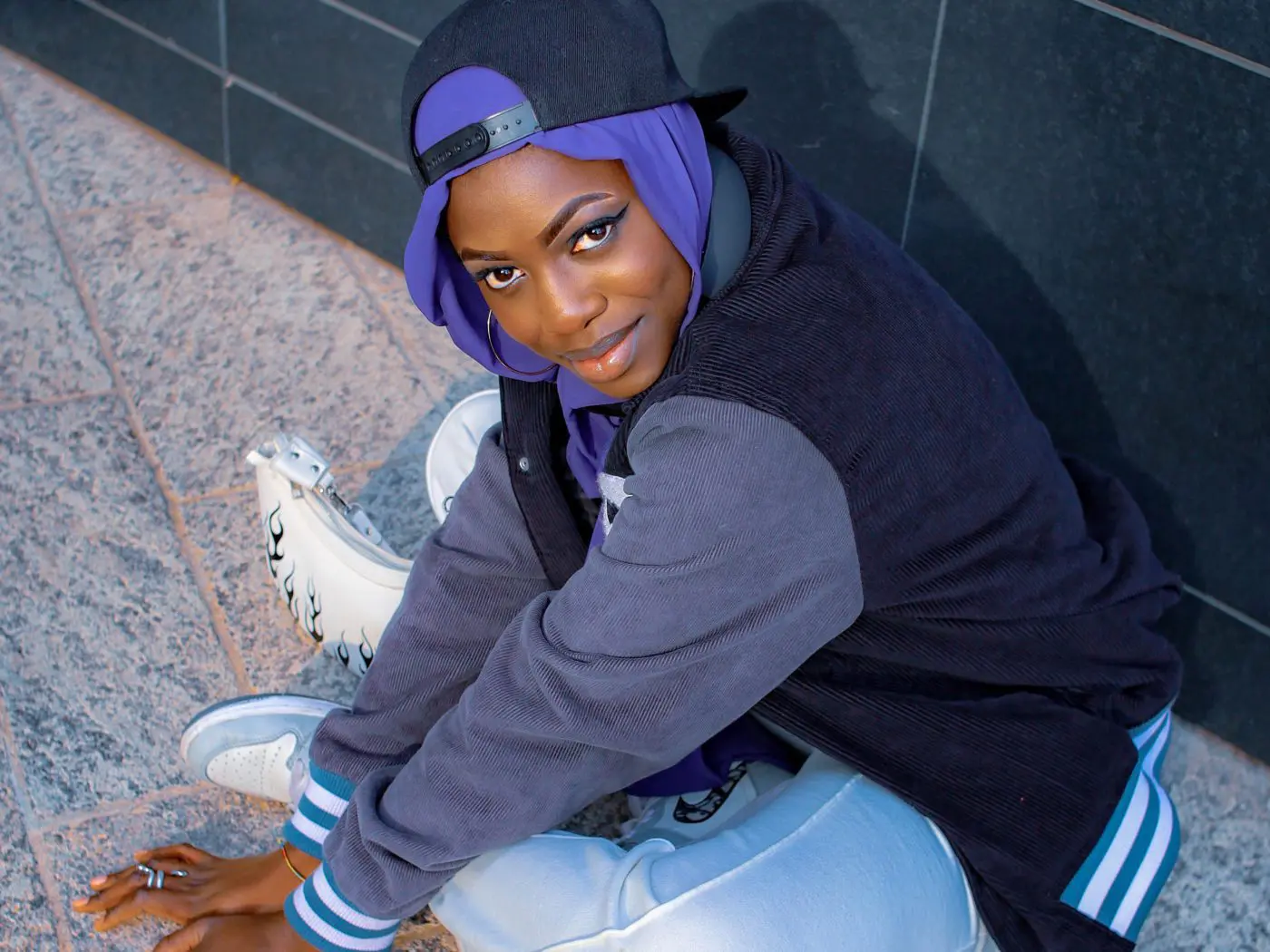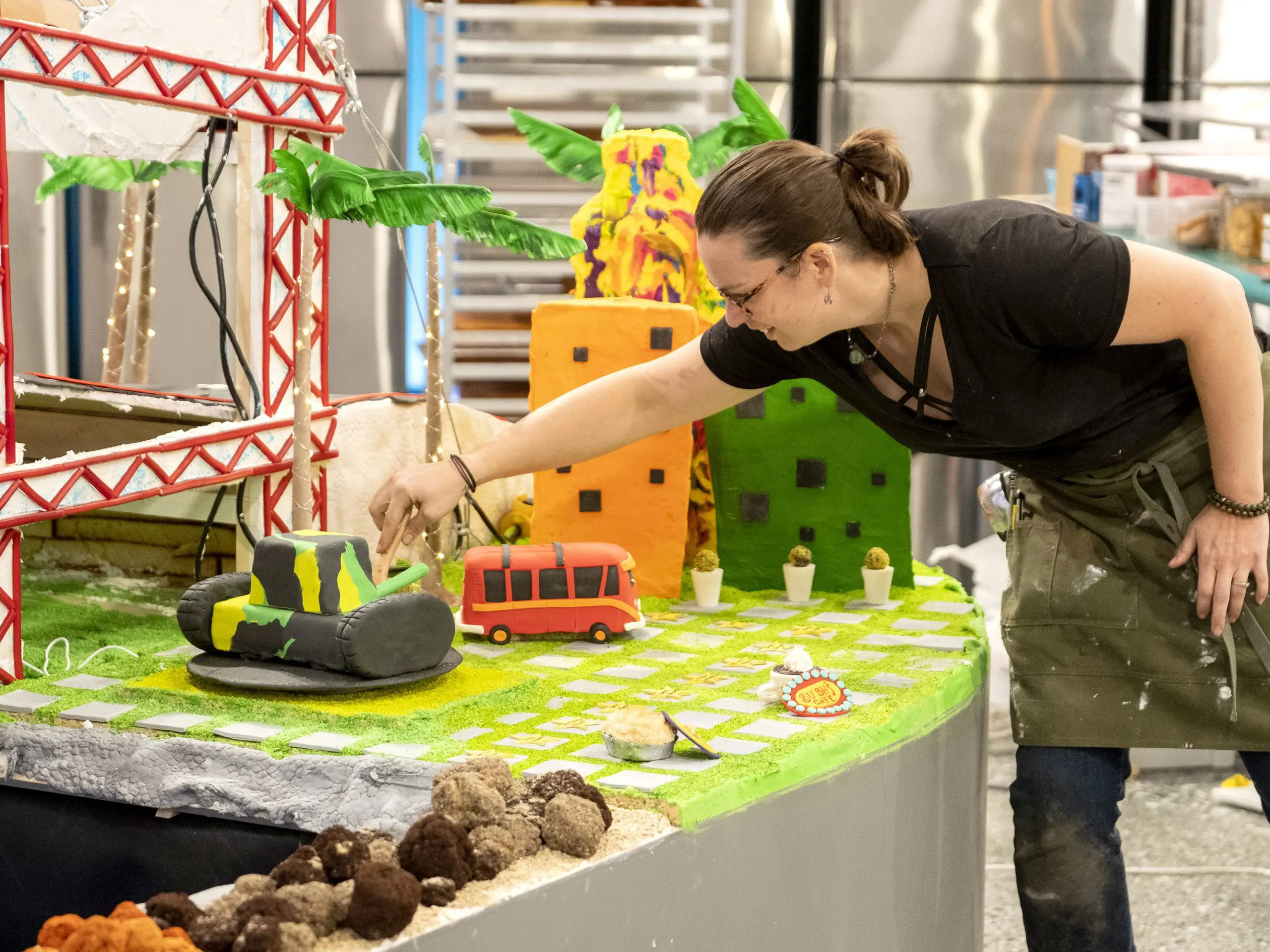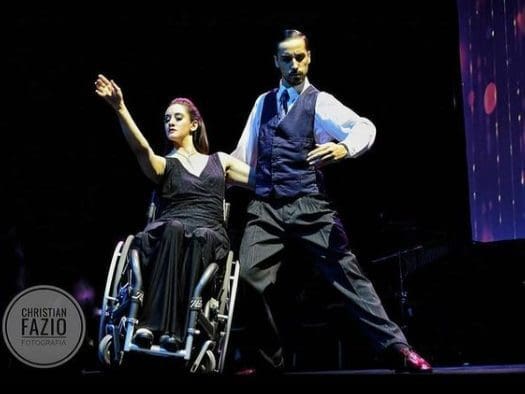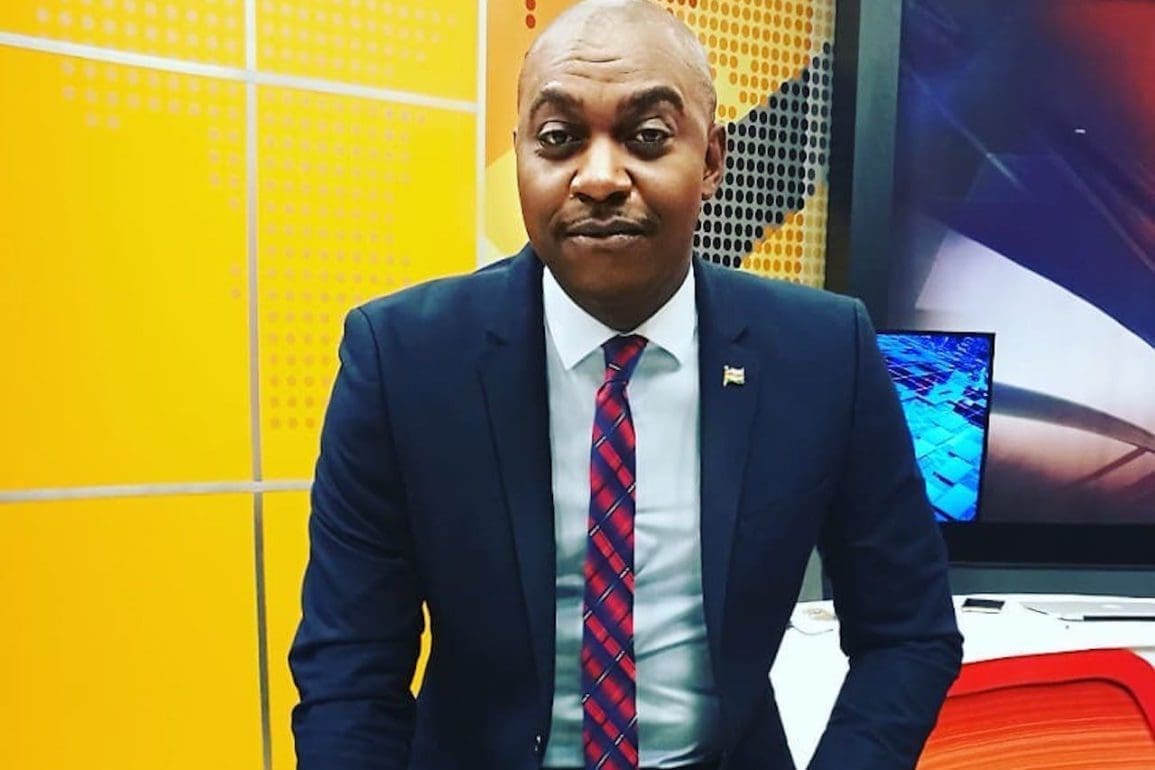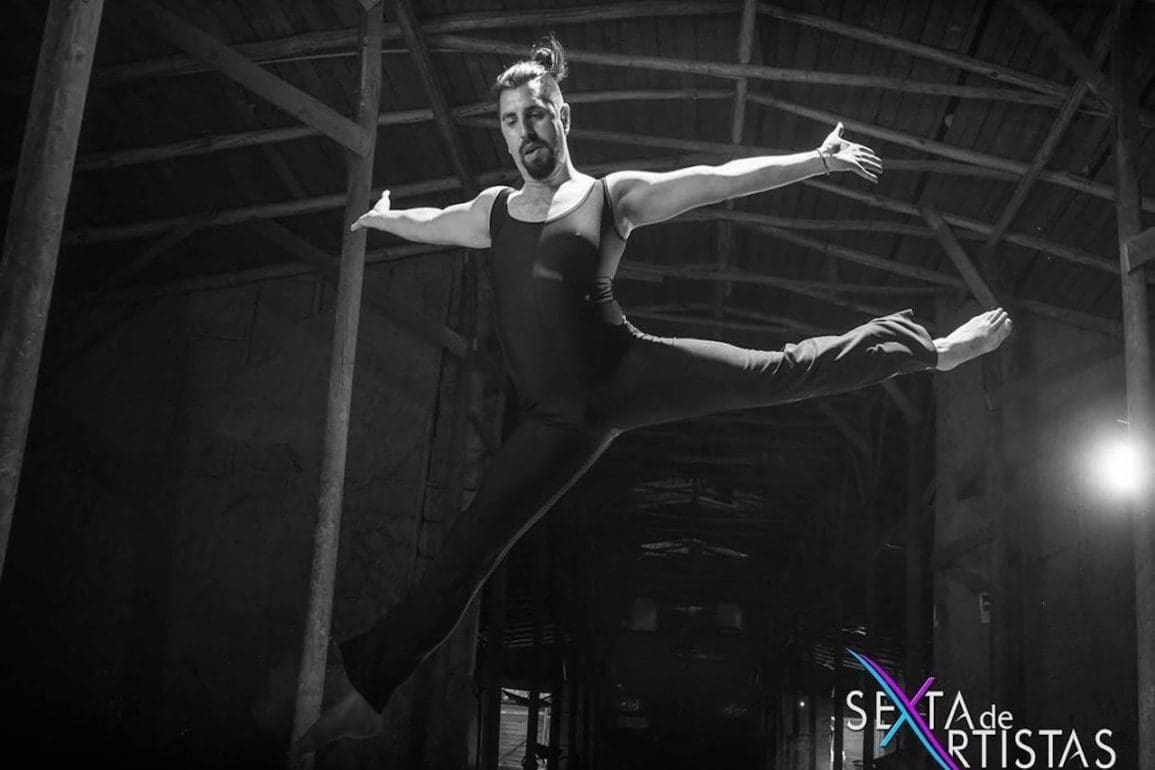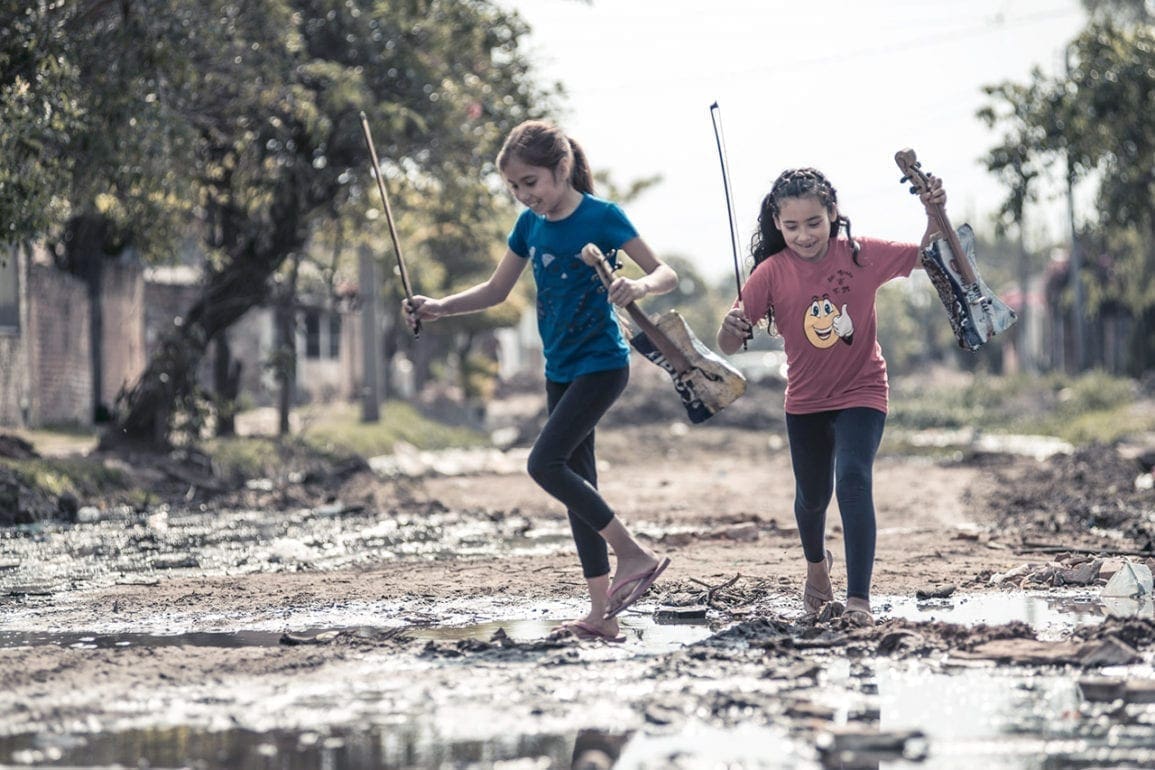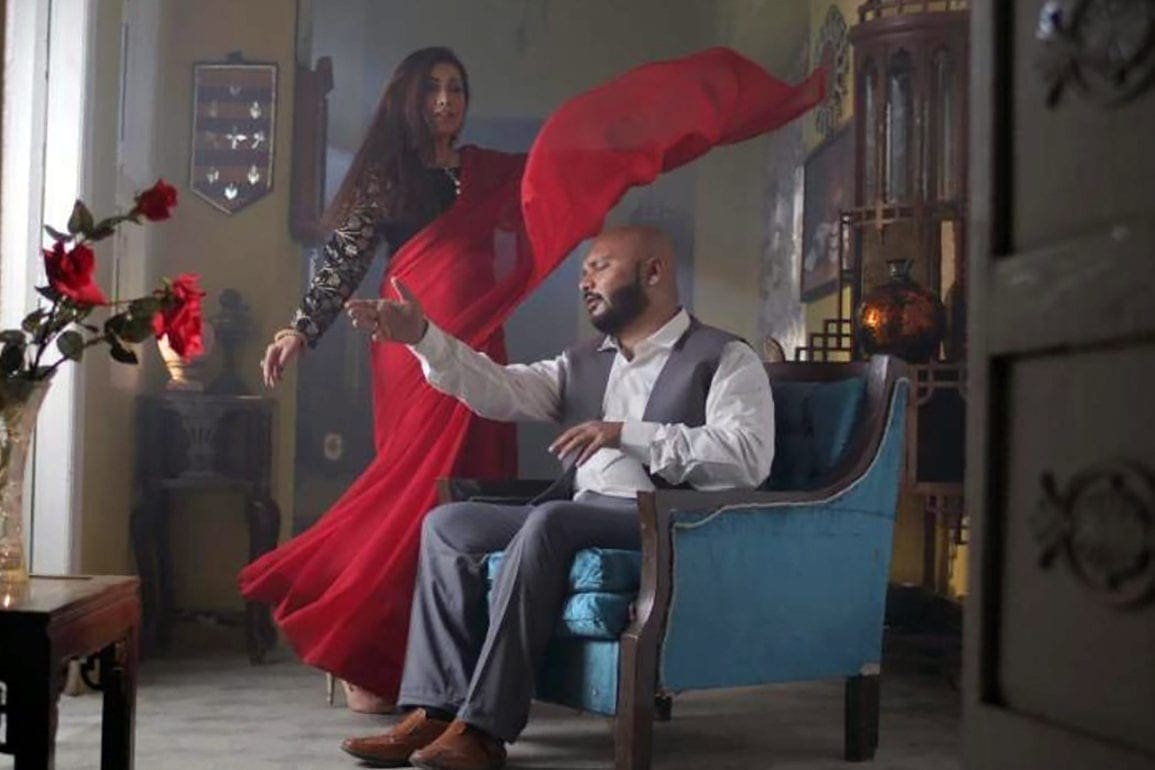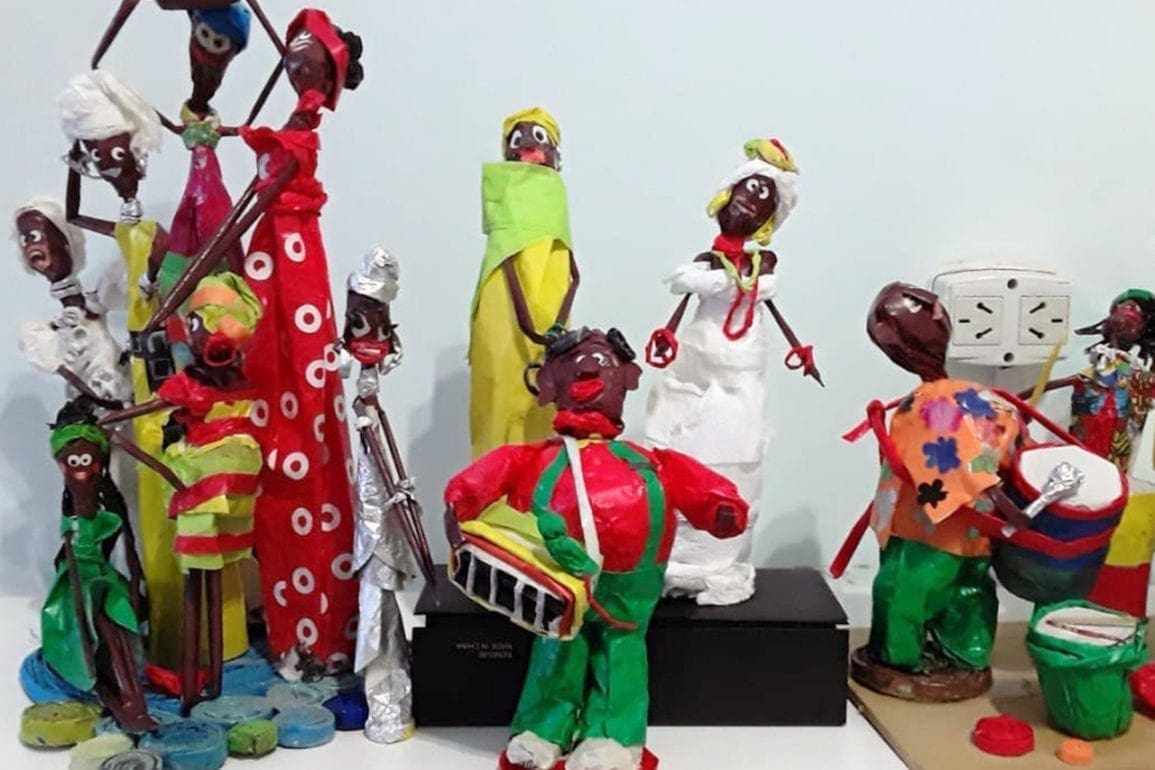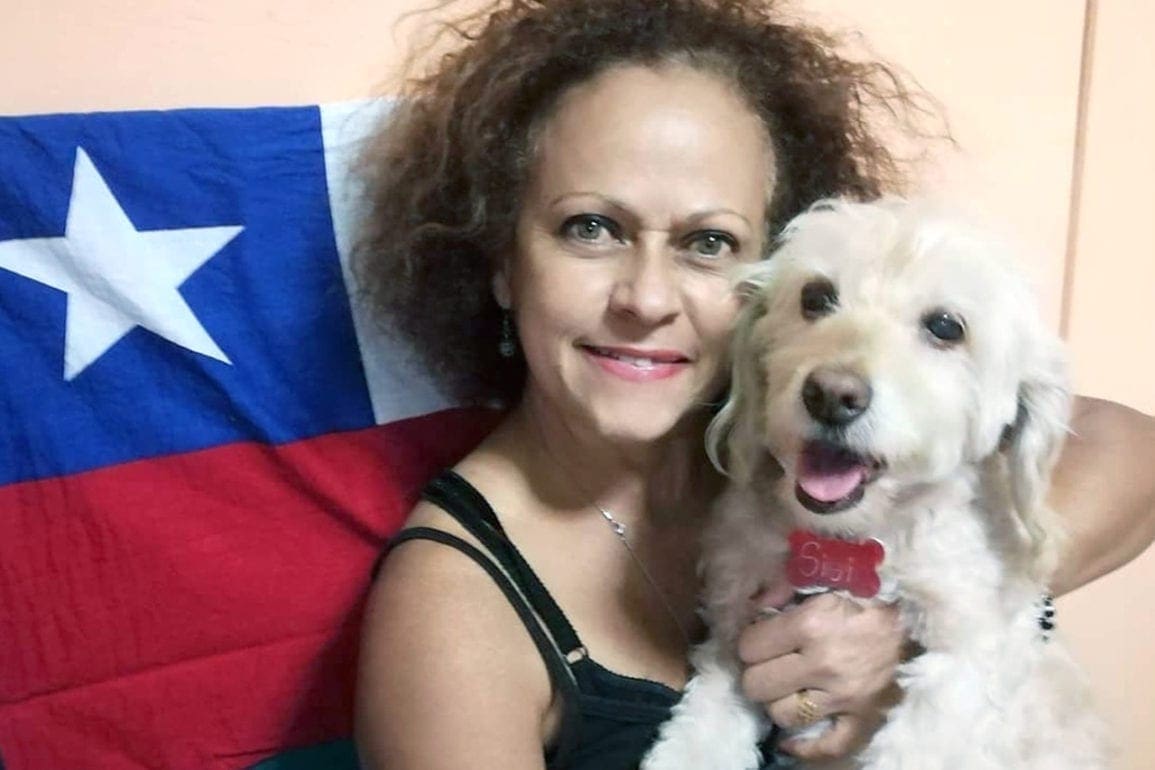Inclusive theater in Kazakhstan breaks down social prejudices
Energy, tenderness, and joy united in the performances, reflecting the atmosphere and aesthetic of our theater. Every time the students danced, I saw a little glint light up their eyes. The energy of that glint grew into a bright flame of passion that spread among the hall that day.
- 4 years ago
April 8, 2022
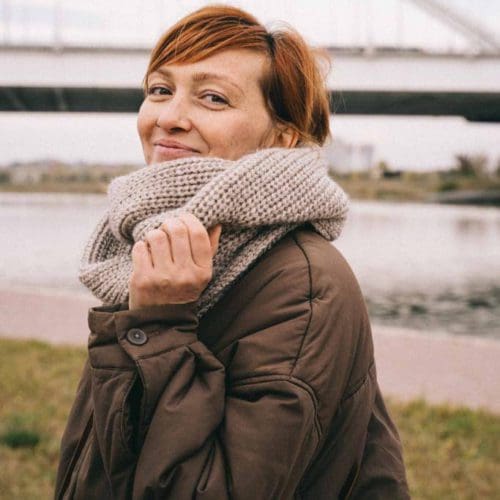
NUR-SULTAN, Kazakhstan—I was scrolling through a list of disability-inclusive theater programs in Nur-Sultan when I realized that not only were the options quite limited; all of them were for children or young teenagers. “But where do these people go afterward?” I thought.
Finding no answer to my question, I decided to open my own inclusive theatrical school that would help people with special needs socialize and show their abilities.
Social prejudice against those with disabilities
Here, in Kazakhstan, and perhaps in many other places too, when people see someone with a disability, they ask about their diagnosis first and only then ask about their names. It shouldn’t be so.
One of my pupils, Aida, is an Instagram blogger and an aspiring actress, but people usually refer to her as “the girl with Down syndrome.”
The same thing happened with every one of the 26 teens who study in our inclusive school. They’re seen in society as their disability rather than a person who thinks, feels, and dreams like everyone else.
We decided to break these prejudices down by staging a musical performance, “Dreamers.”
An inclusive showcase of joy, energy and tenderness
We started working on our musical in fall 2019. We hired more than 50 volunteers to help us write songs, choreograph dances, and teach the teens the basic rules of acting.
I especially loved their dances. The choreographers were able to create pieces that captured the special features of each dancer. I found them so beautiful.
Energy, tenderness, and joy united in the performances, reflecting the atmosphere and aesthetic of our theater. Every time the students danced, I saw a little glint light up their eyes. The energy of that glint grew into a bright flame of passion that spread among the hall that day.
When the spotlights shone on the teens signifying the end of the musical, they grabbed each other’s hands and took their bow for the public. I could barely hold in my tears, and my heart beat loudly in my chest. It felt like many little needles pricked my skin. I was so proud of these children, of my little dreamers.
However, deafening applause interrupted my thoughts. I turned around and saw everyone in the hall standing up from their seats, clapping until the performers hid behind the curtains.
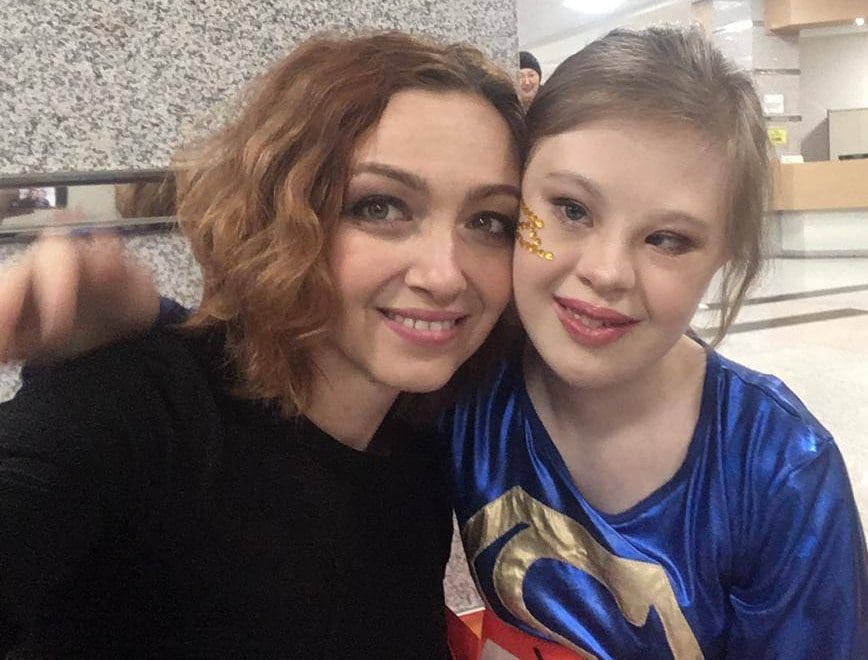
A small step towards big changes
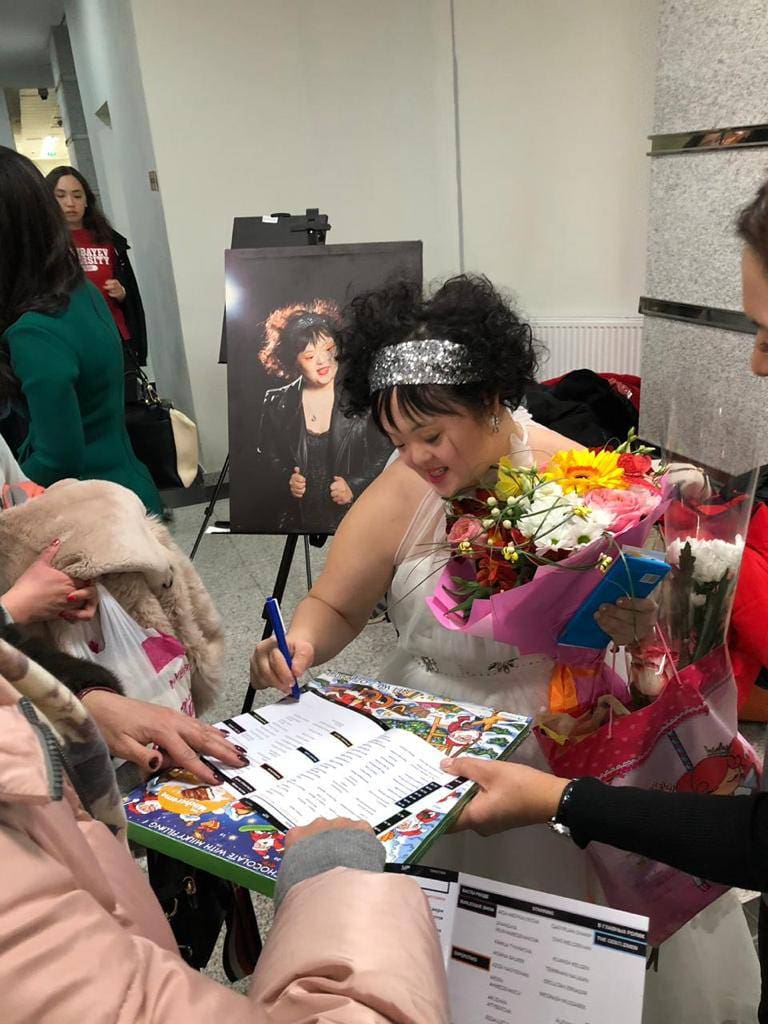
As I went to the lobby to praise my dreamers, I couldn’t see them in the crowd of people walking out of the hall. I went through the crowd, hearing a chorus of voices complimenting “these amazing children.” “I want to see this performance again!” exclaimed one woman. I couldn’t help but smile.
My dreamers were at the head of this crowd, many of whom were queuing with pens in their hands and smiles on their faces.
“I always wanted to sign autographs,” whispered Aida. “I might seriously start my career in acting.”
“You will be the greatest actress,” I told her. I felt like I would burst with pride that my little school had helped give her this moment of confidence and hope.
Zhibek Satenova is a member of Orato’s Spring 2022 Writer’s Workshop & Internship Program.

